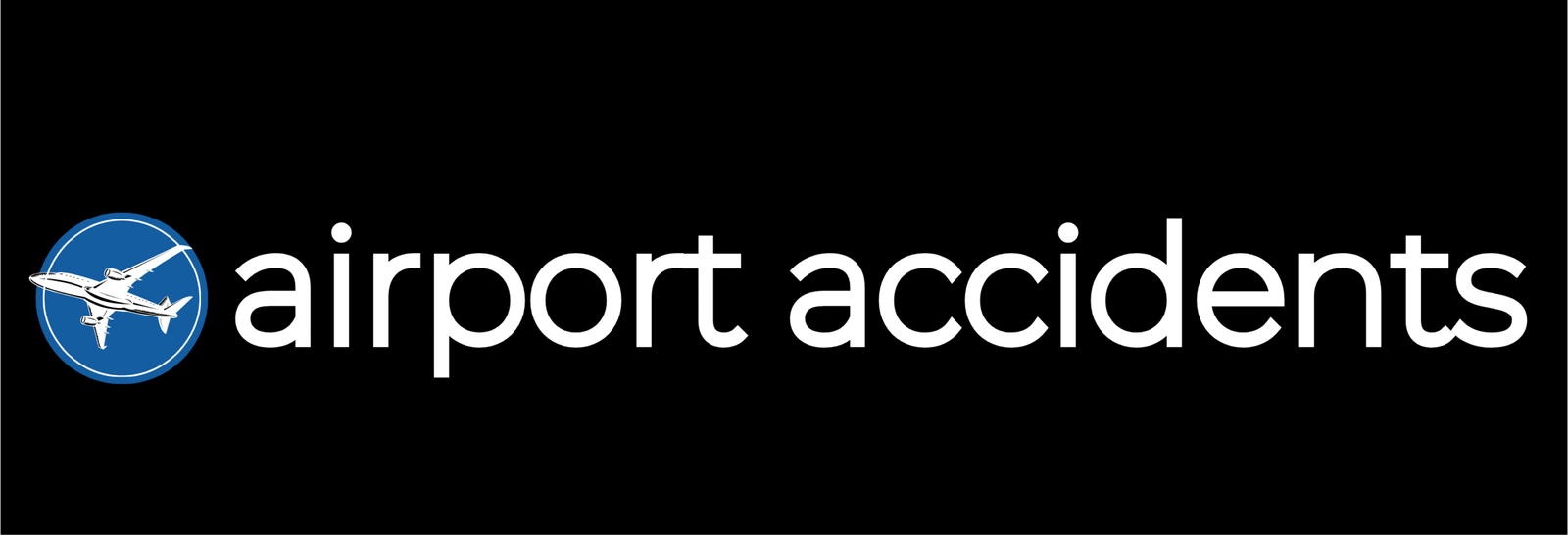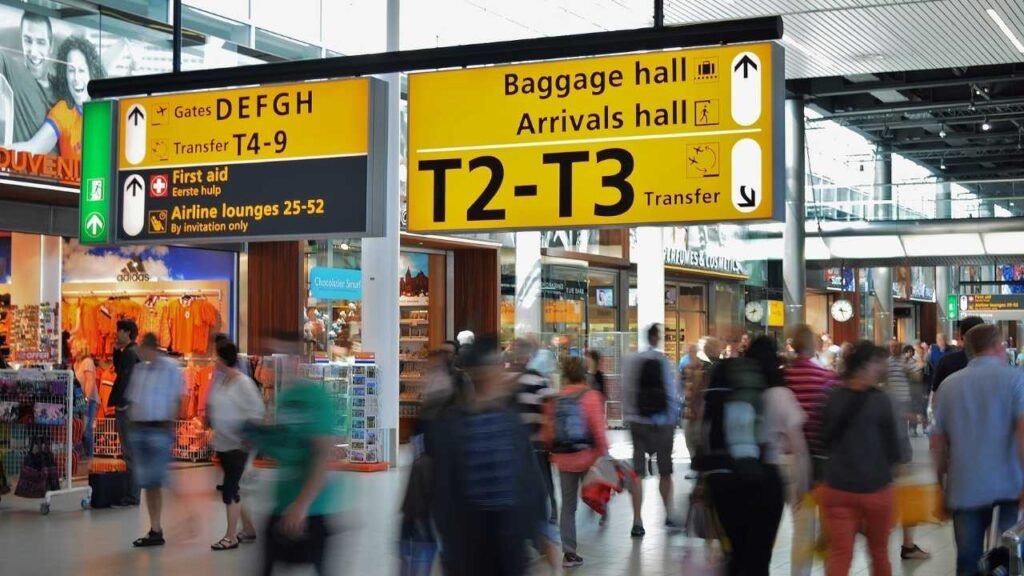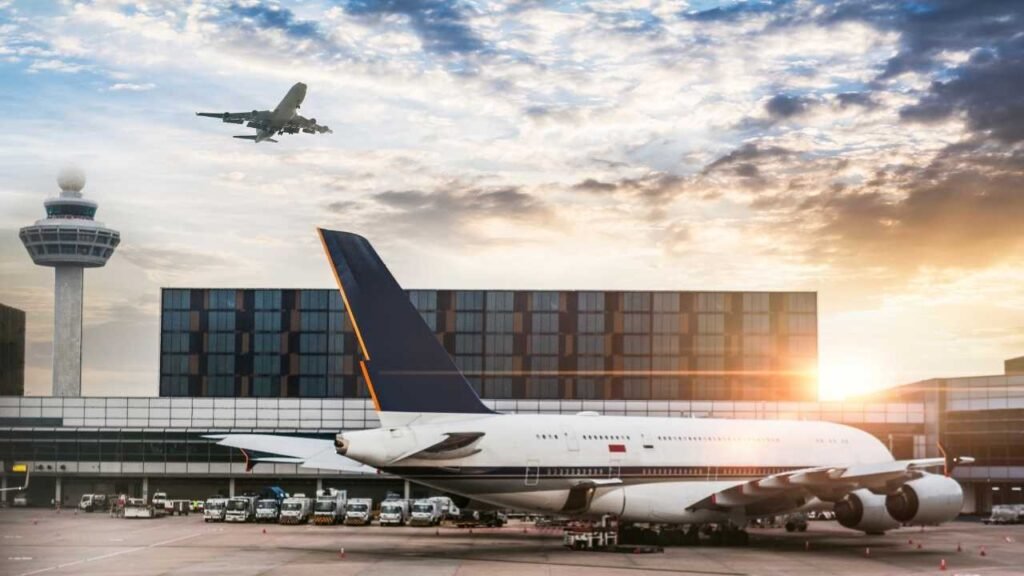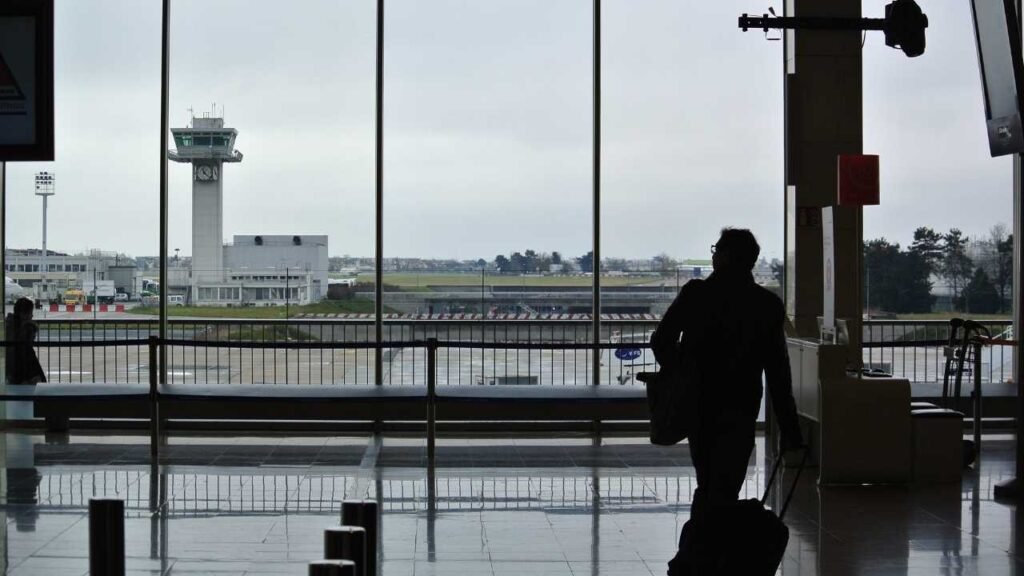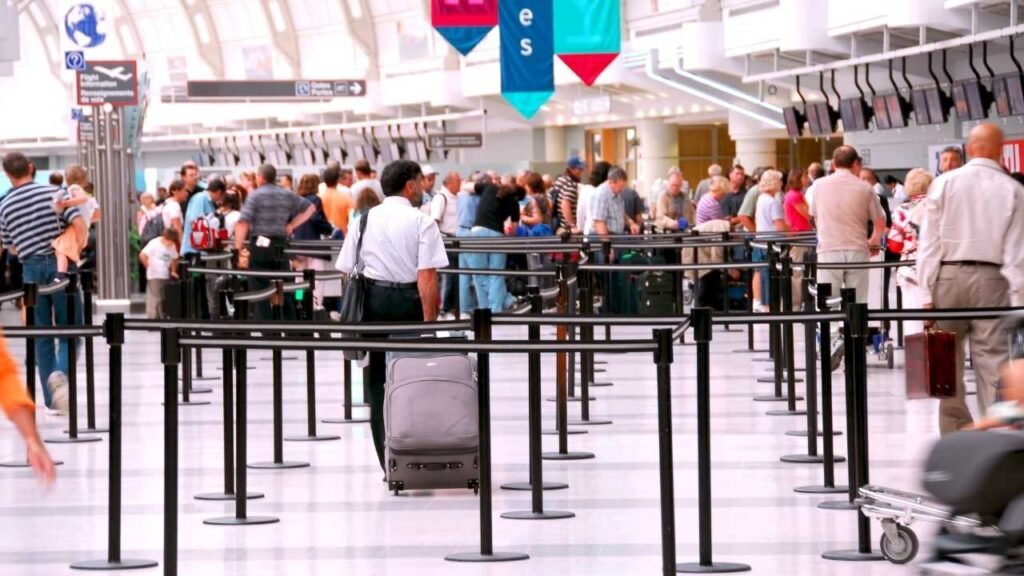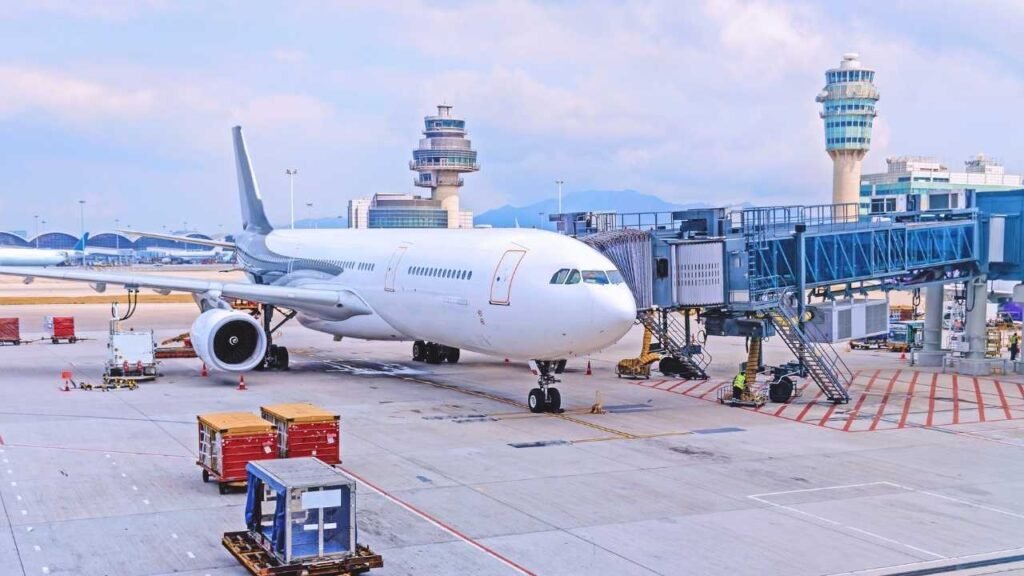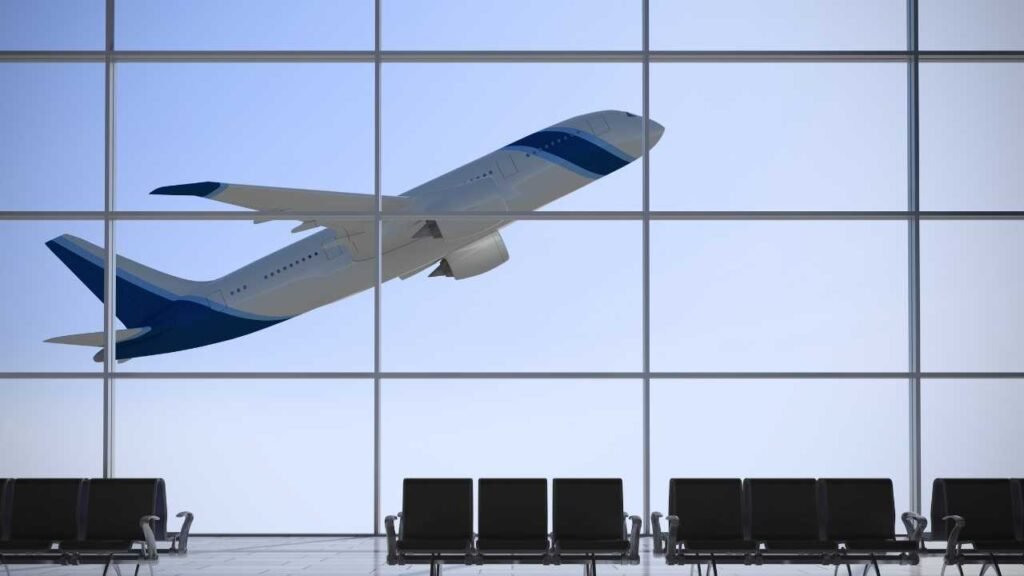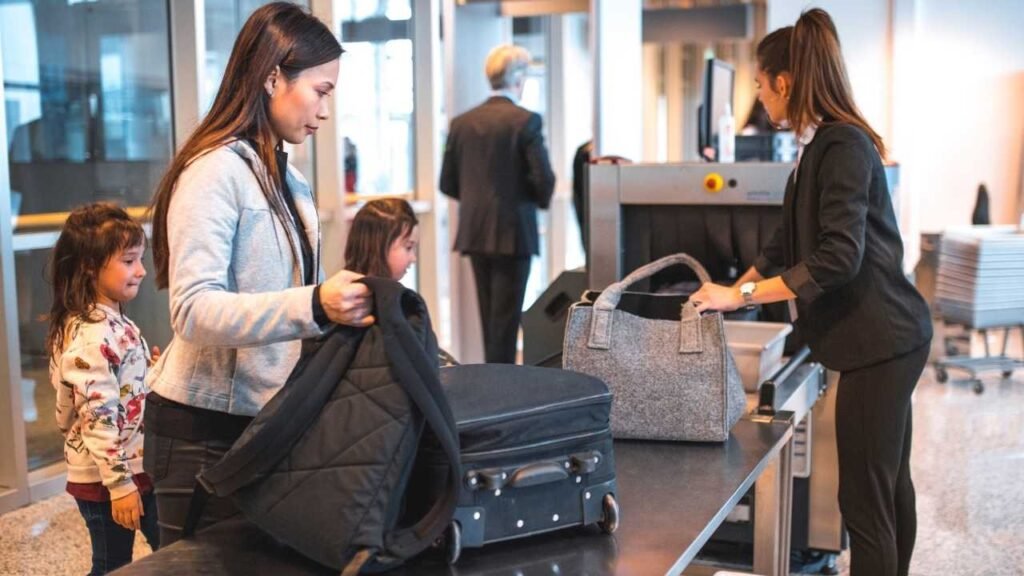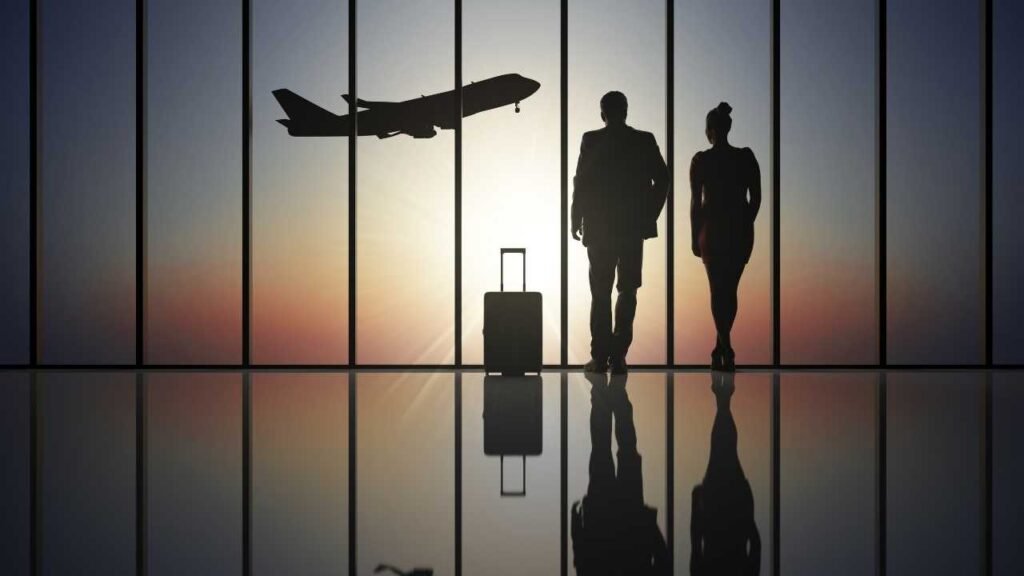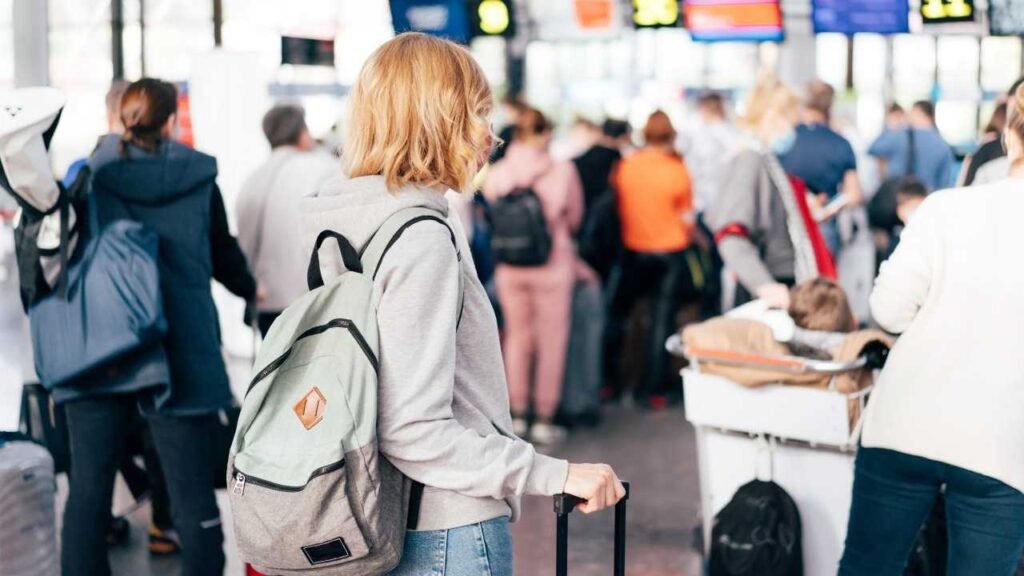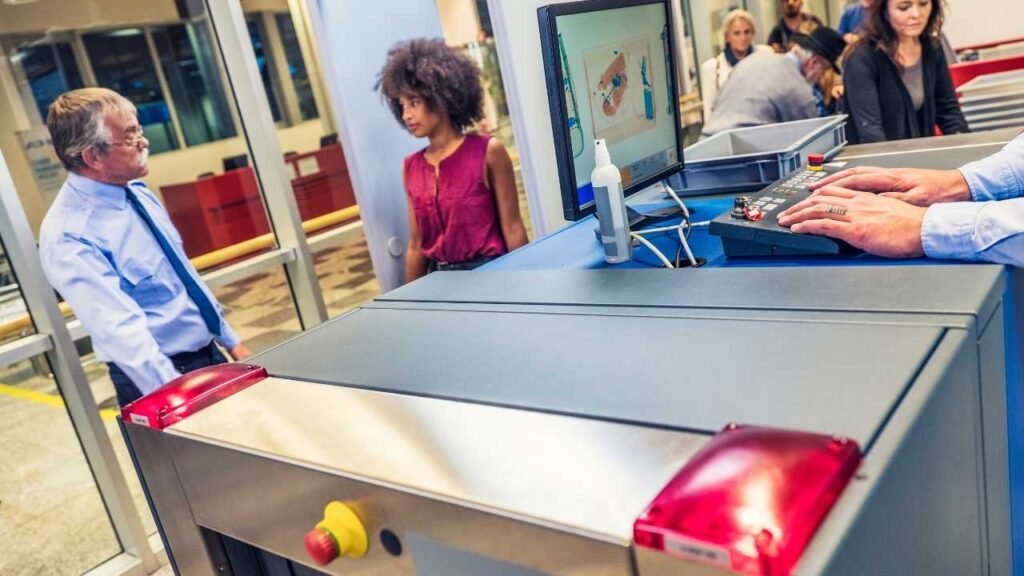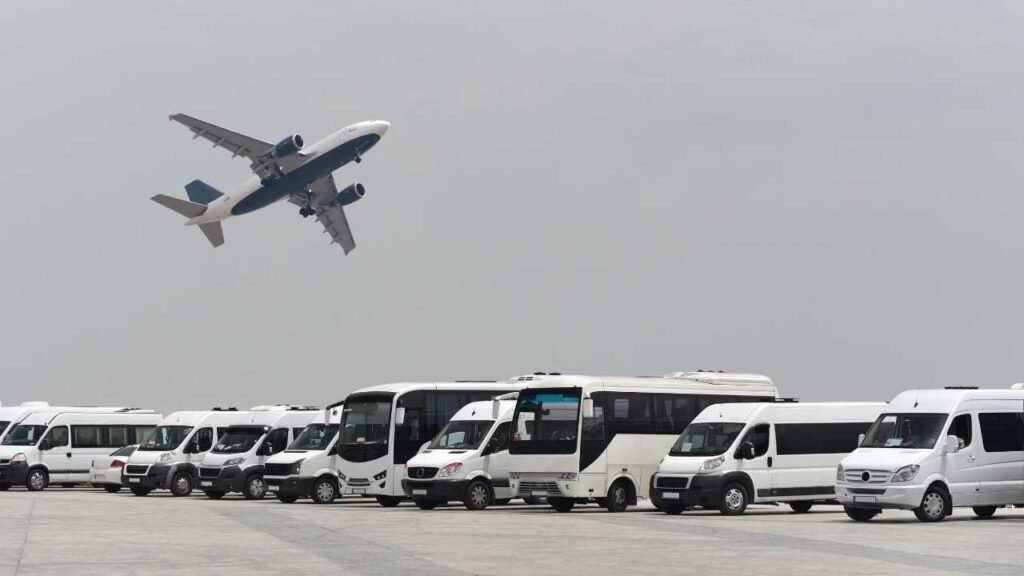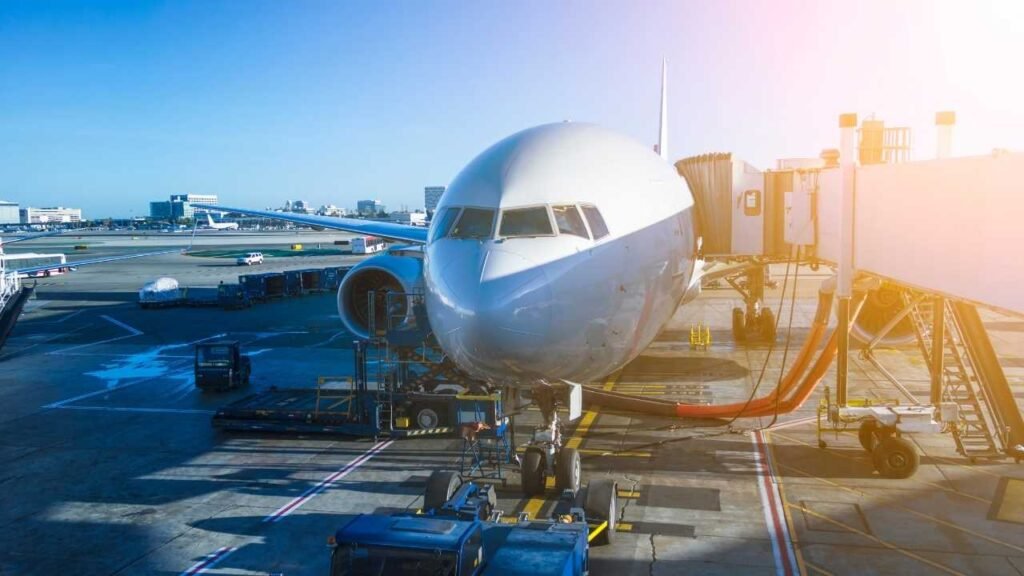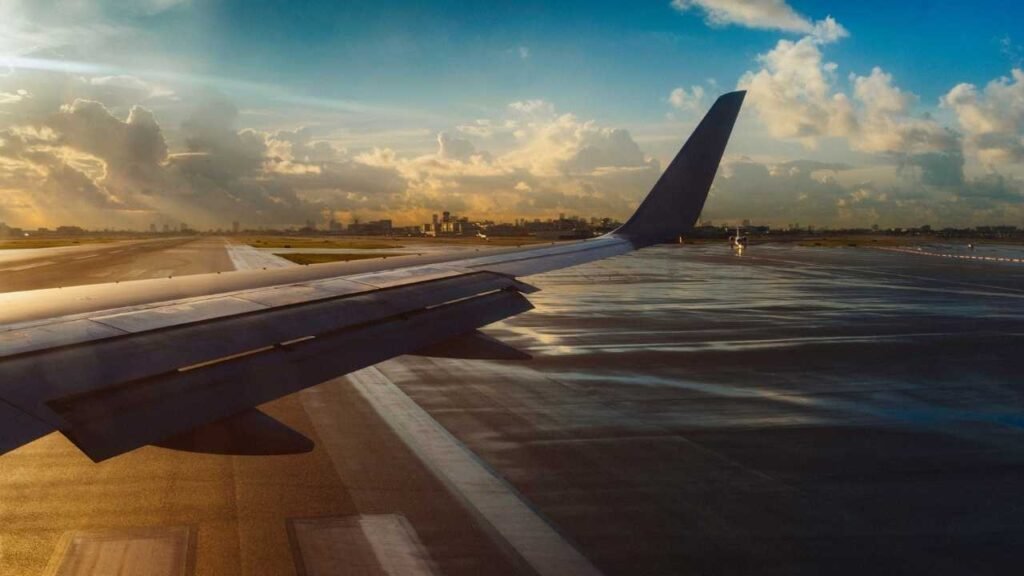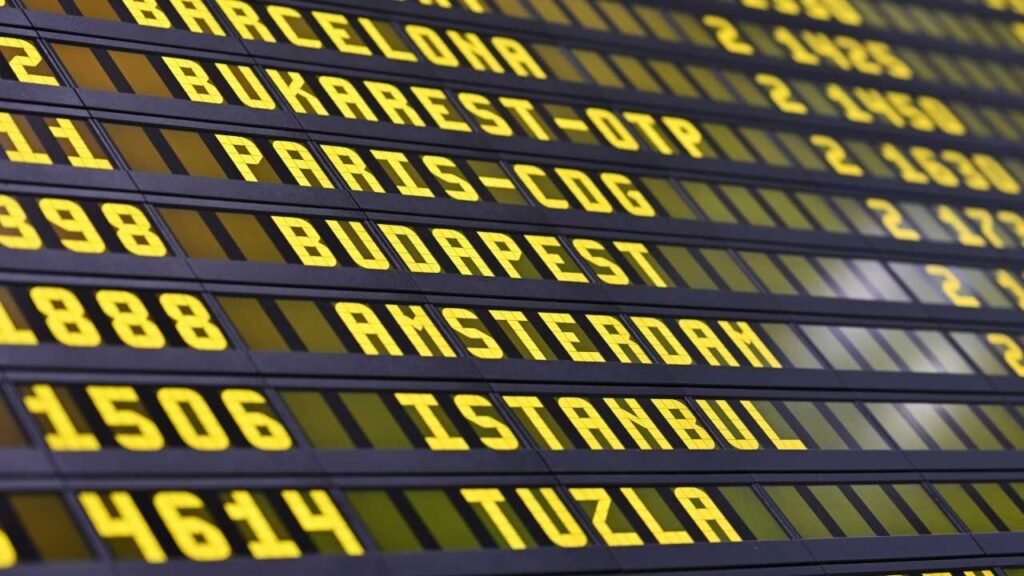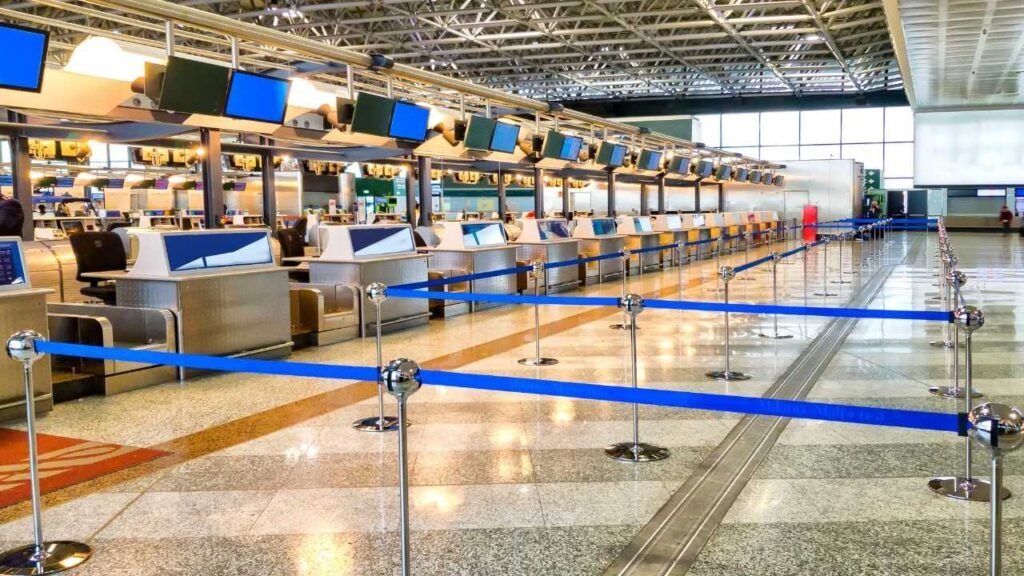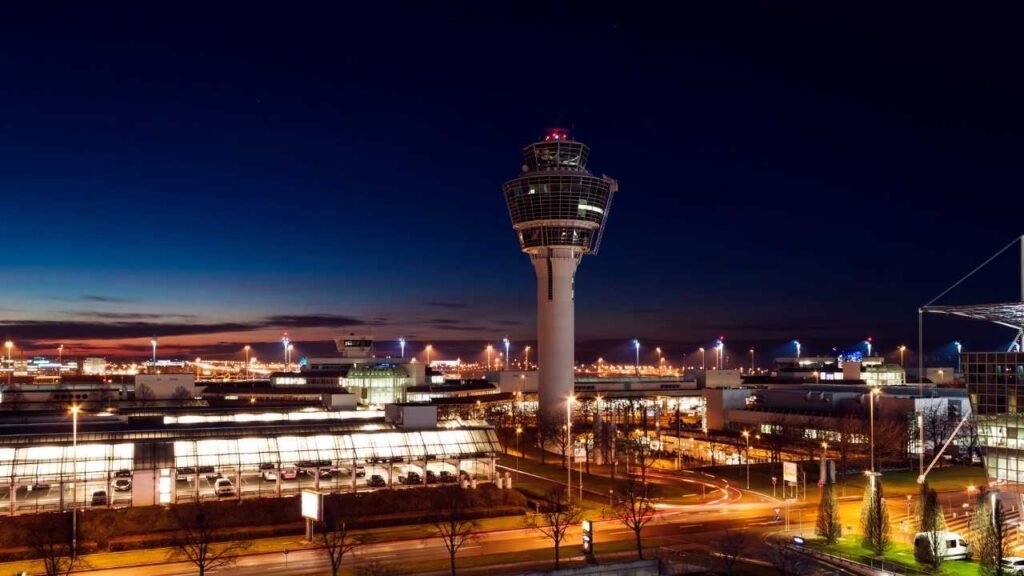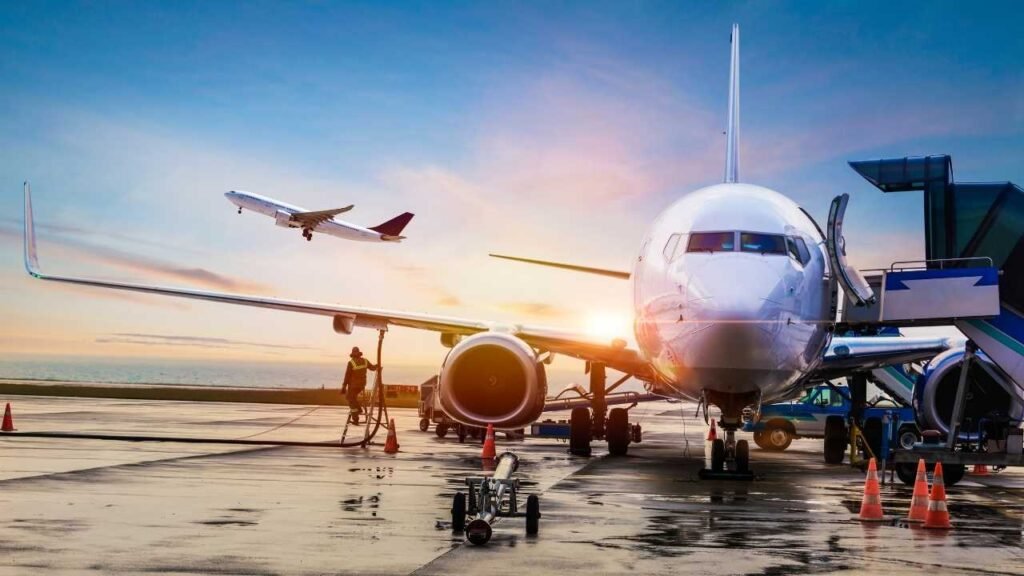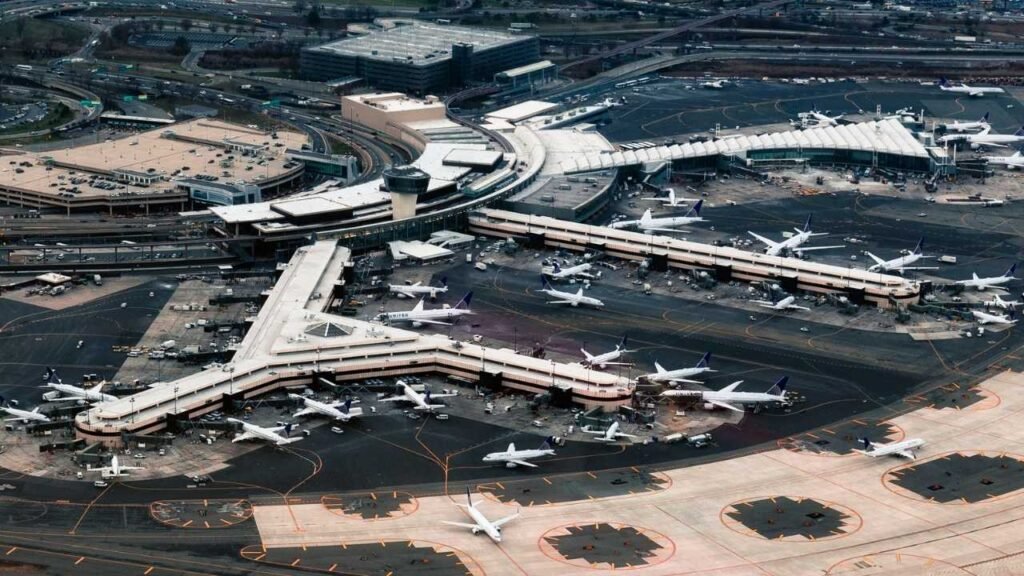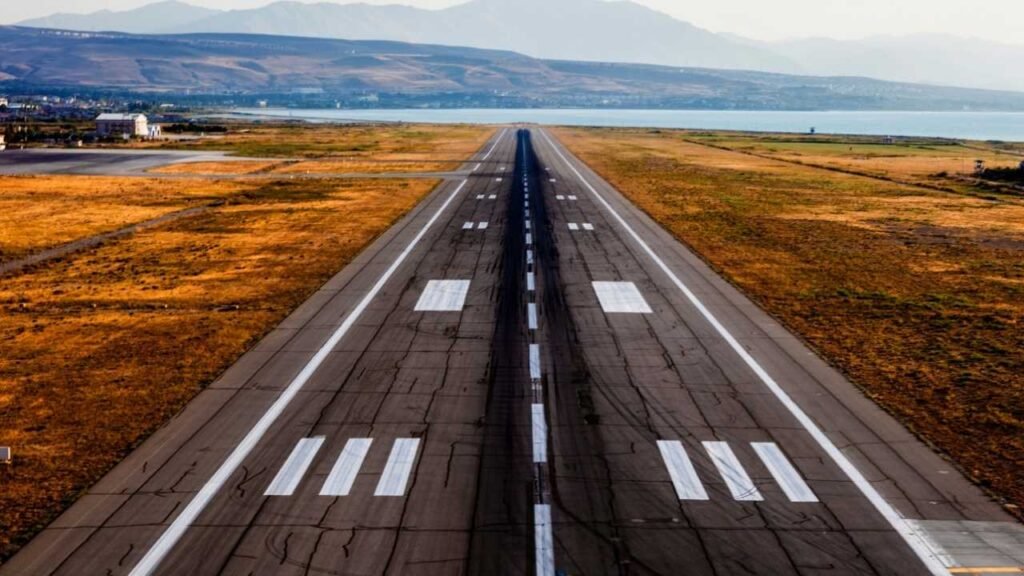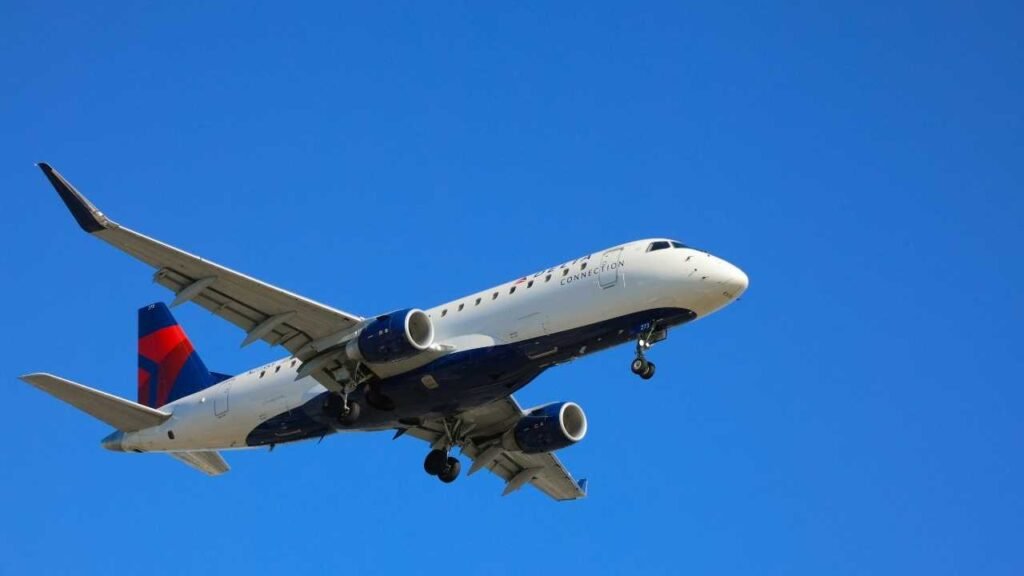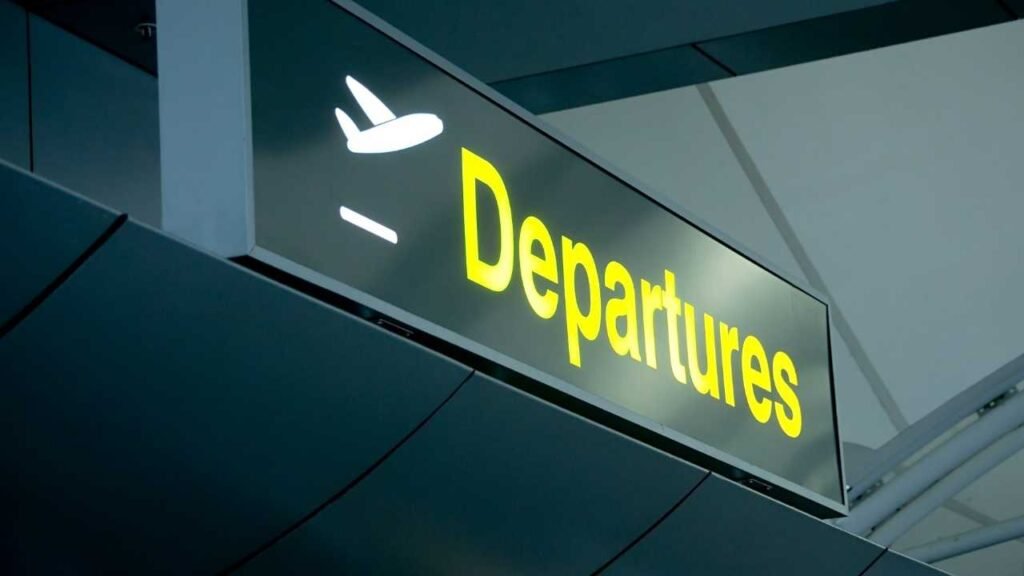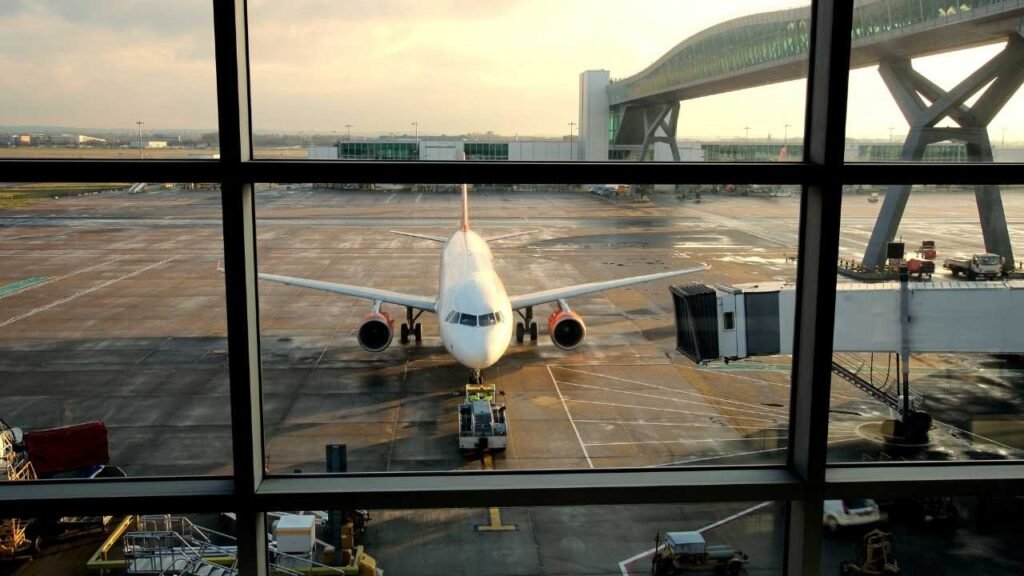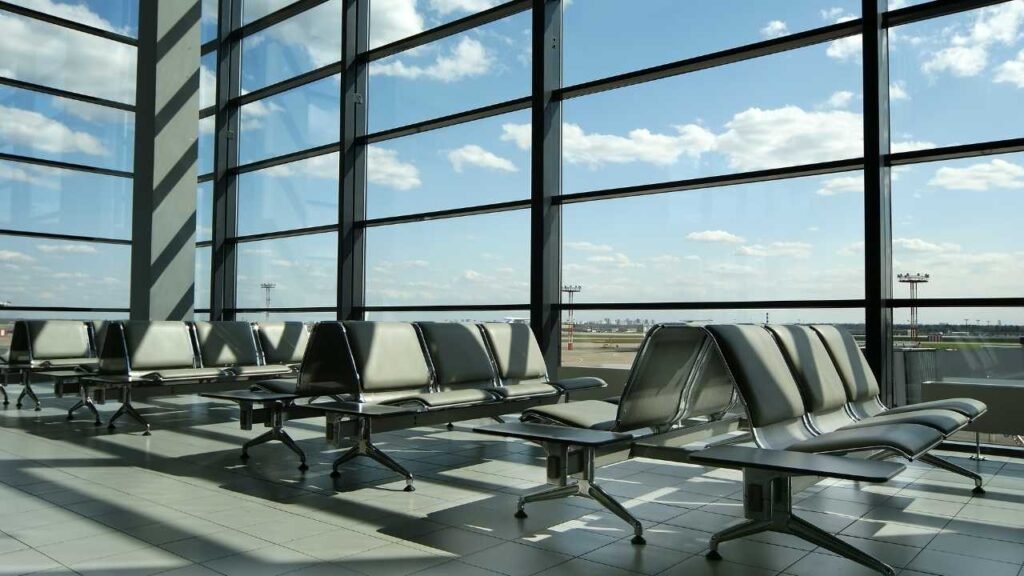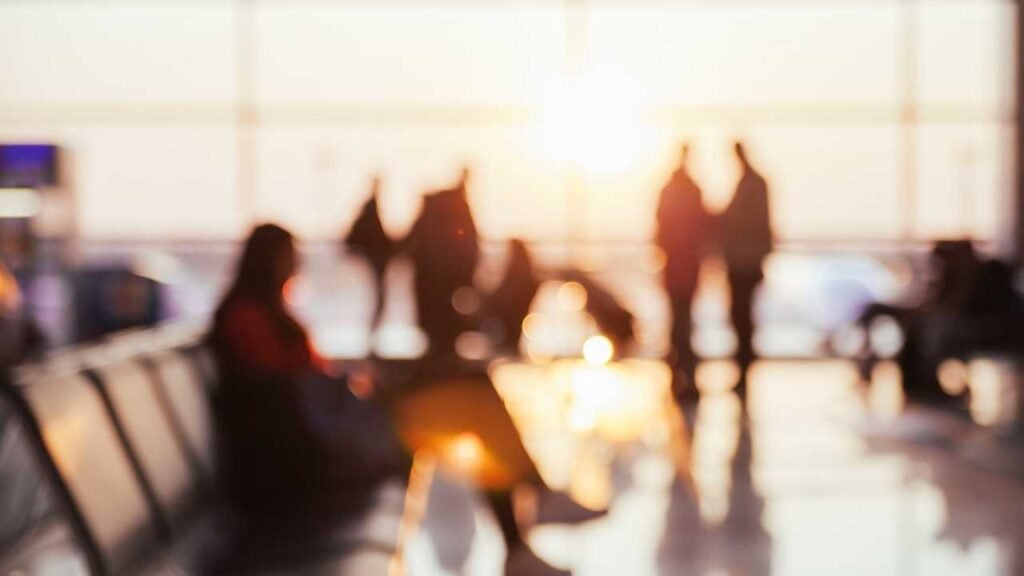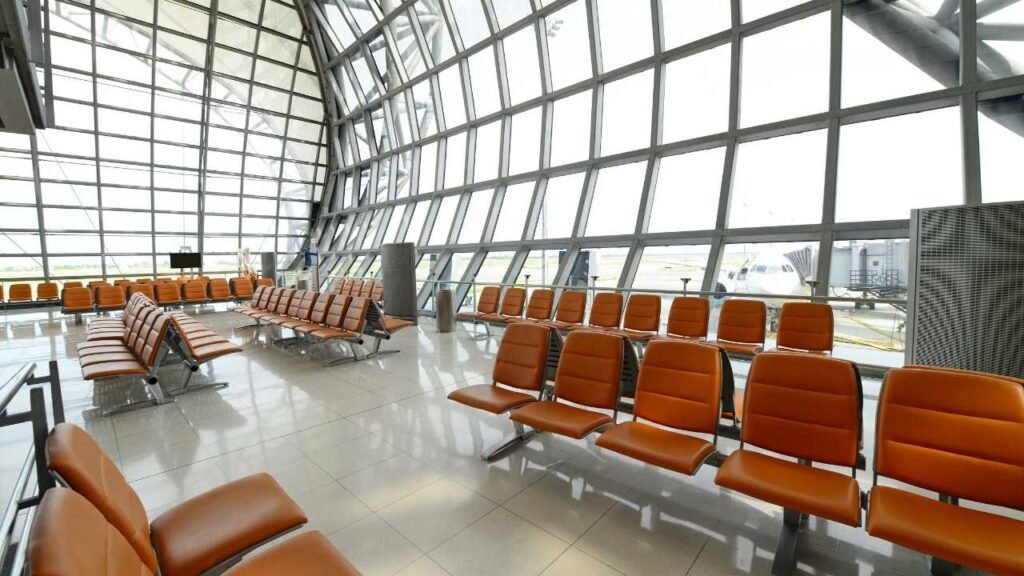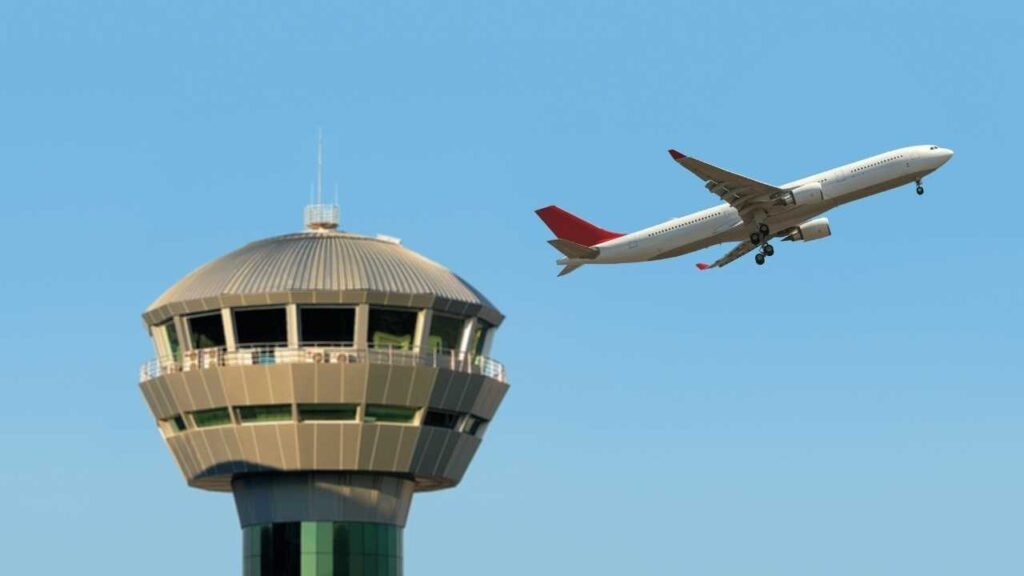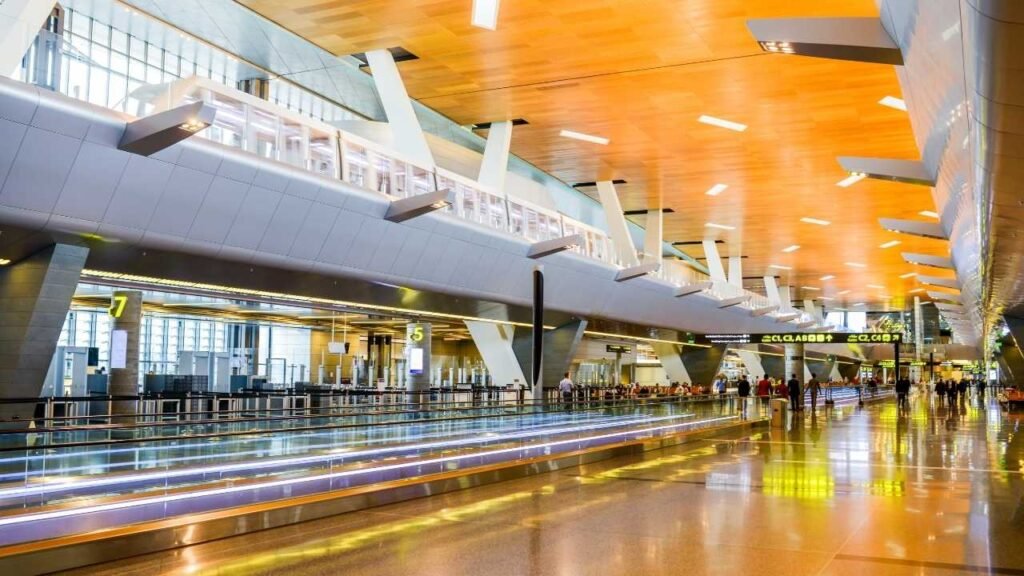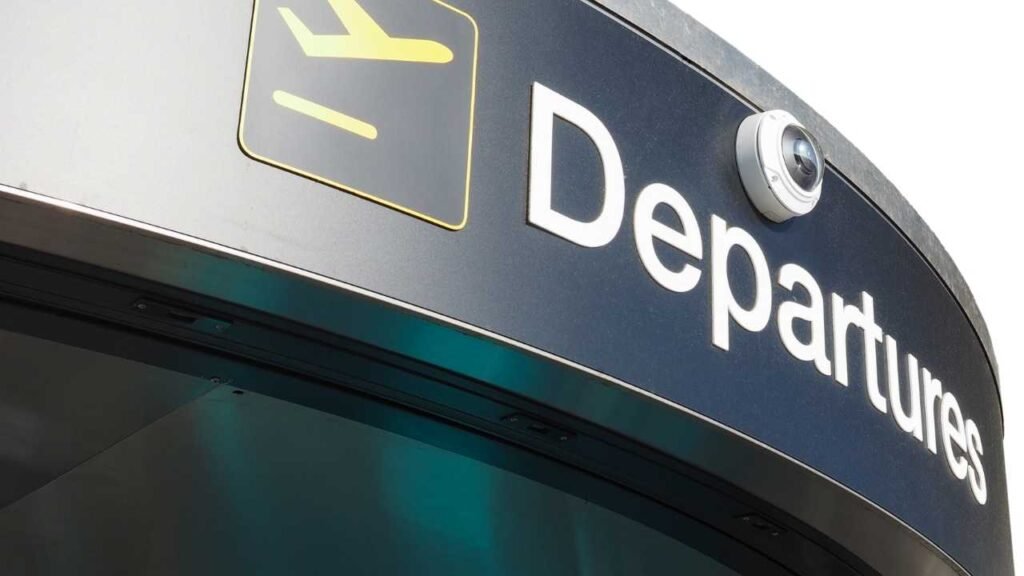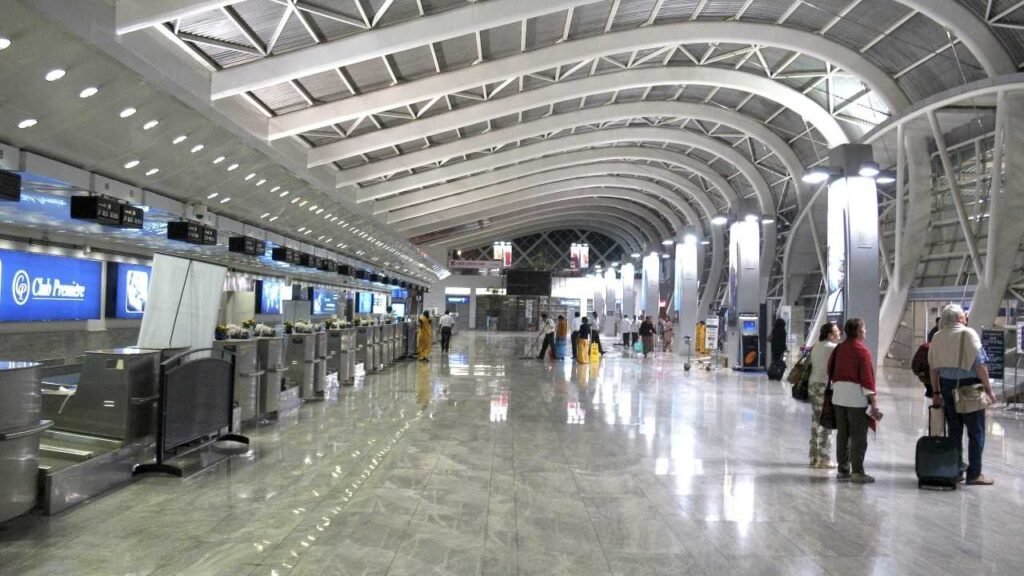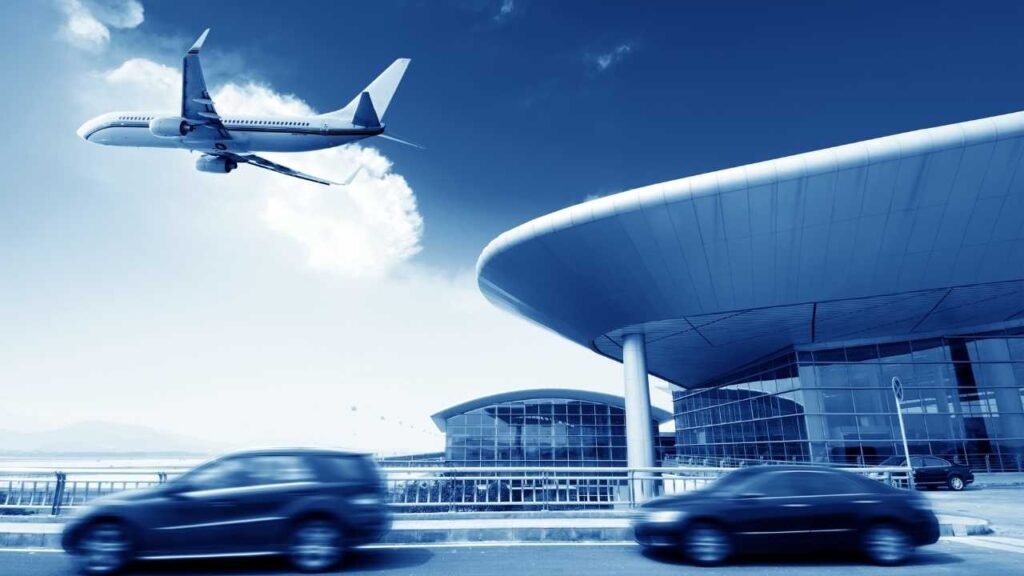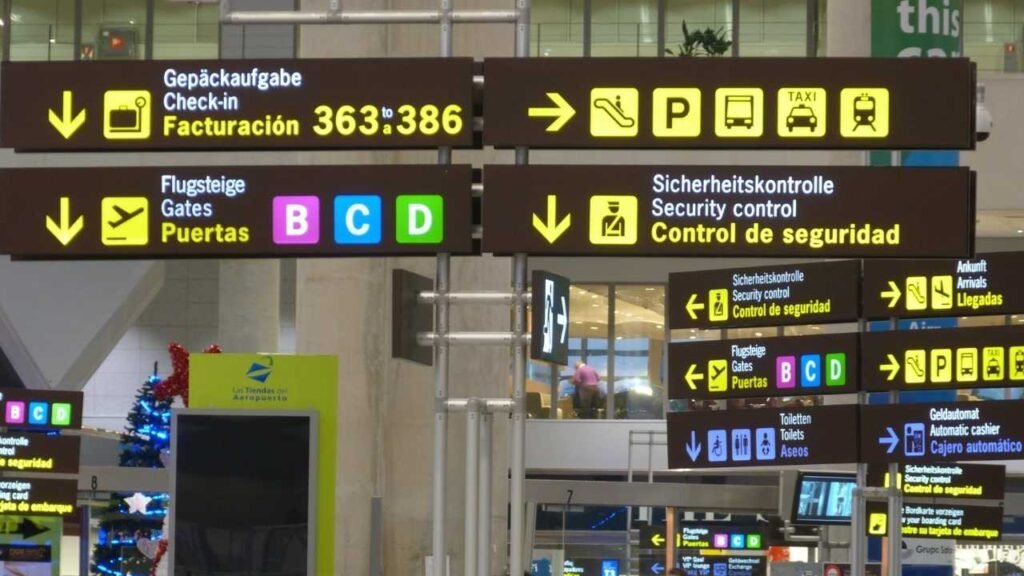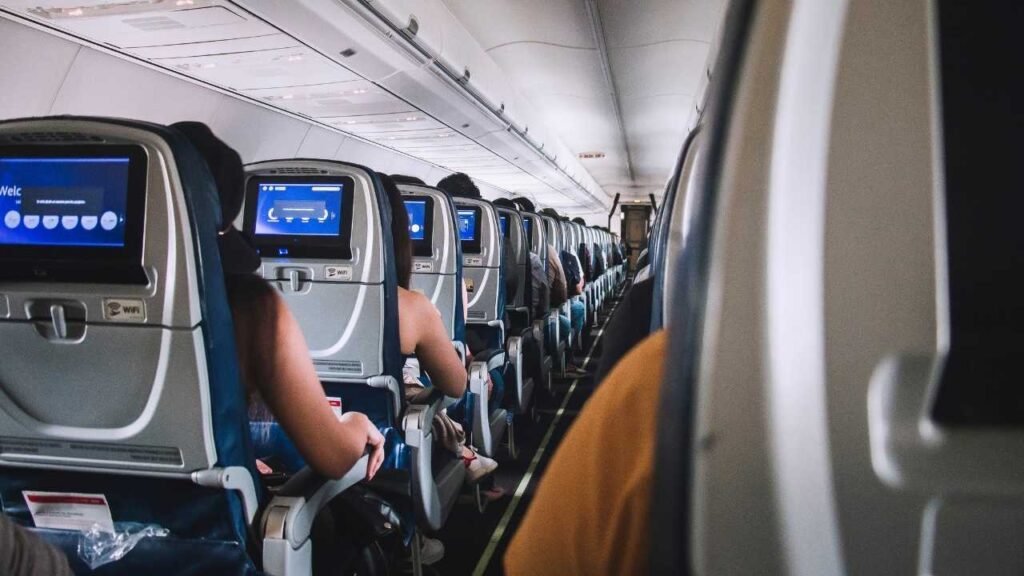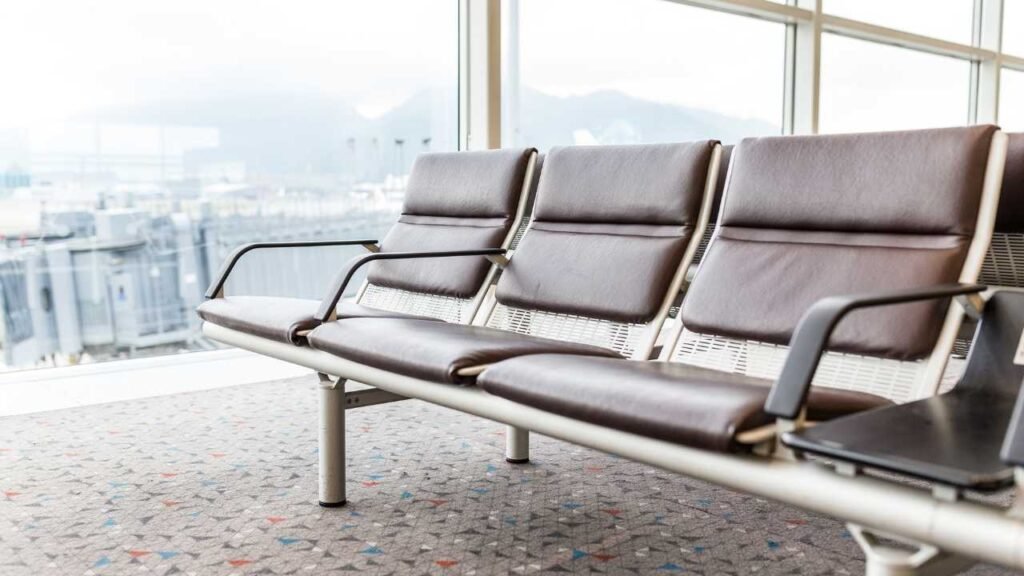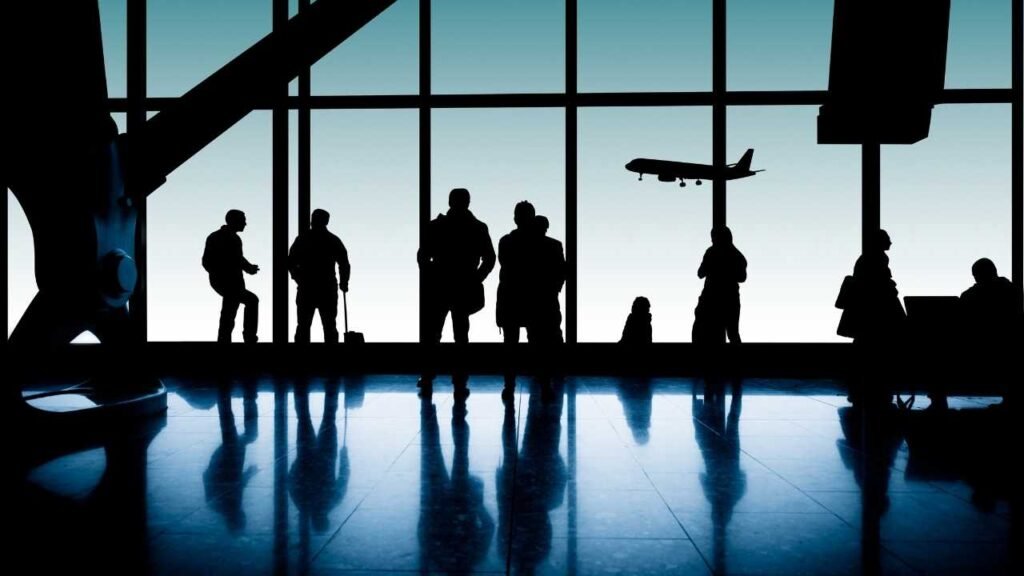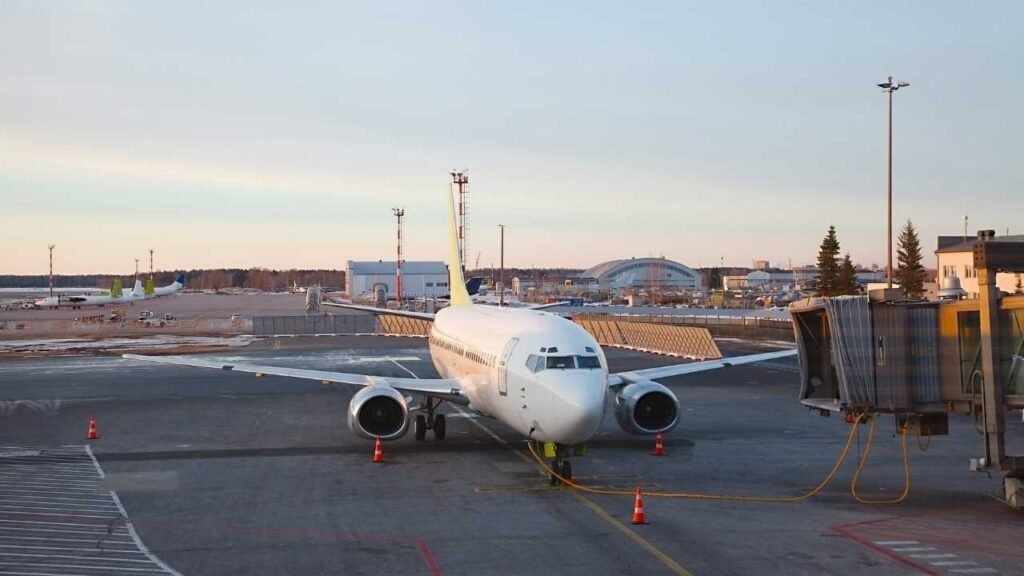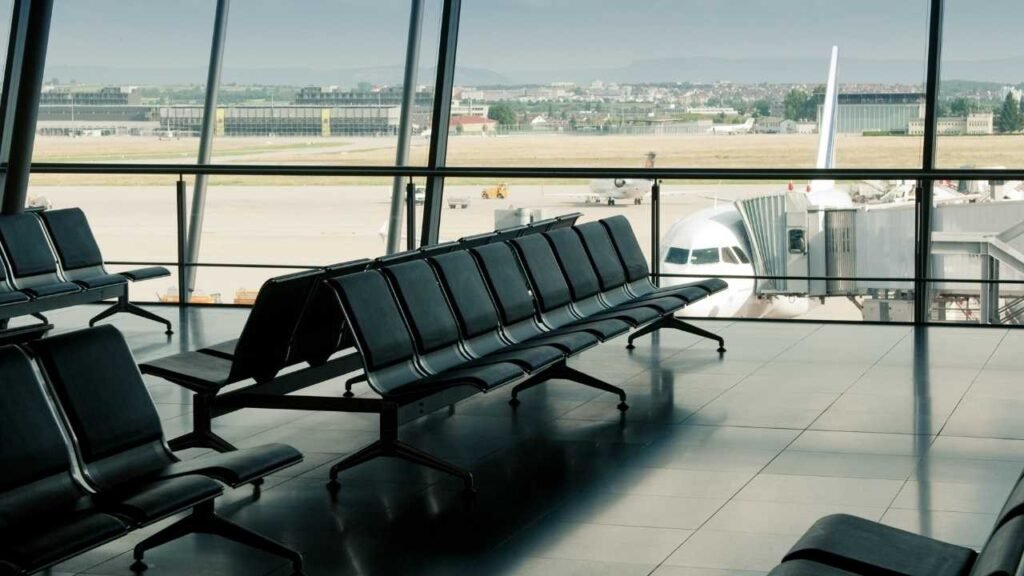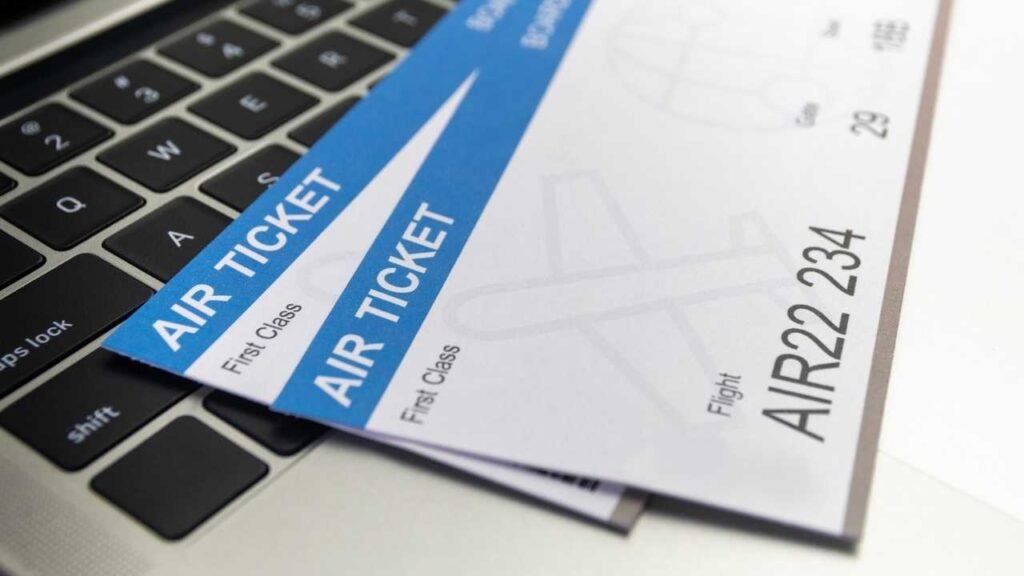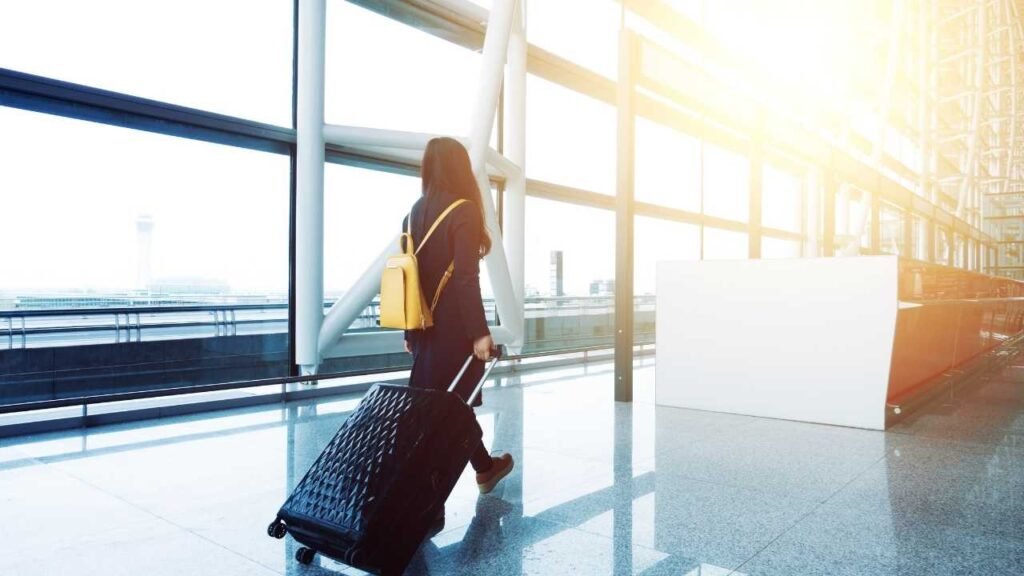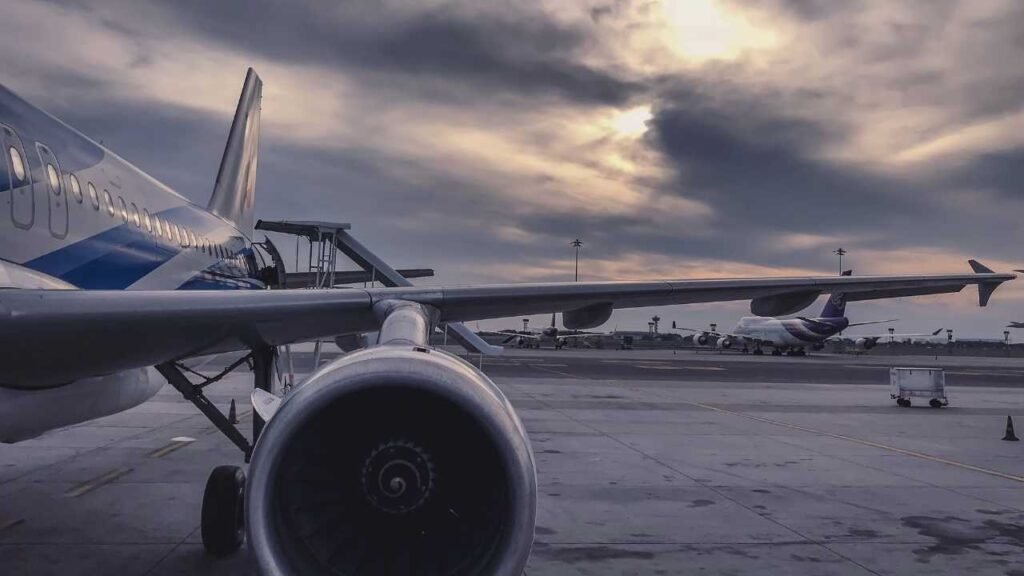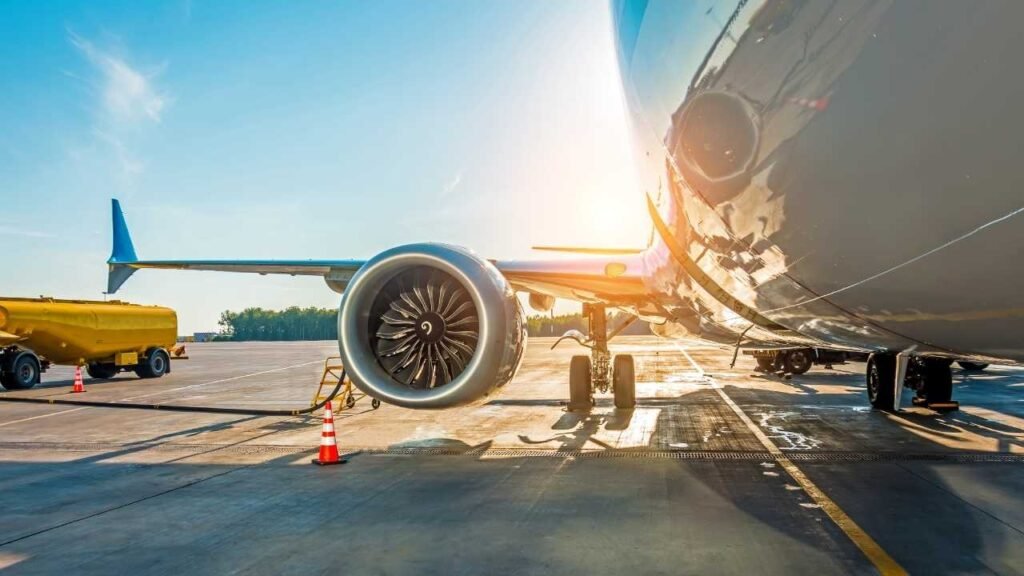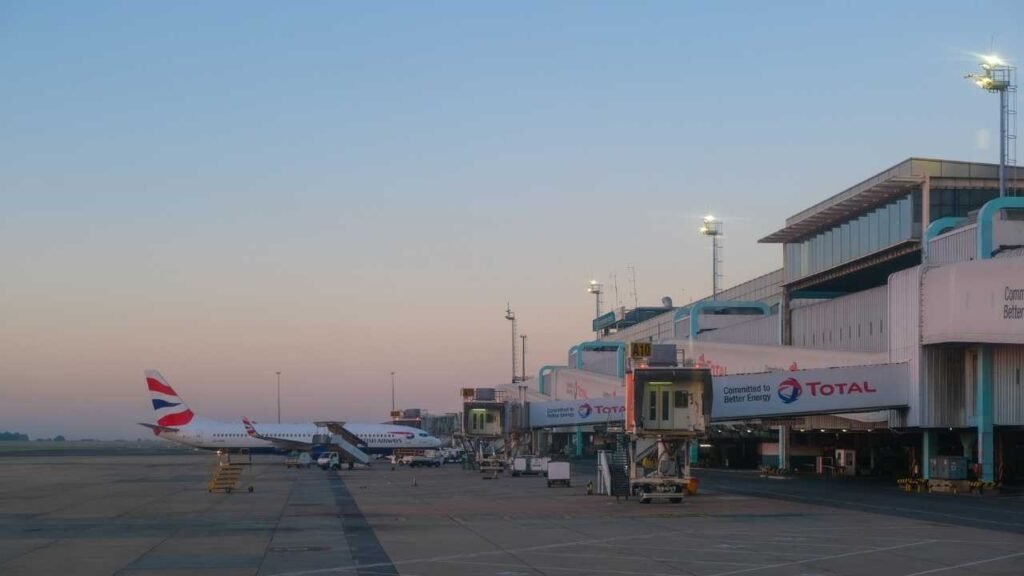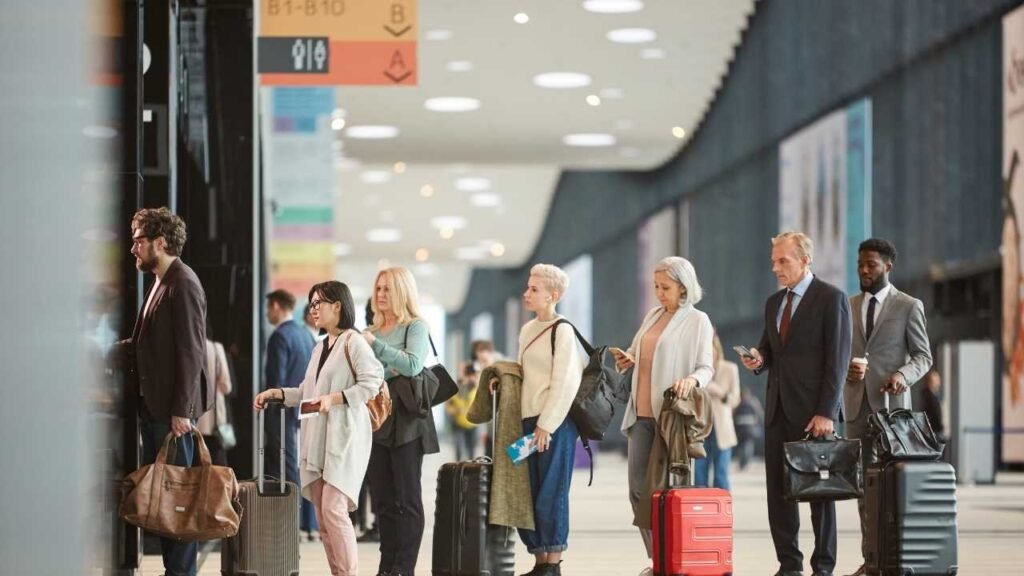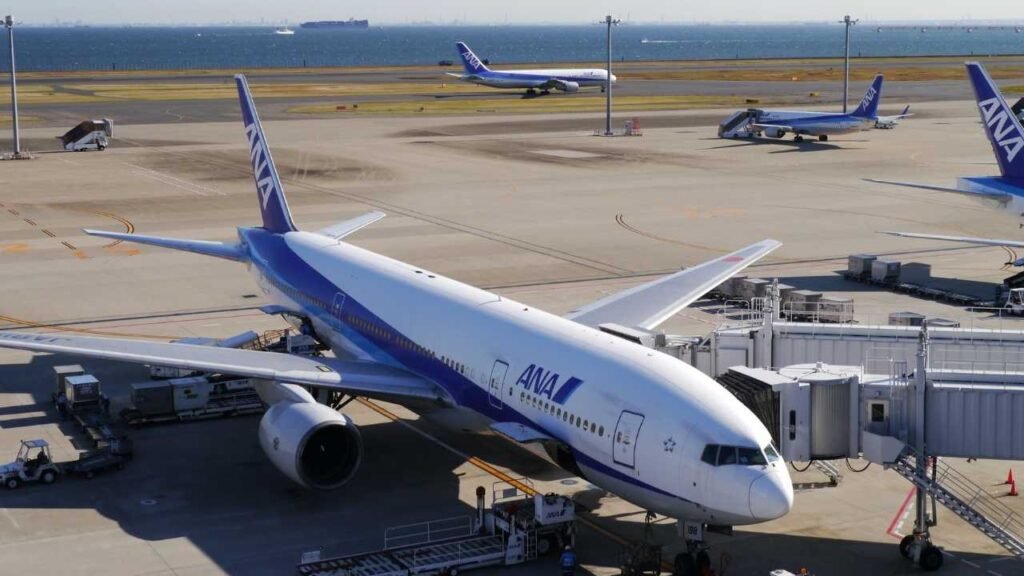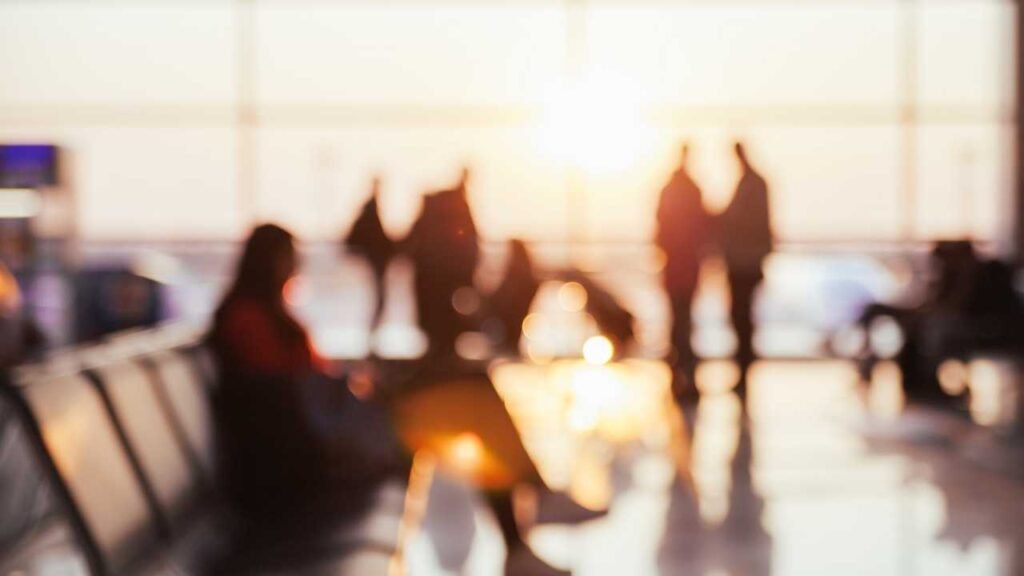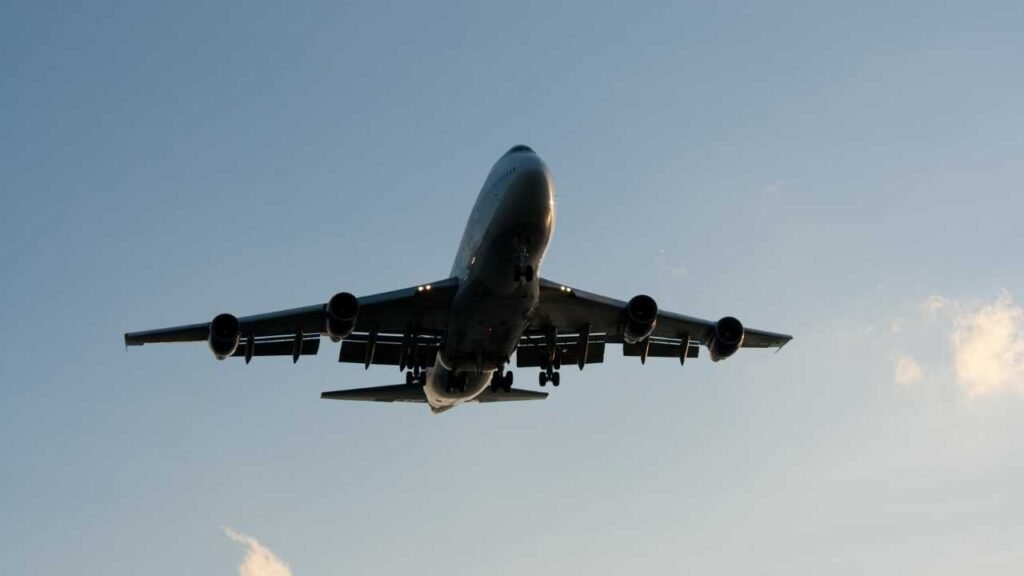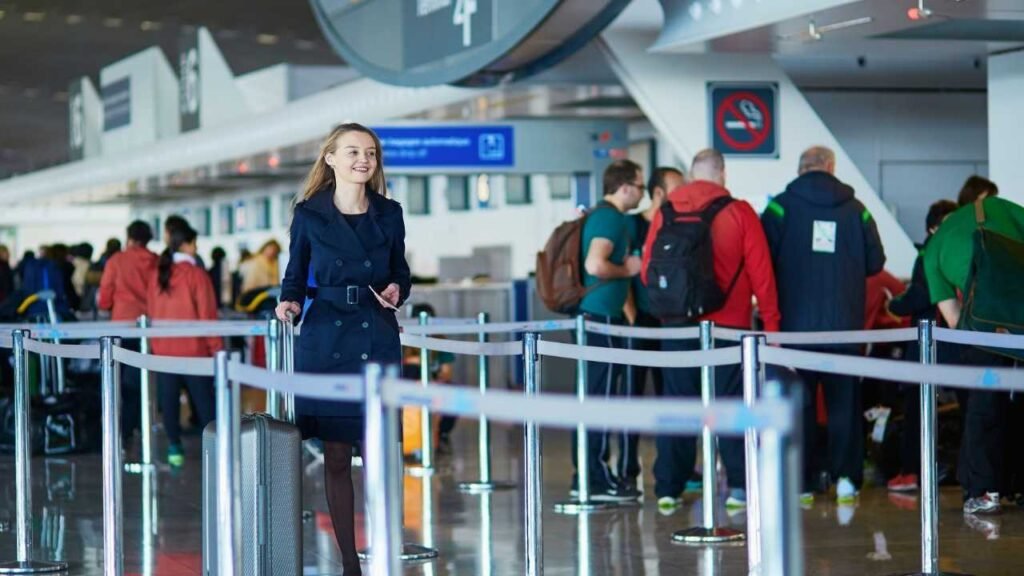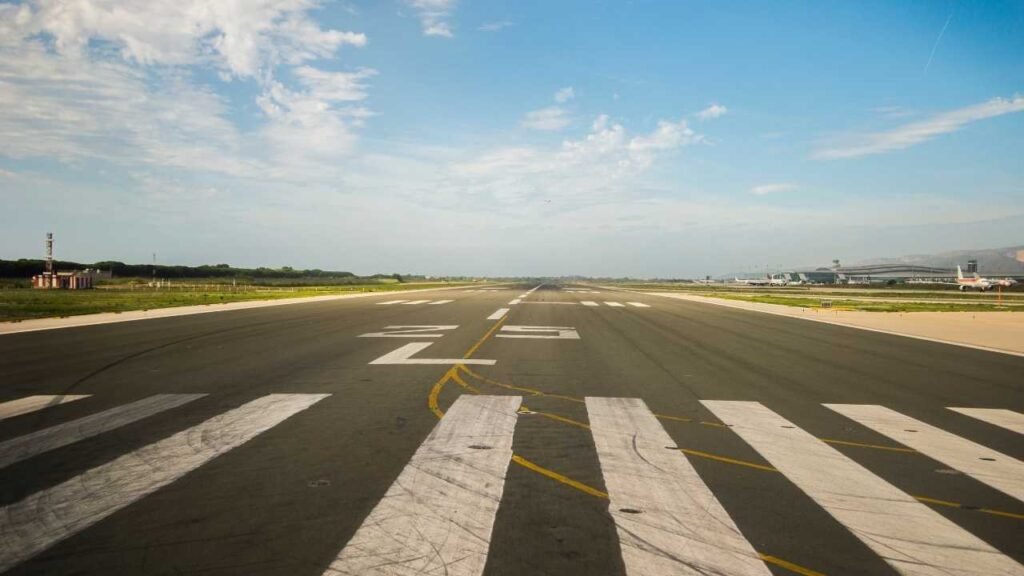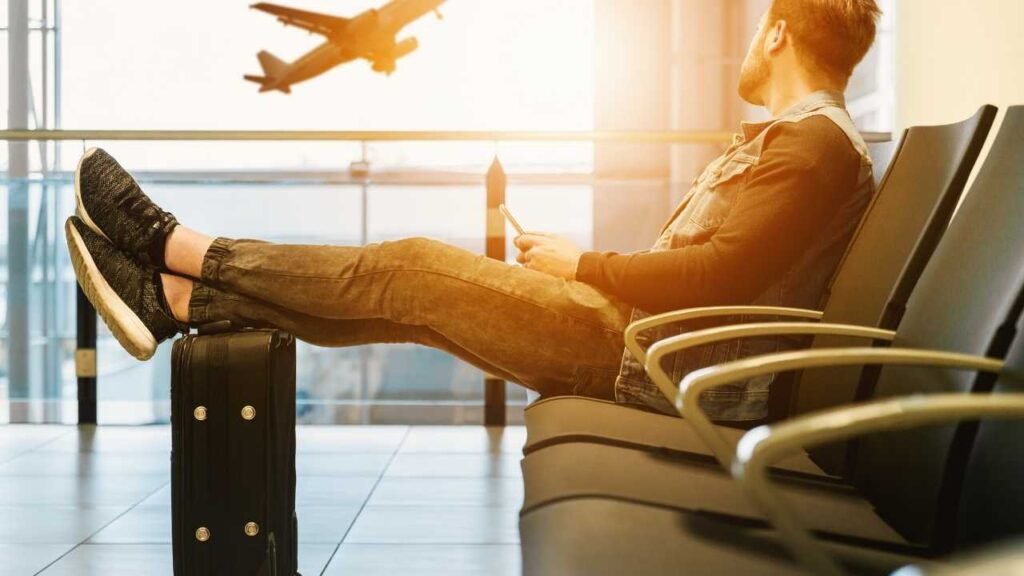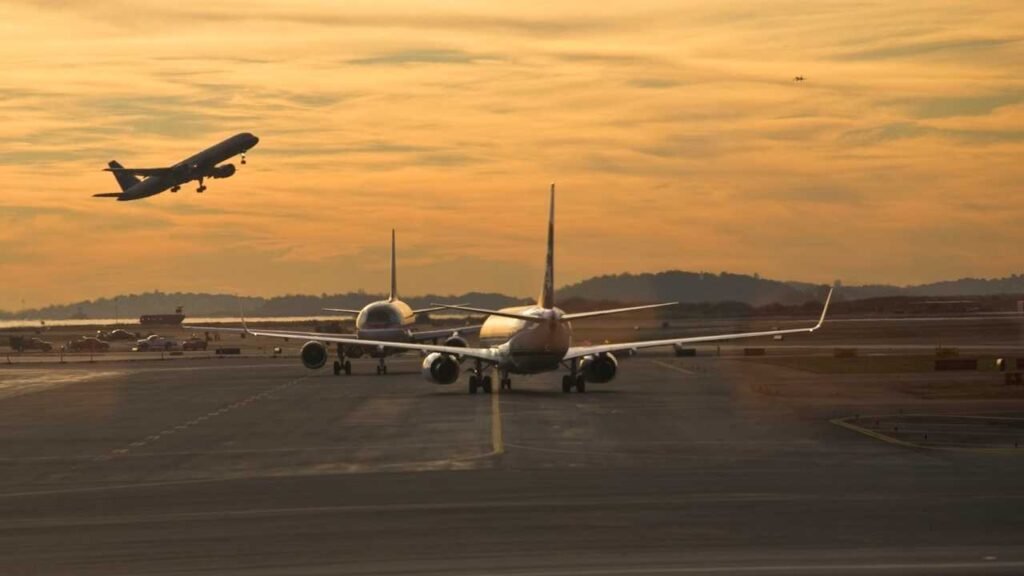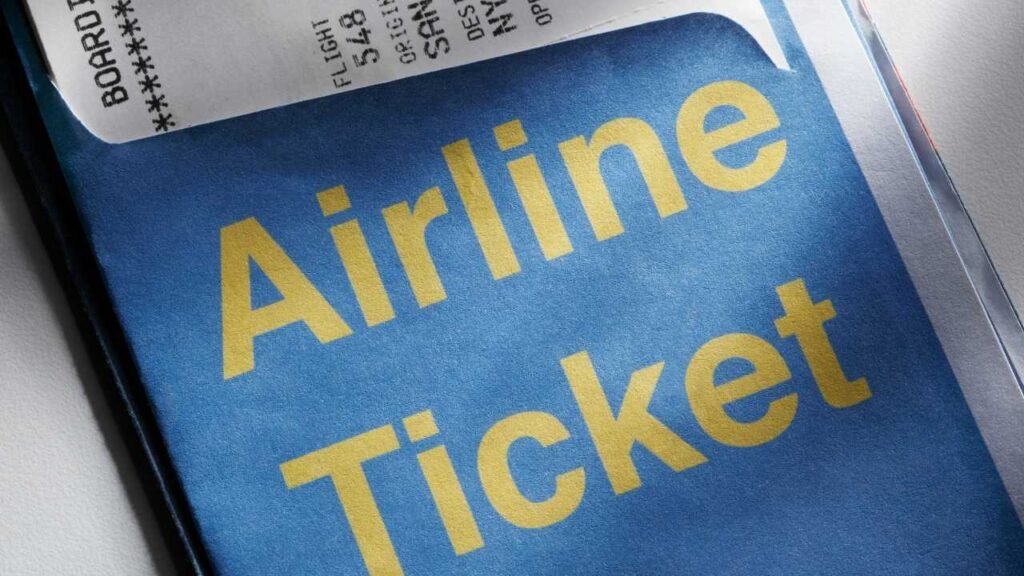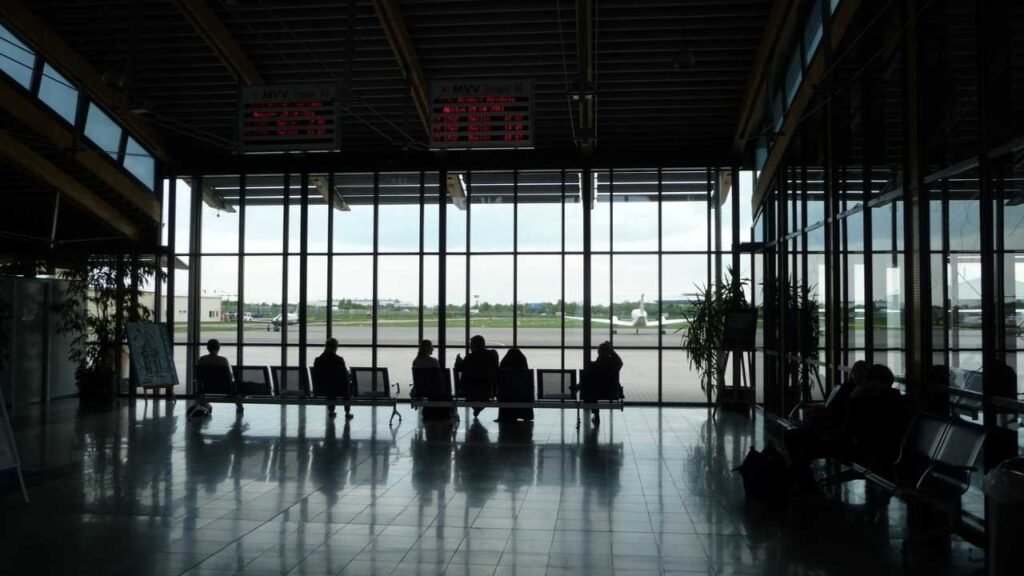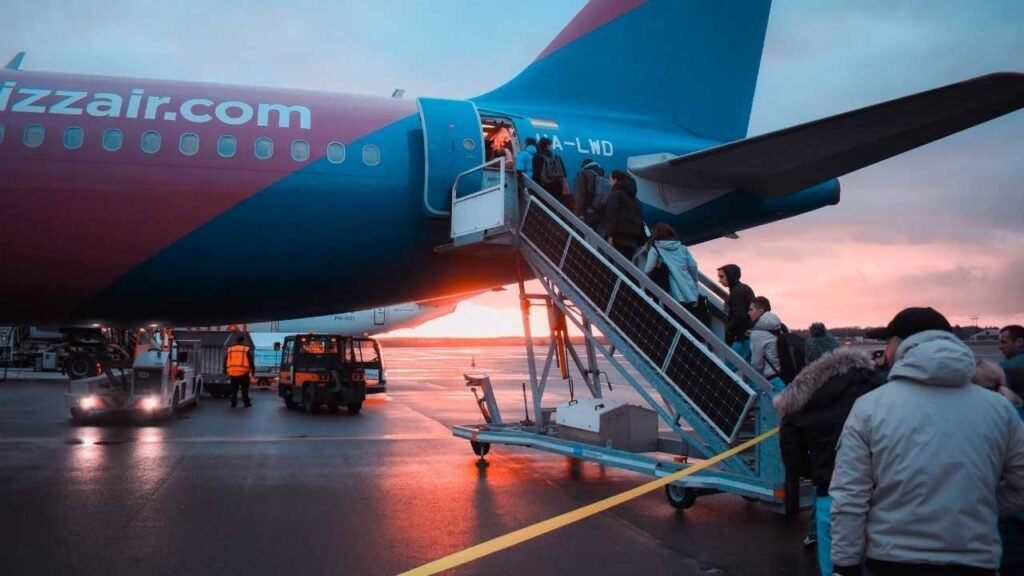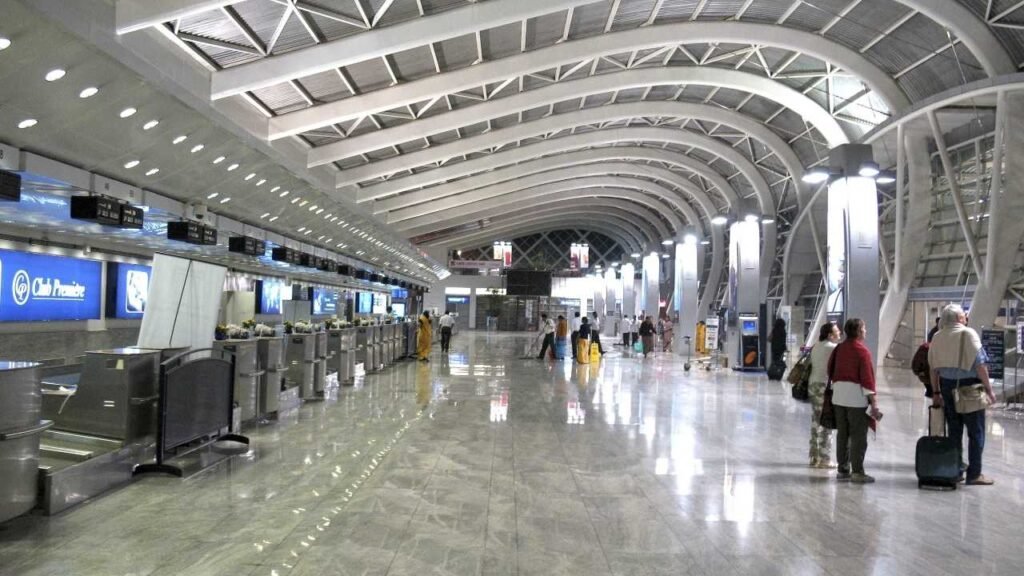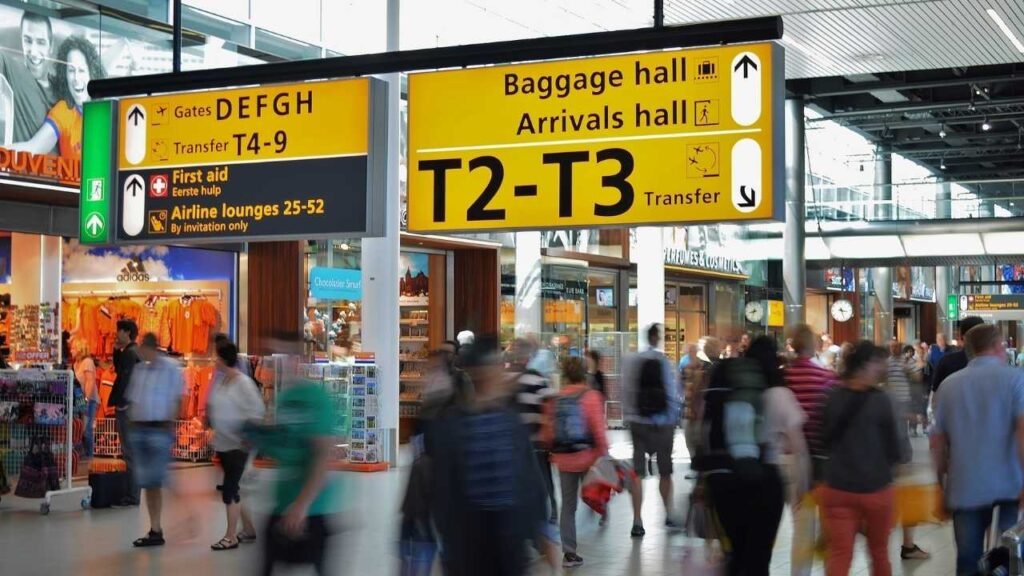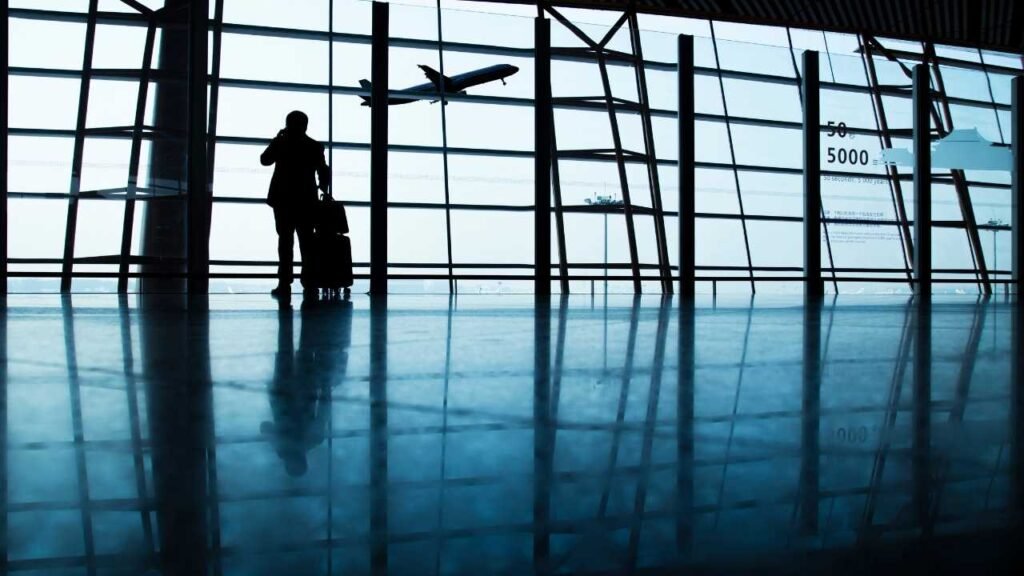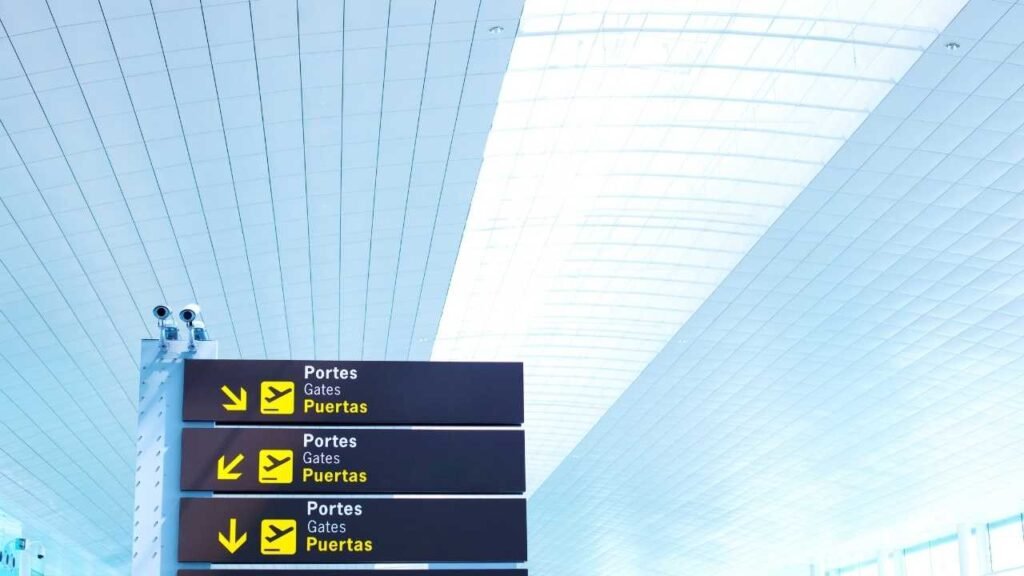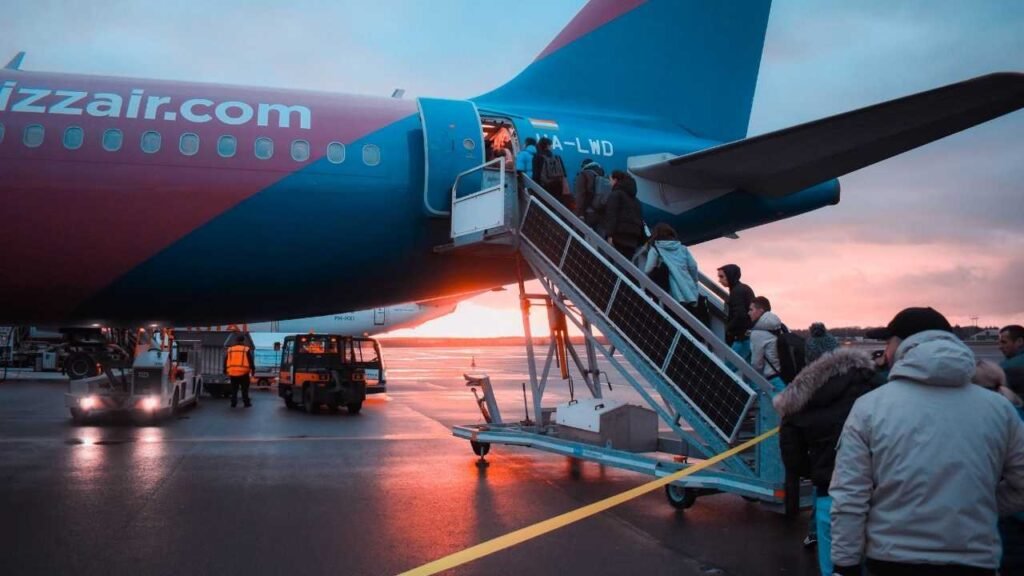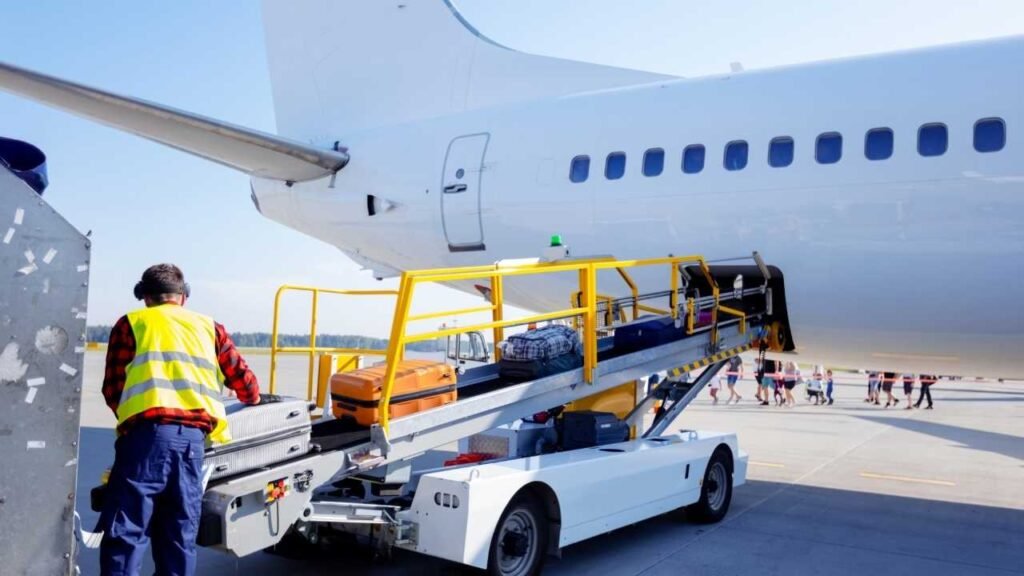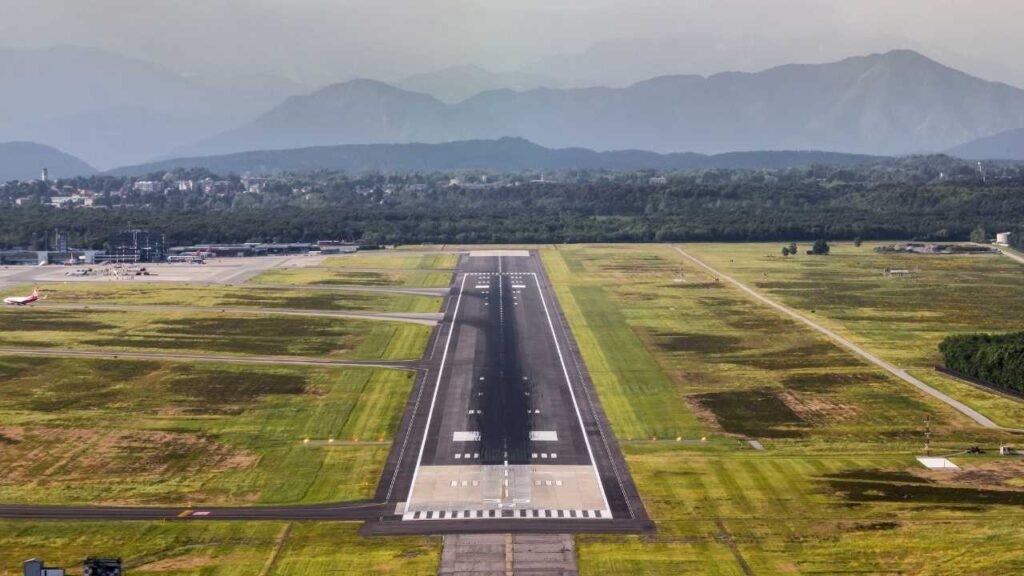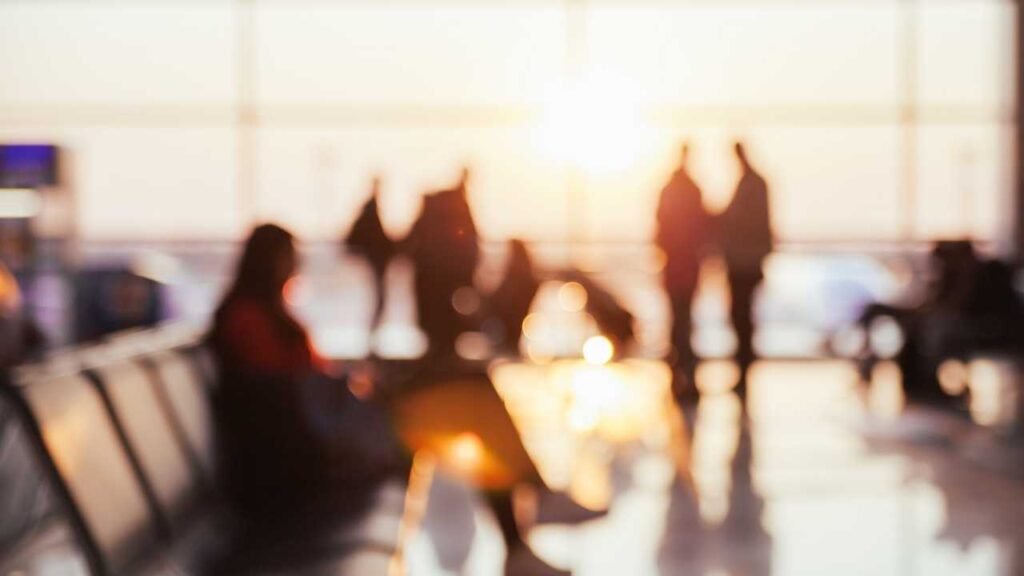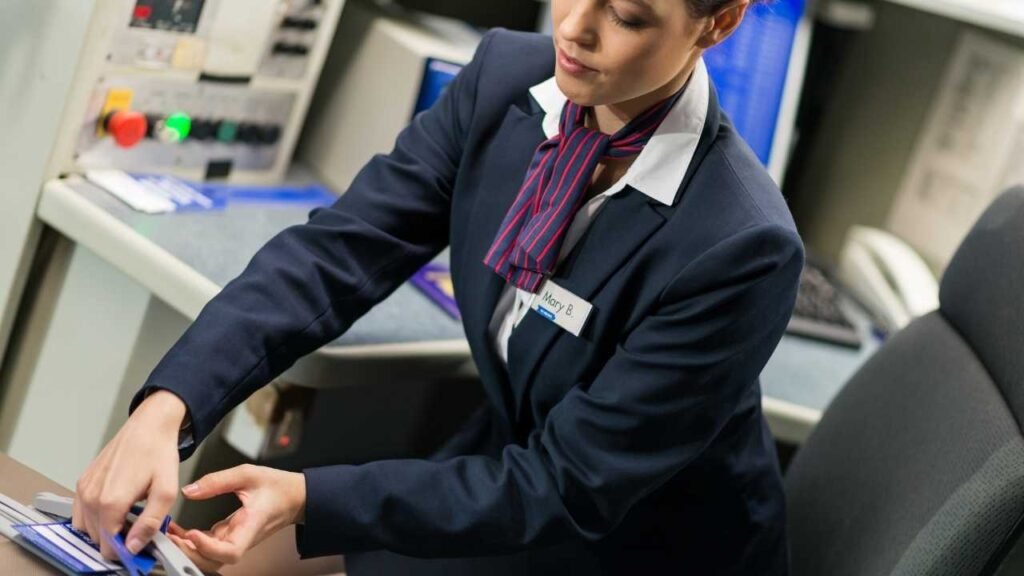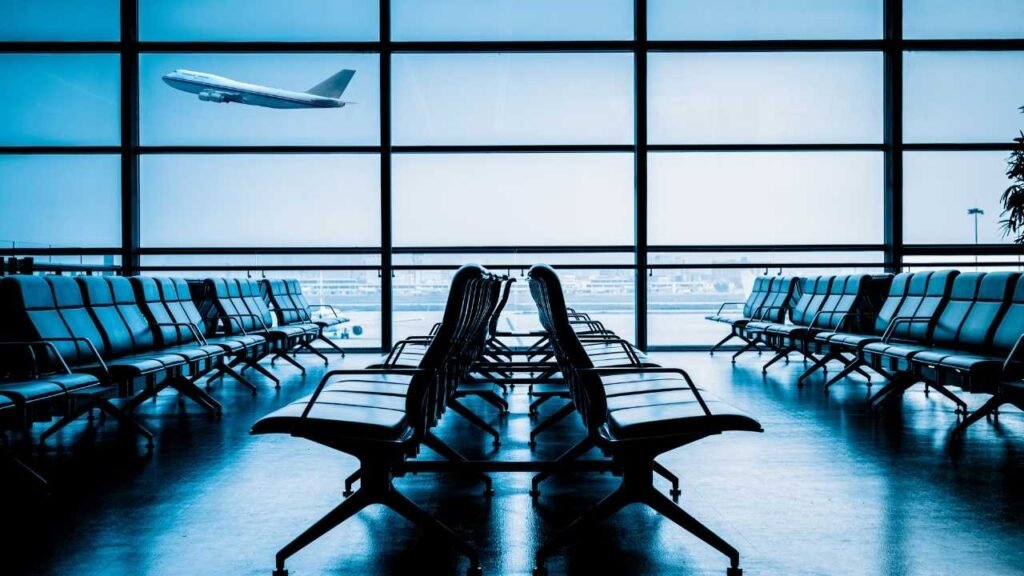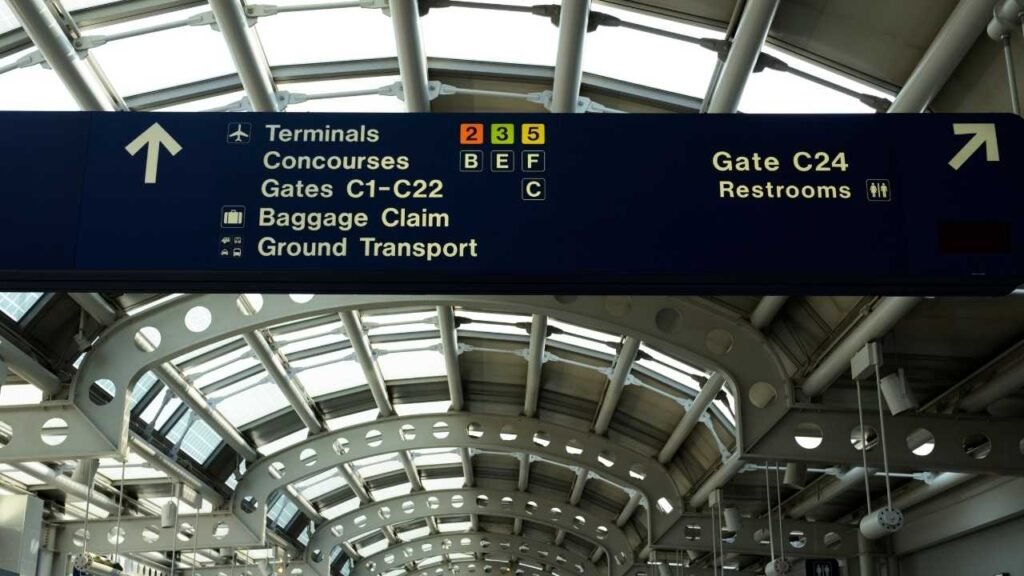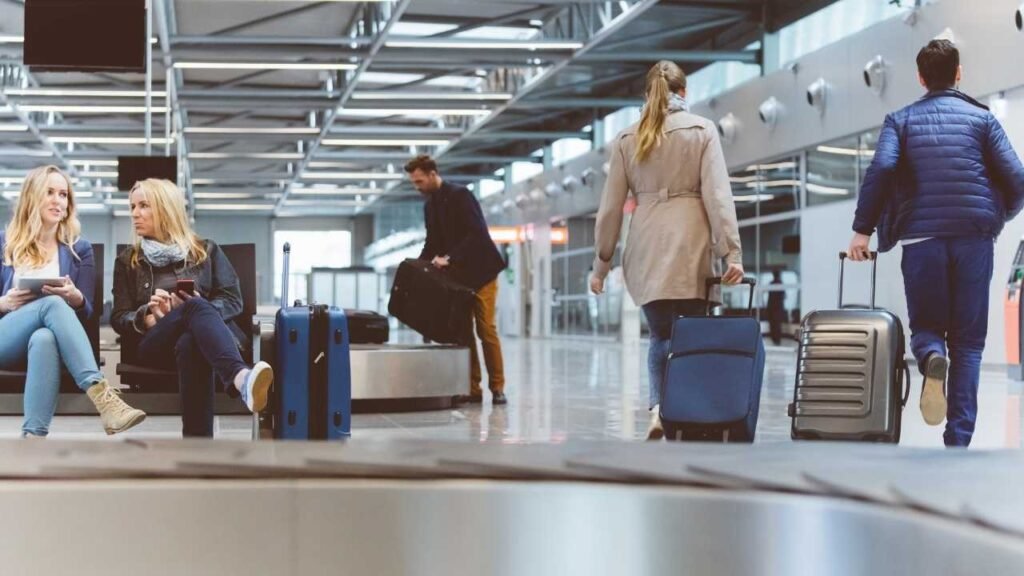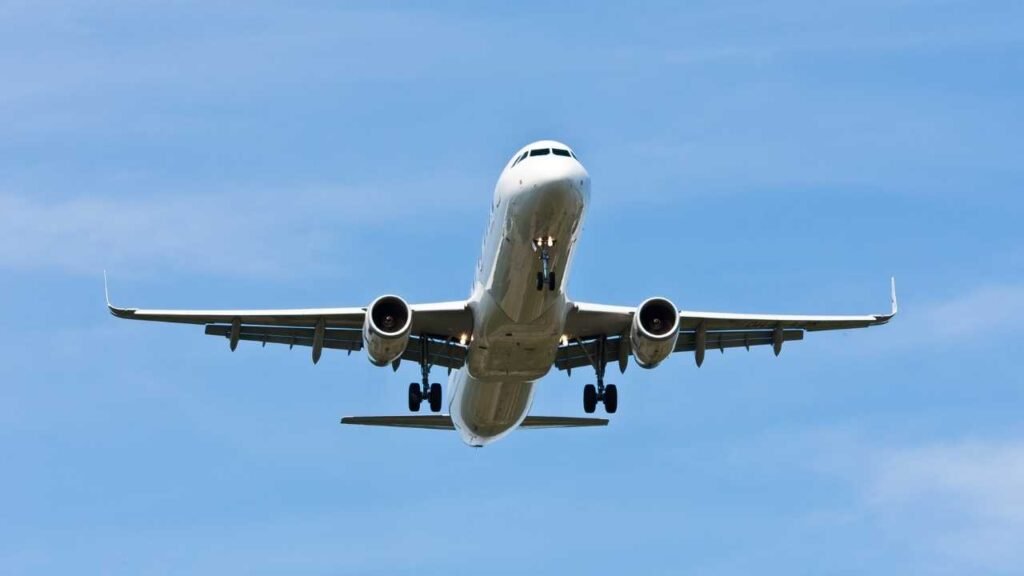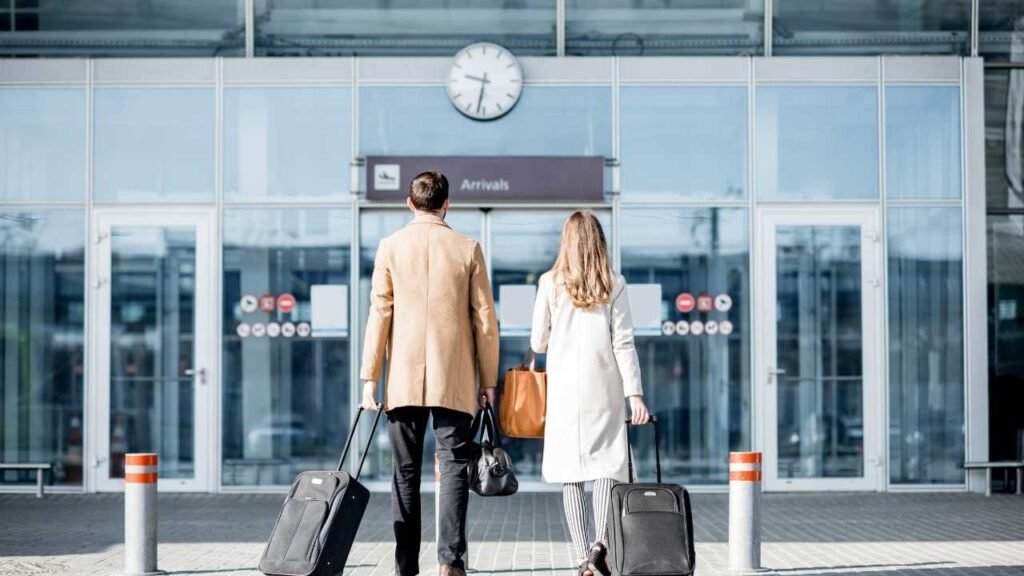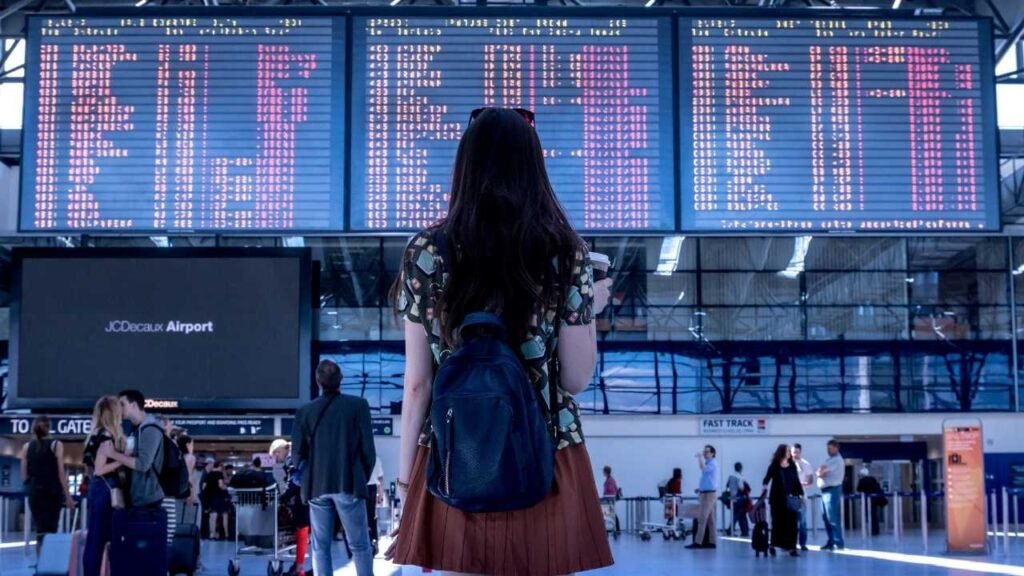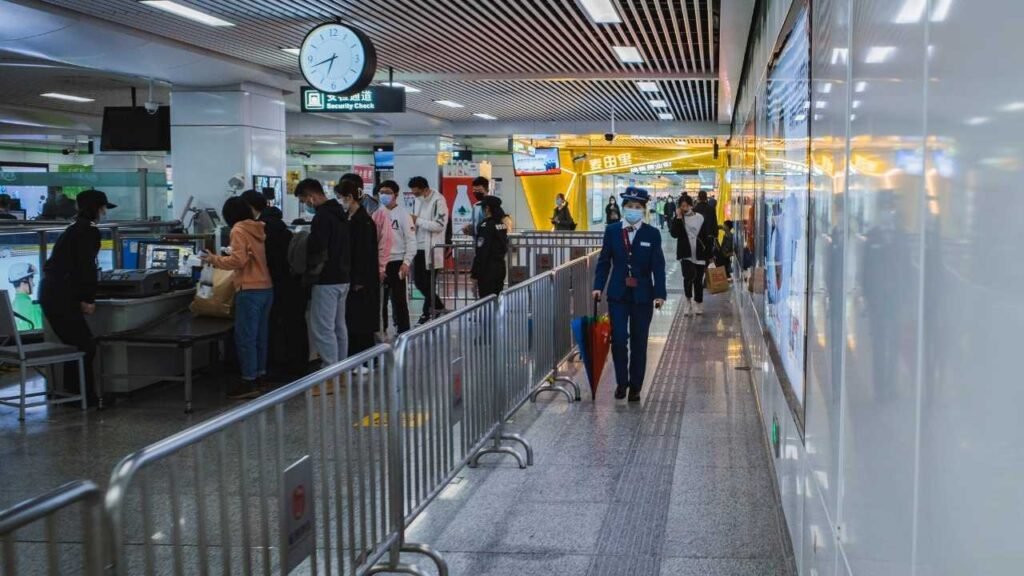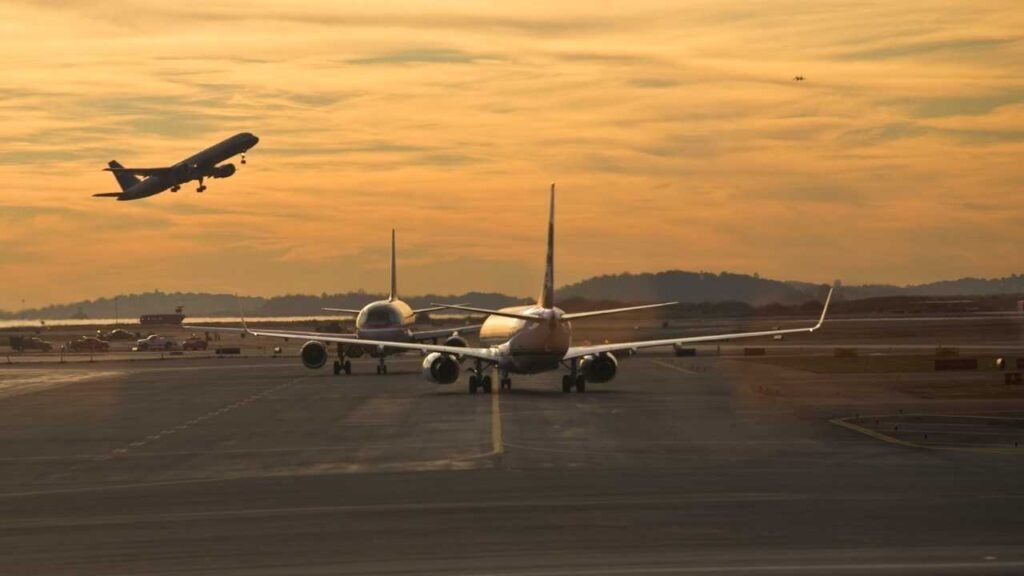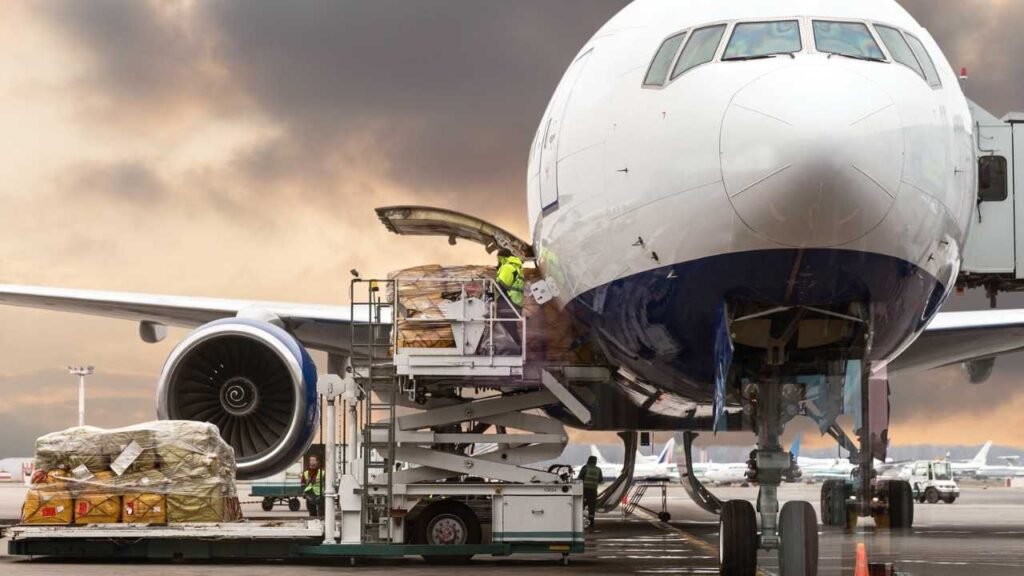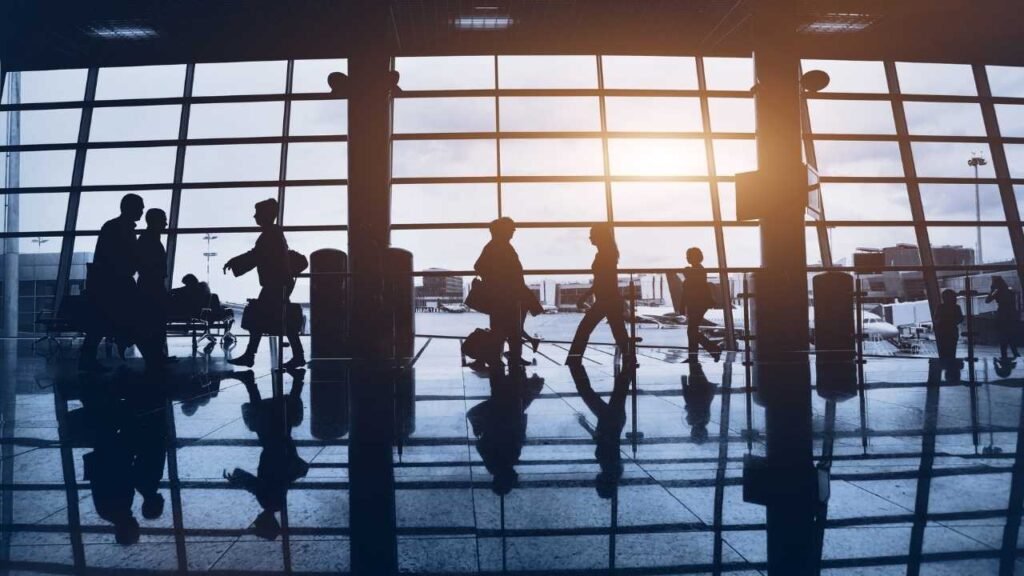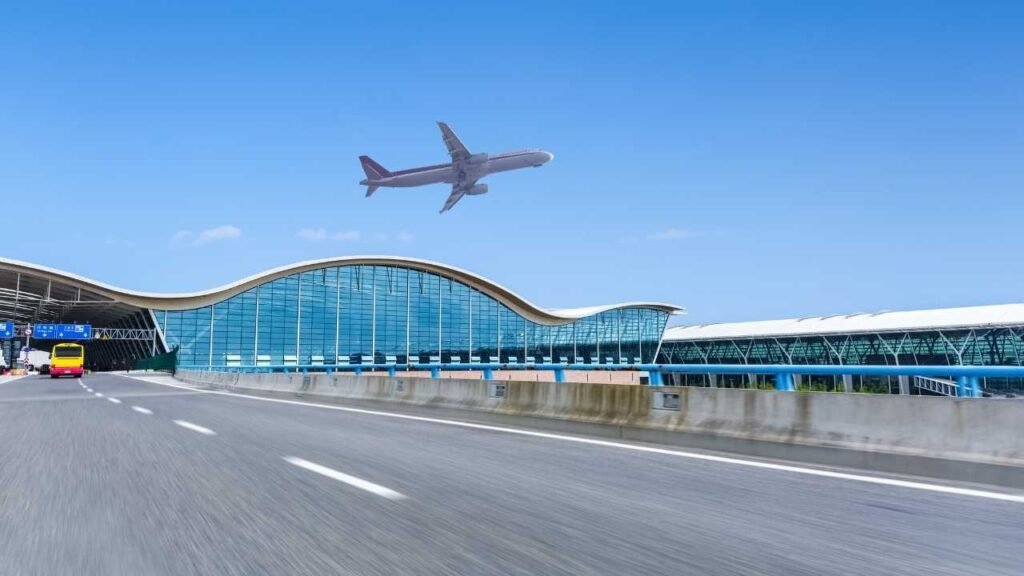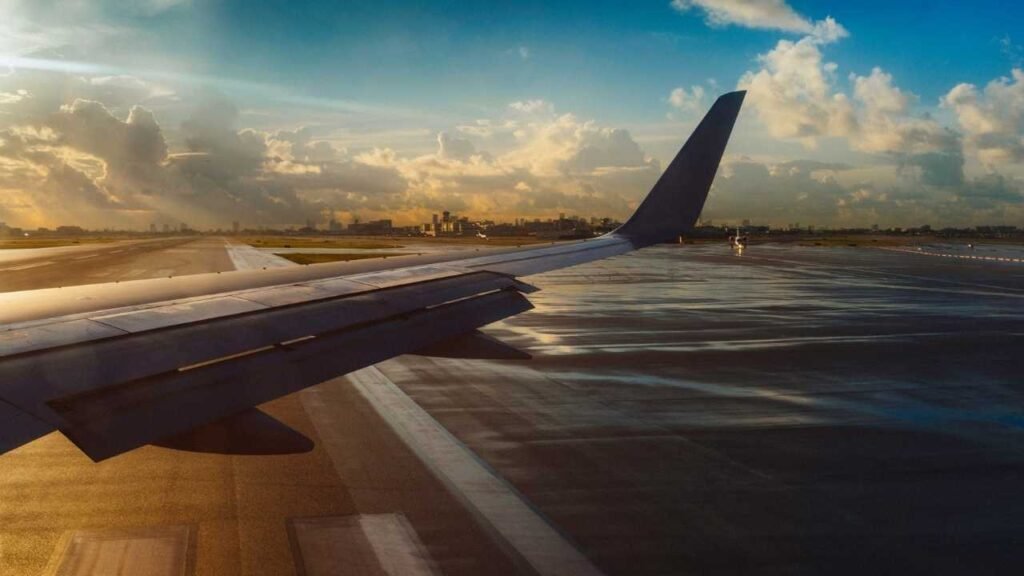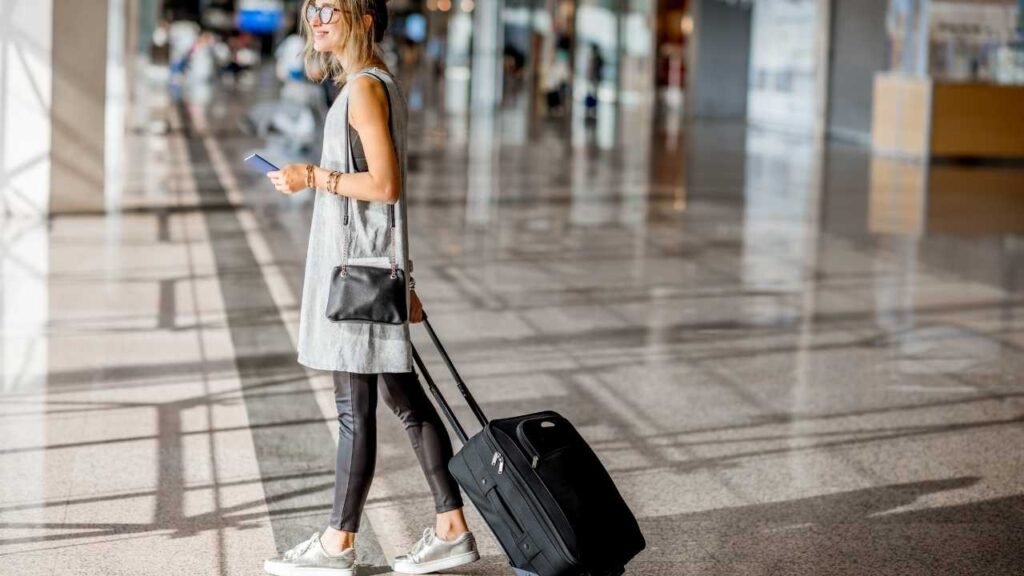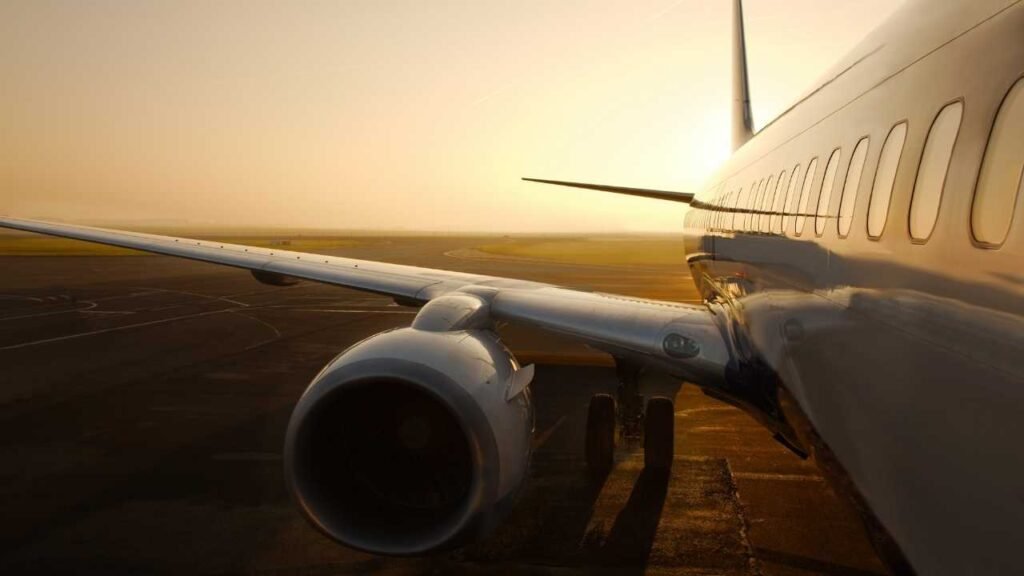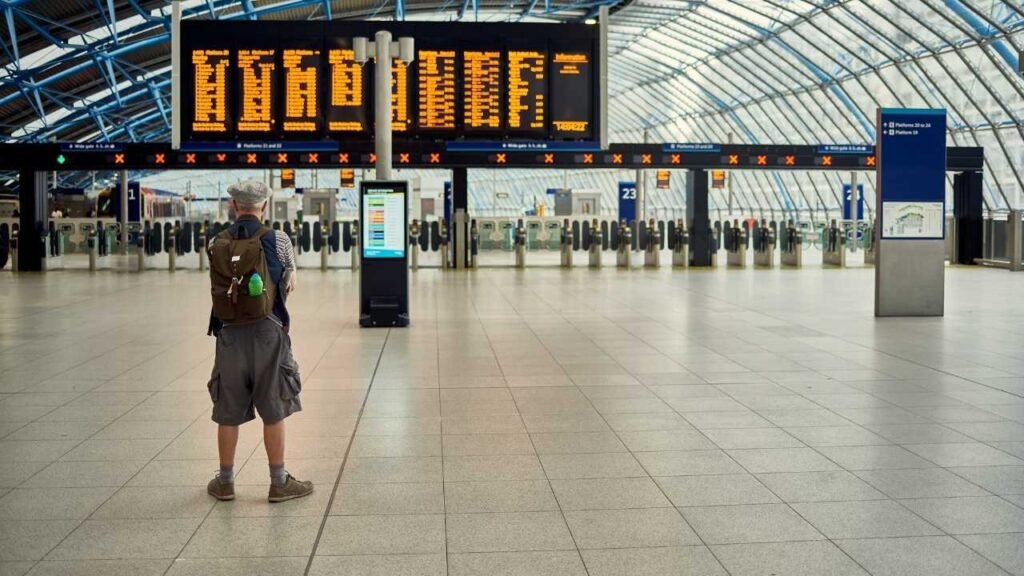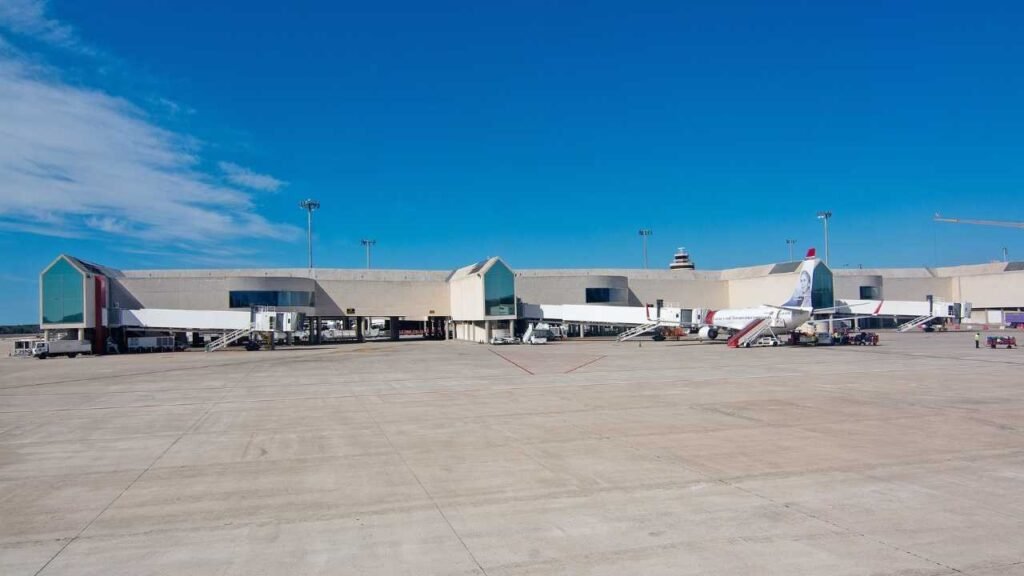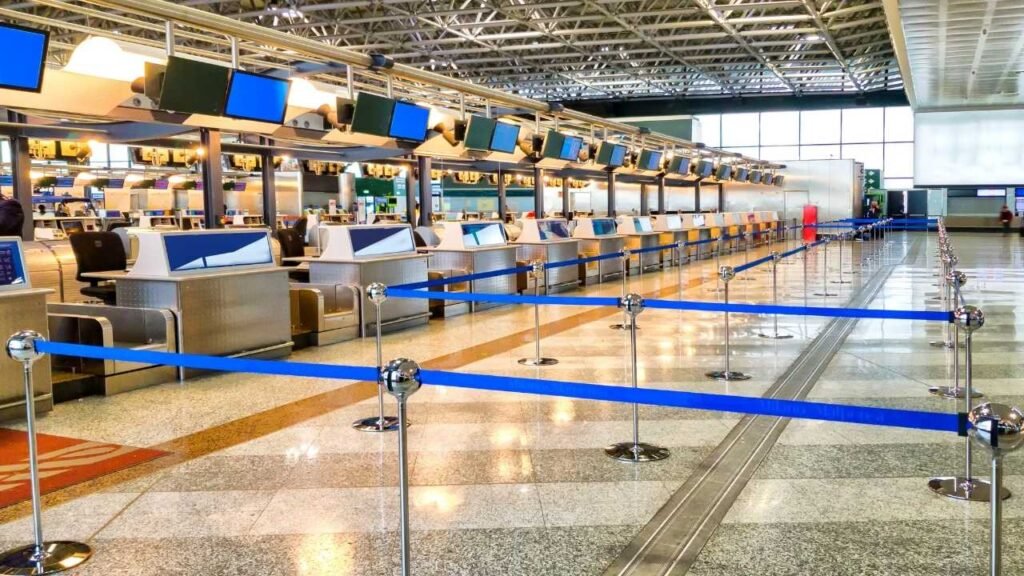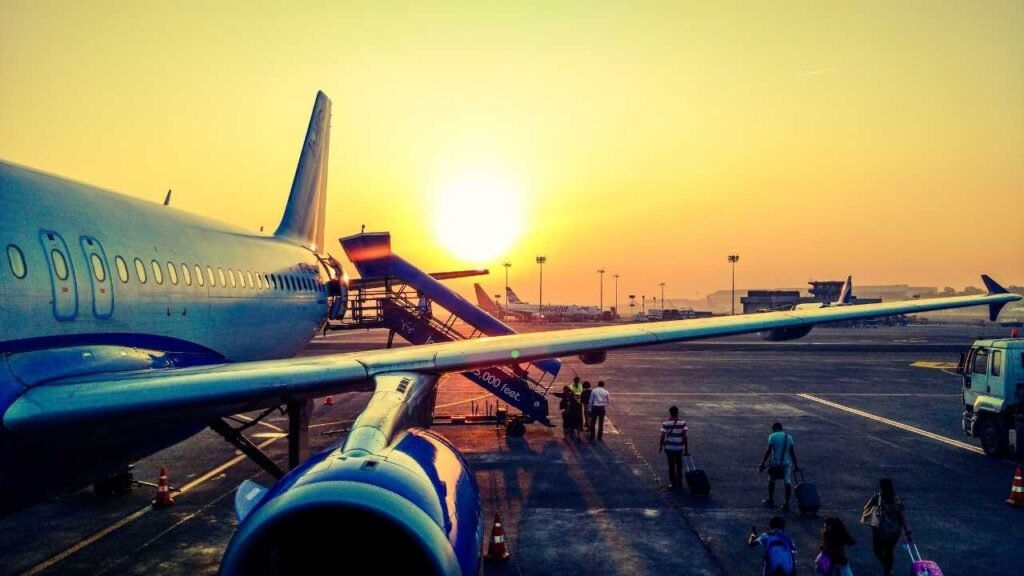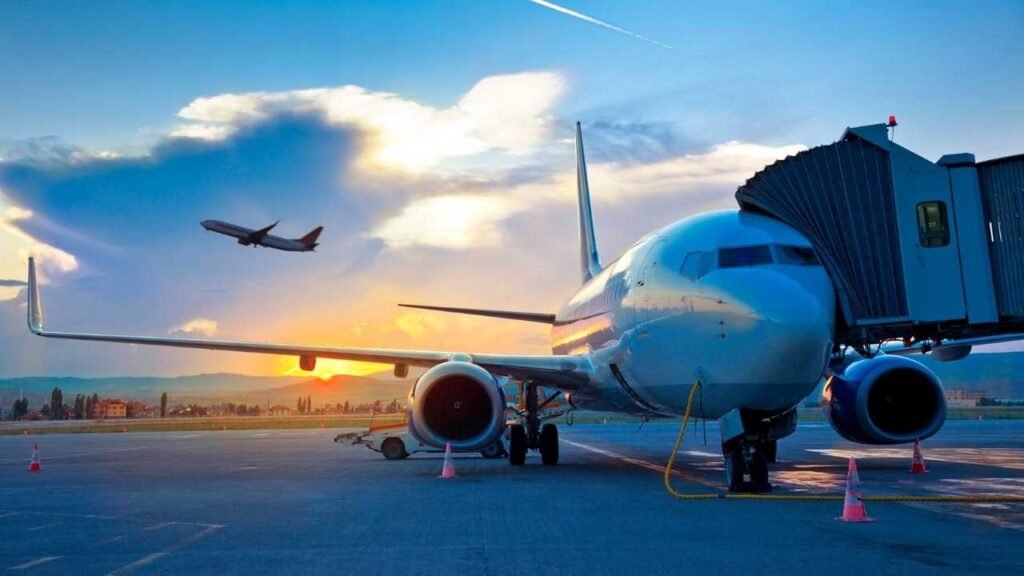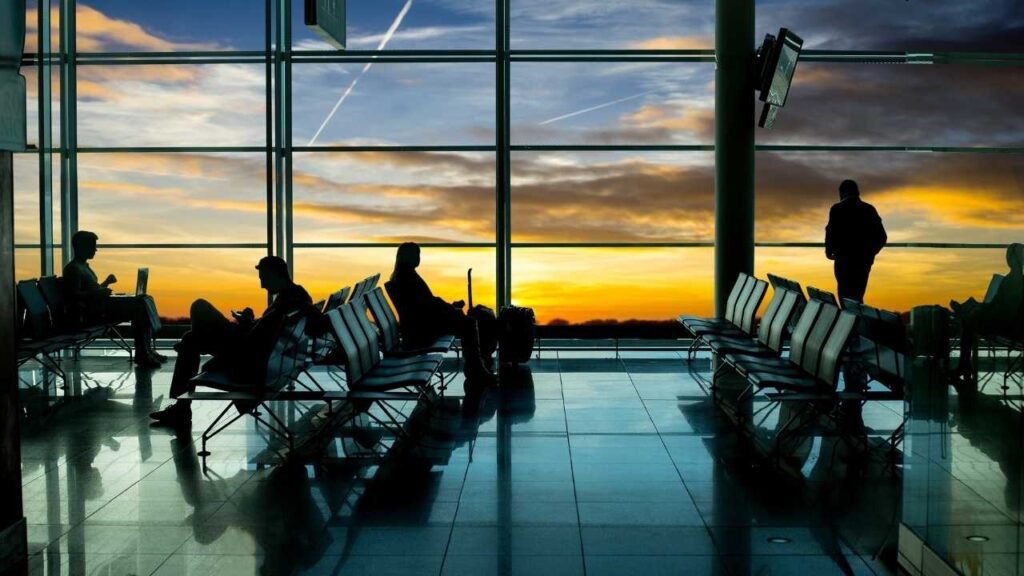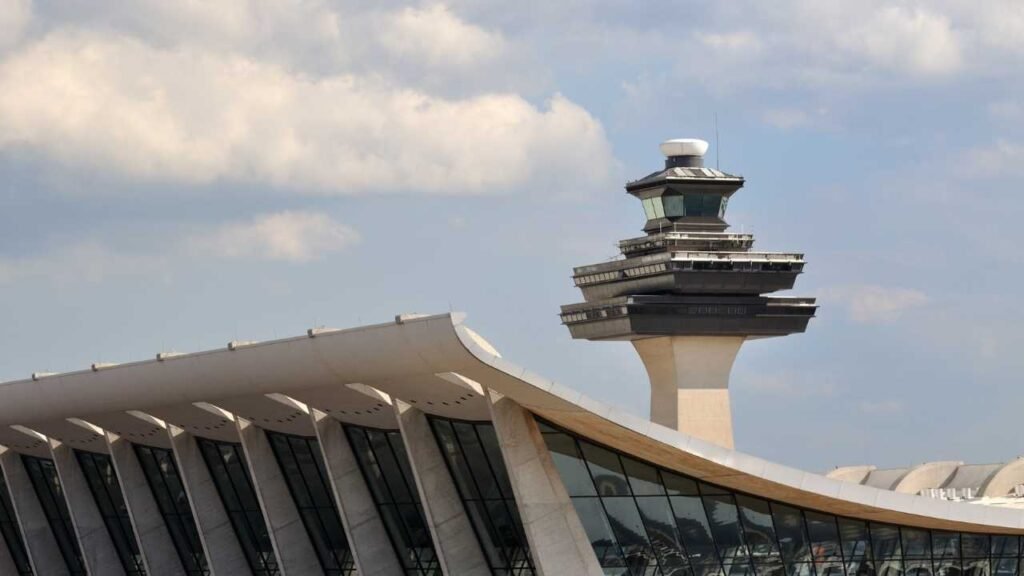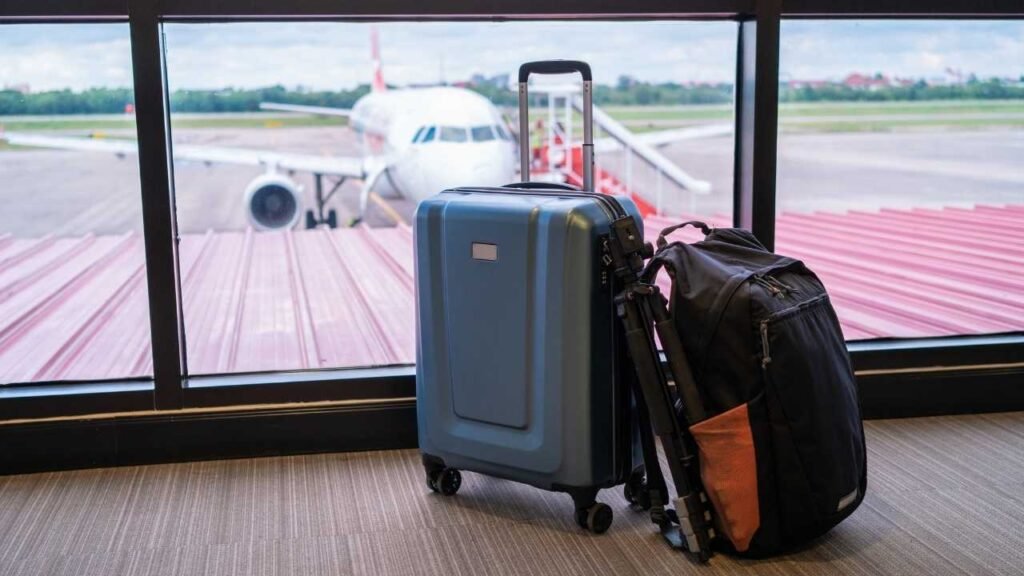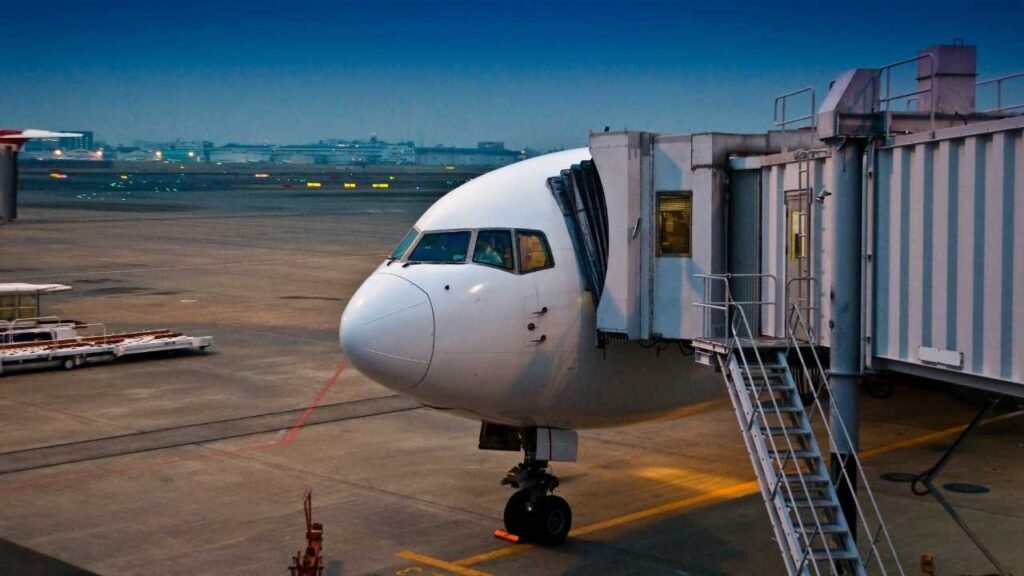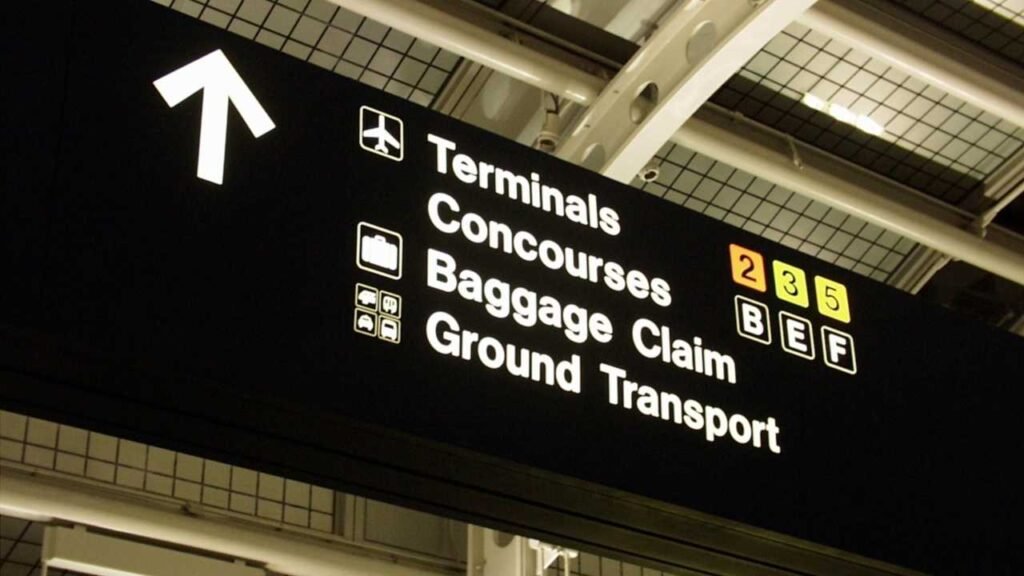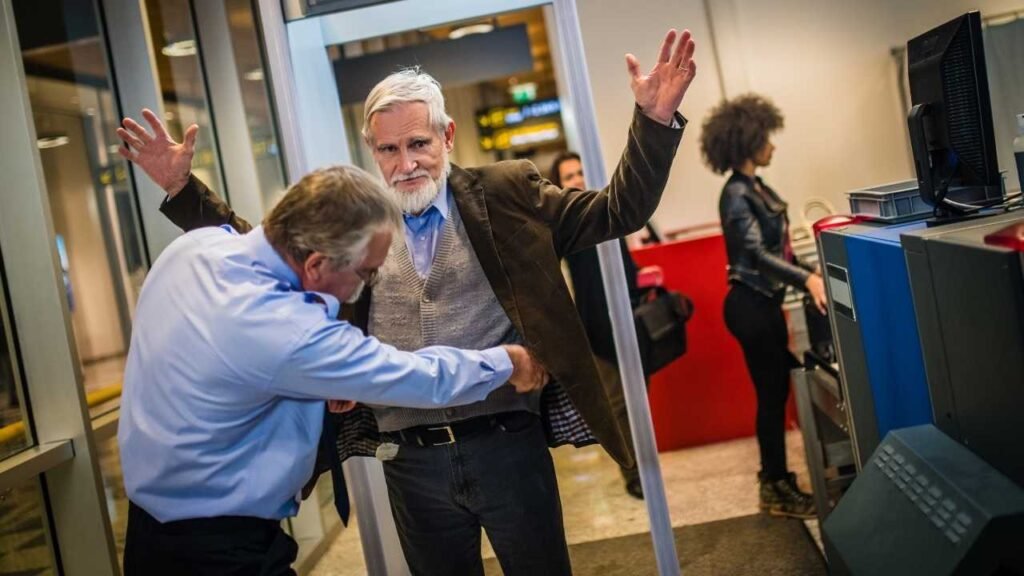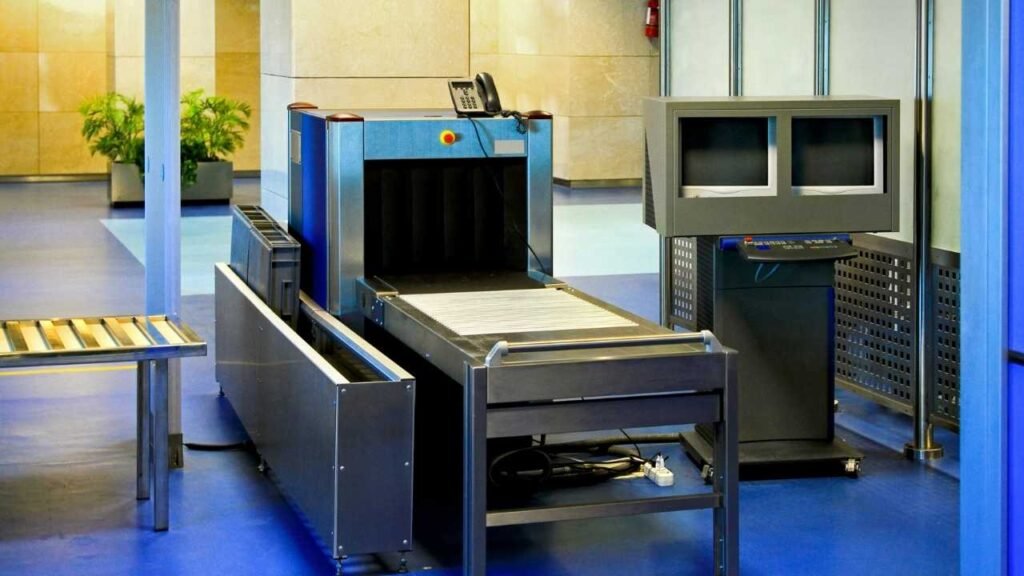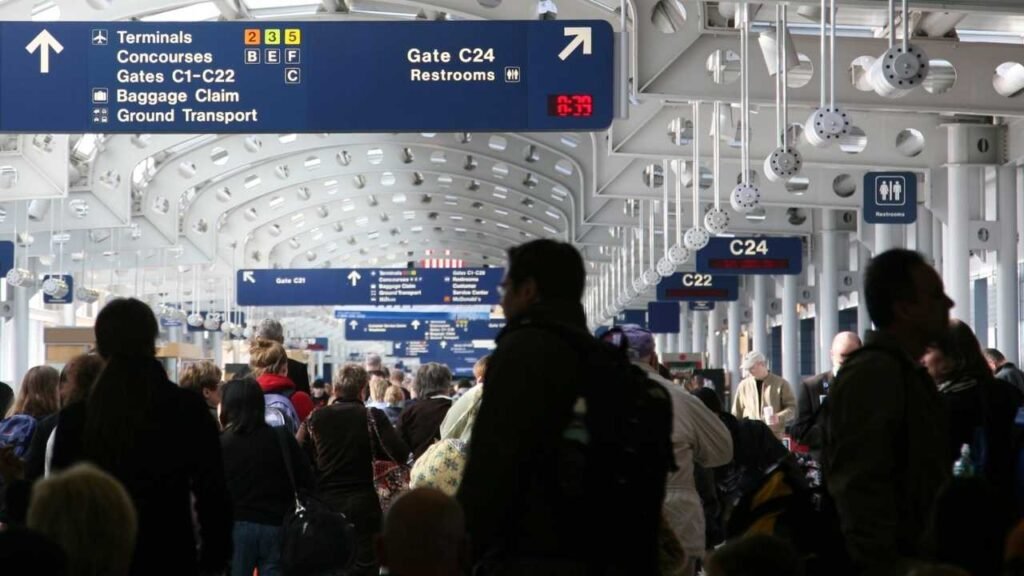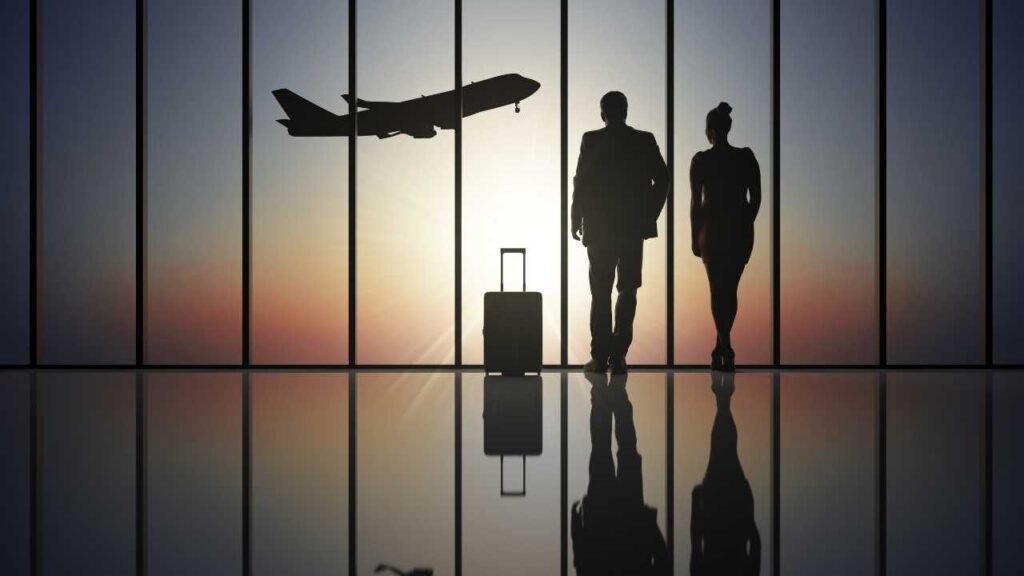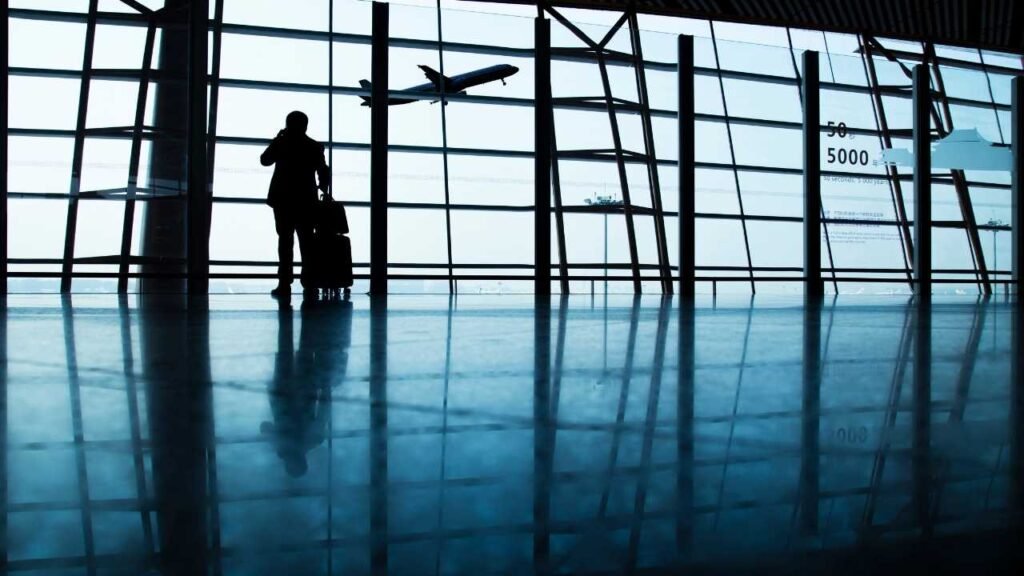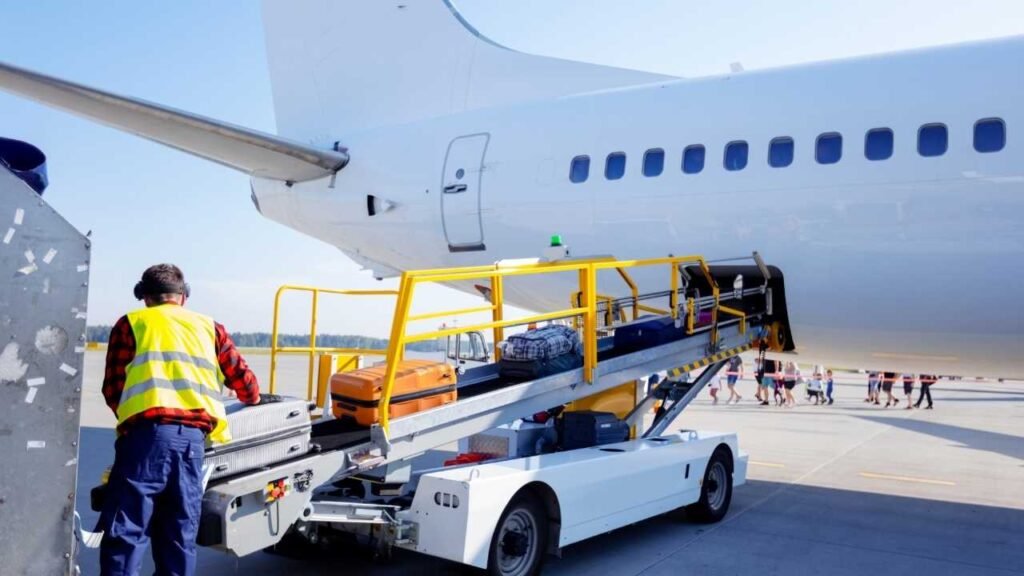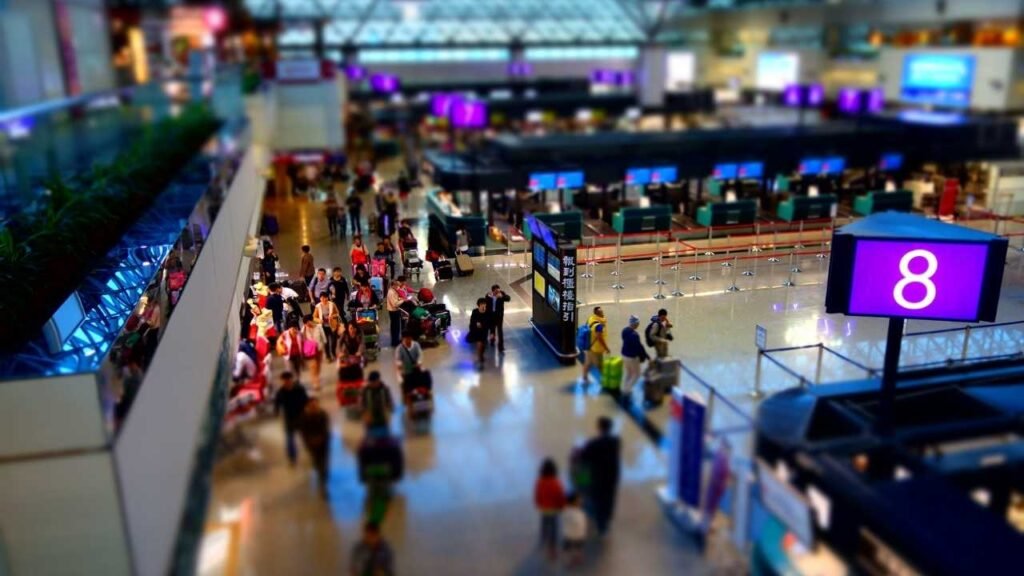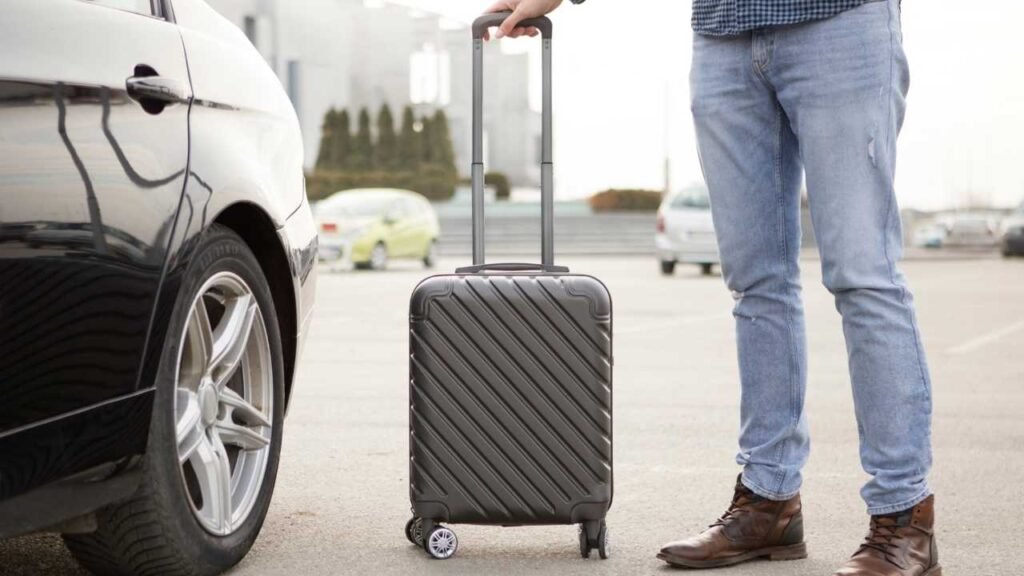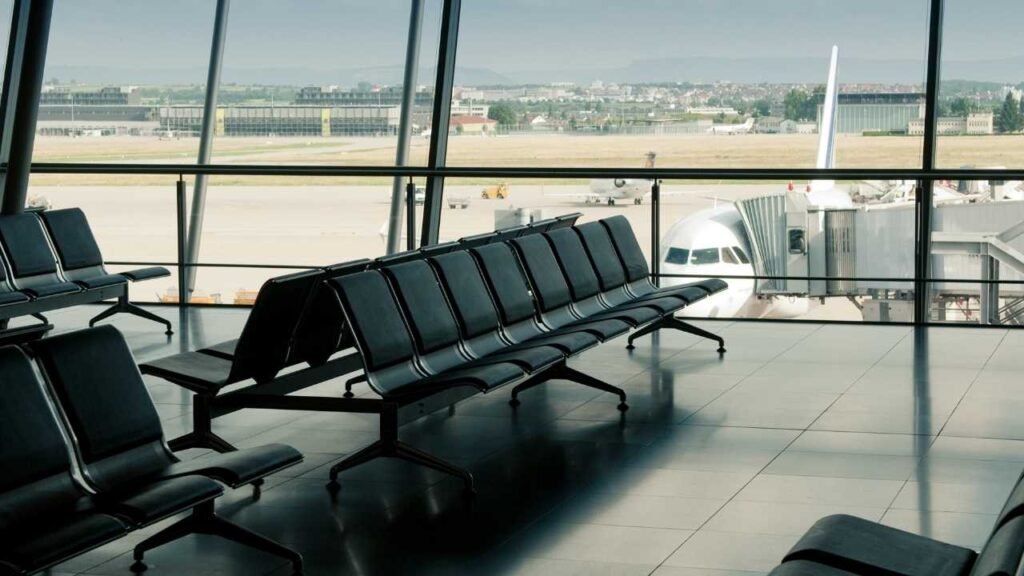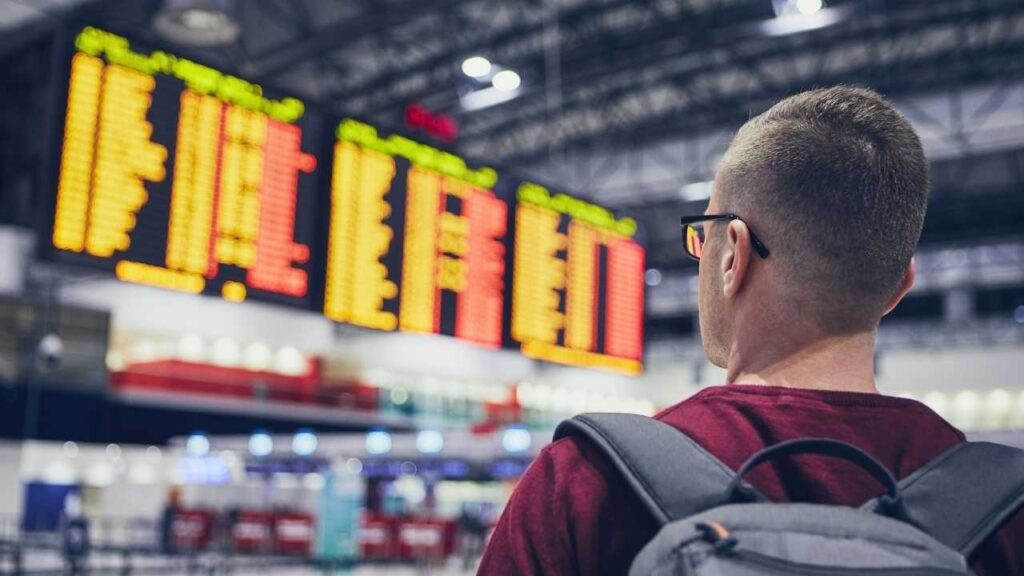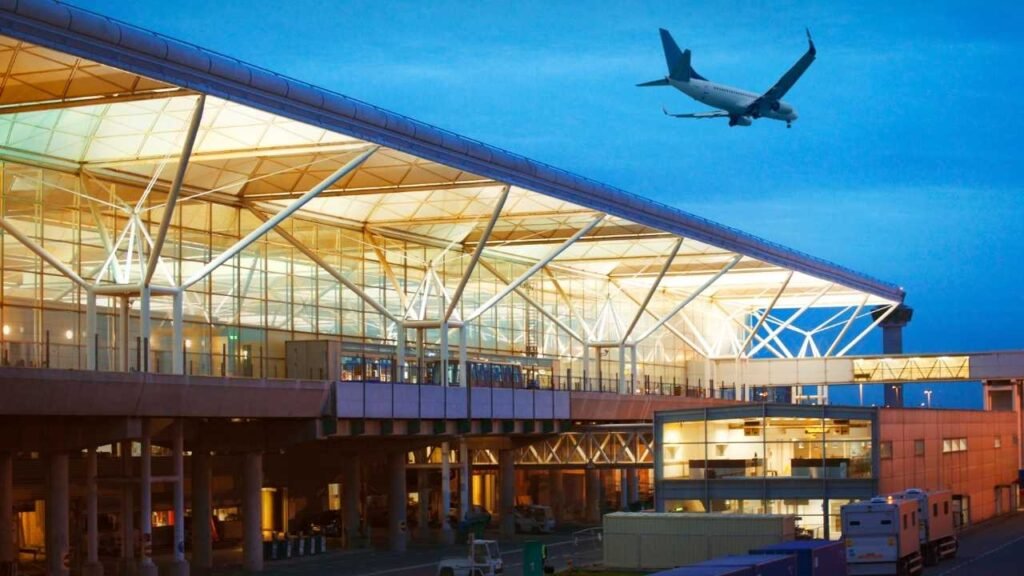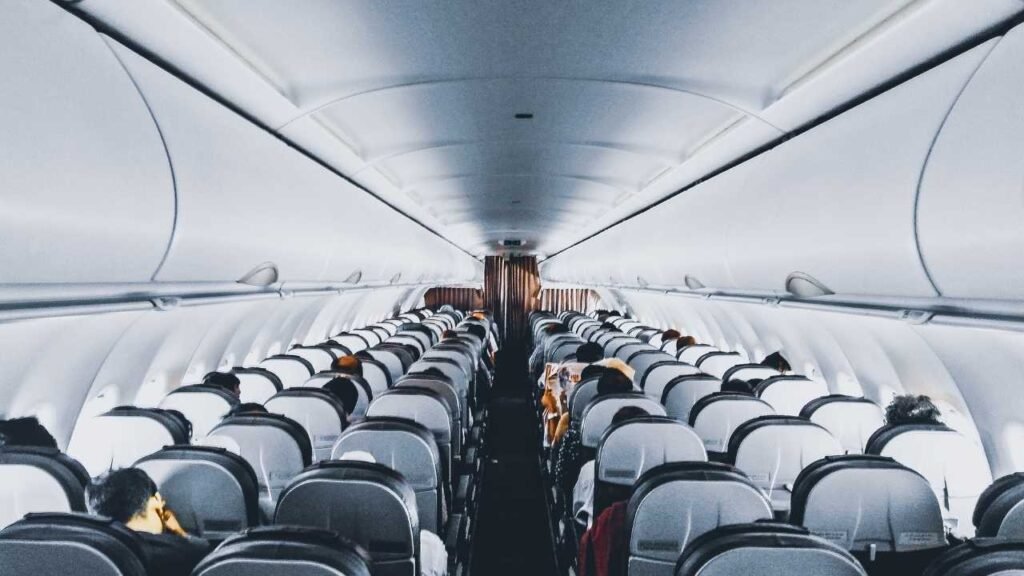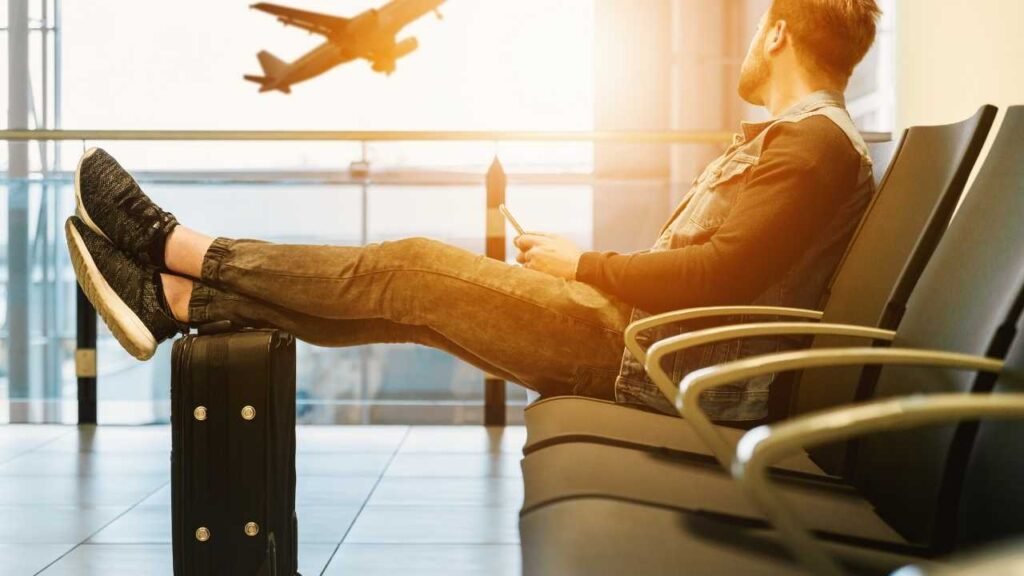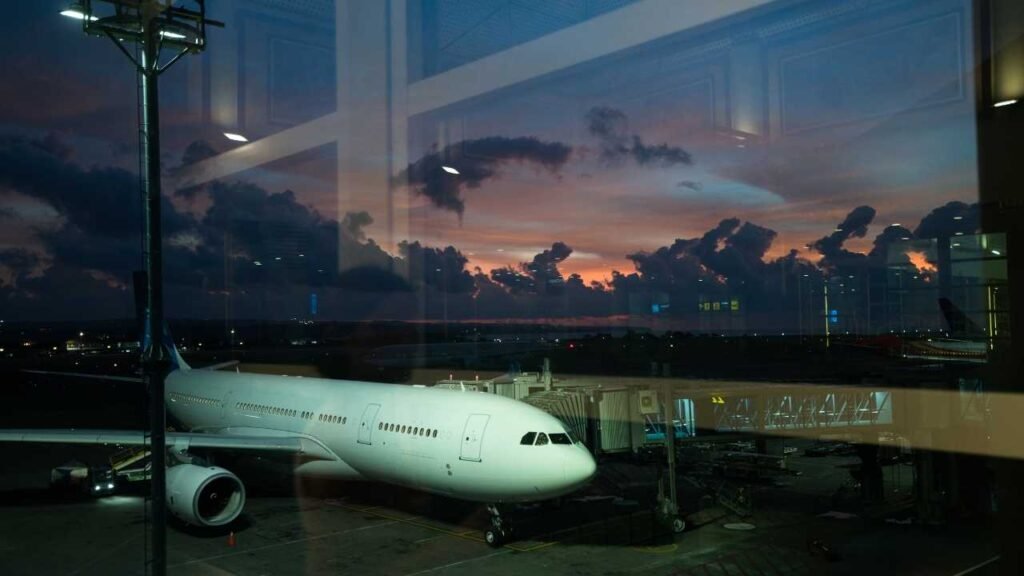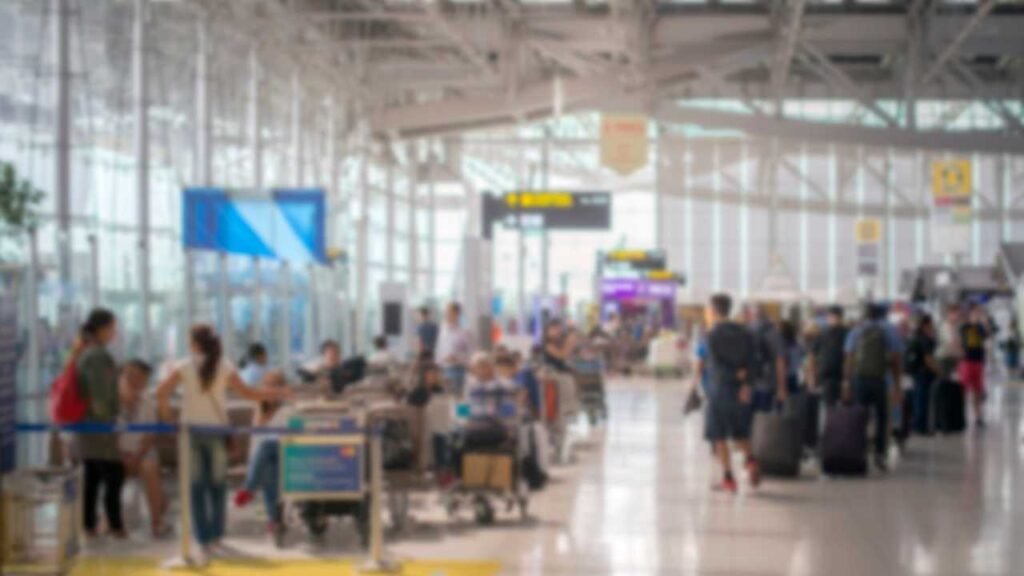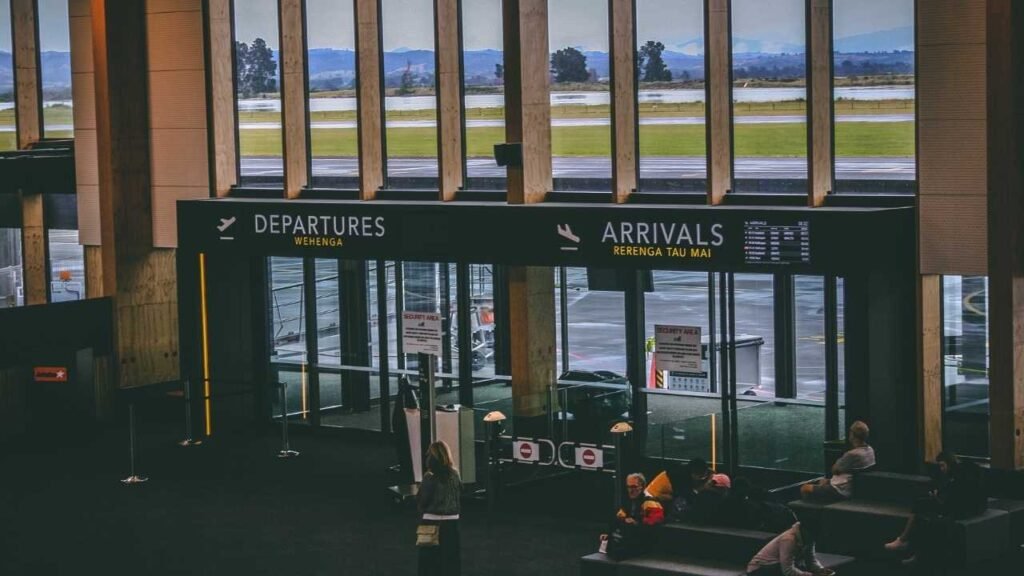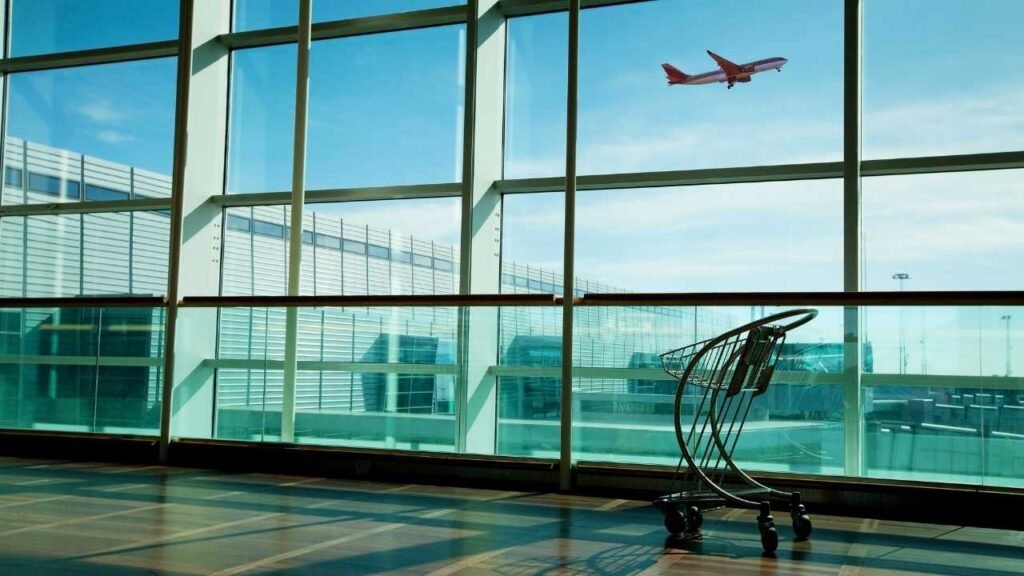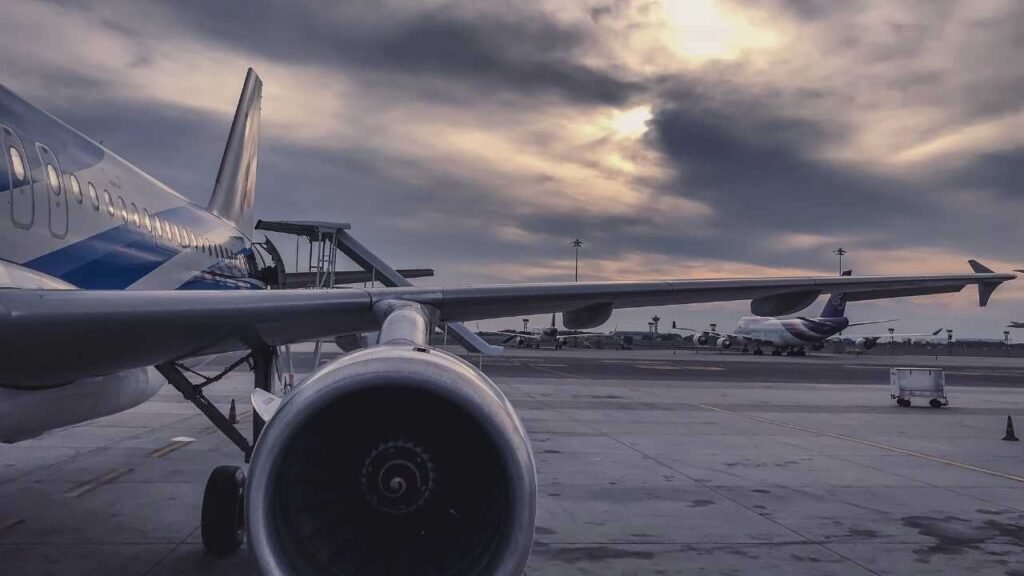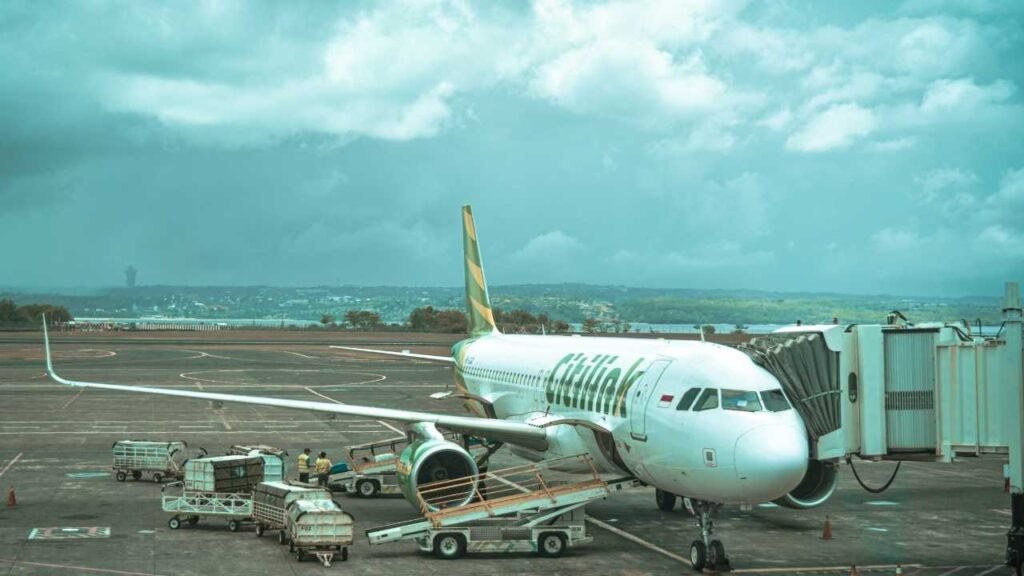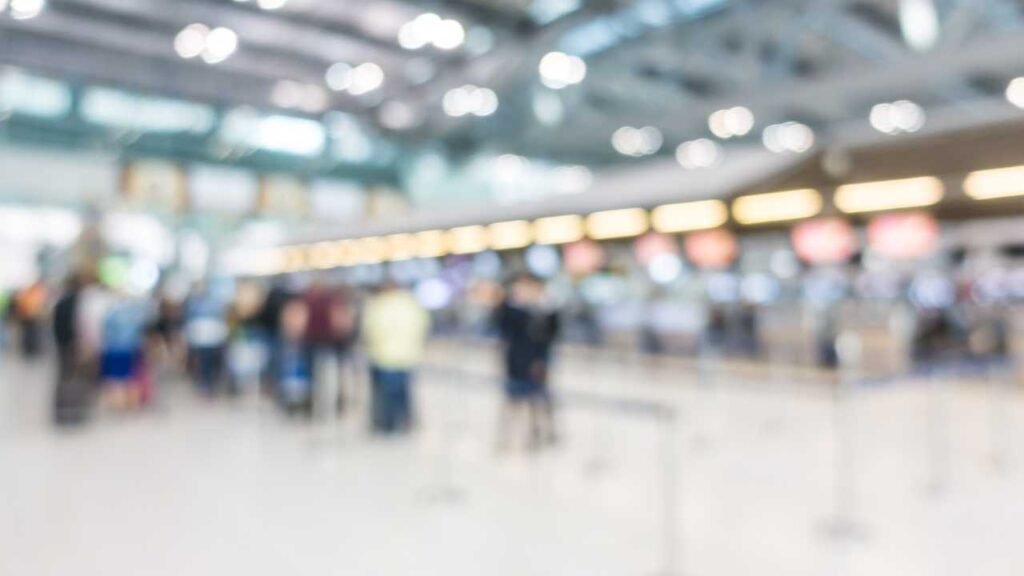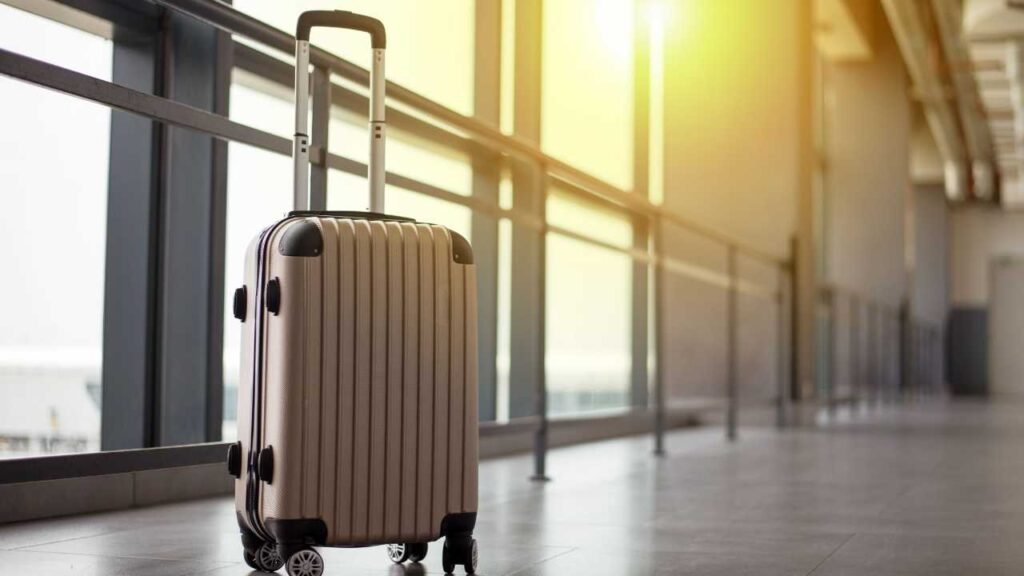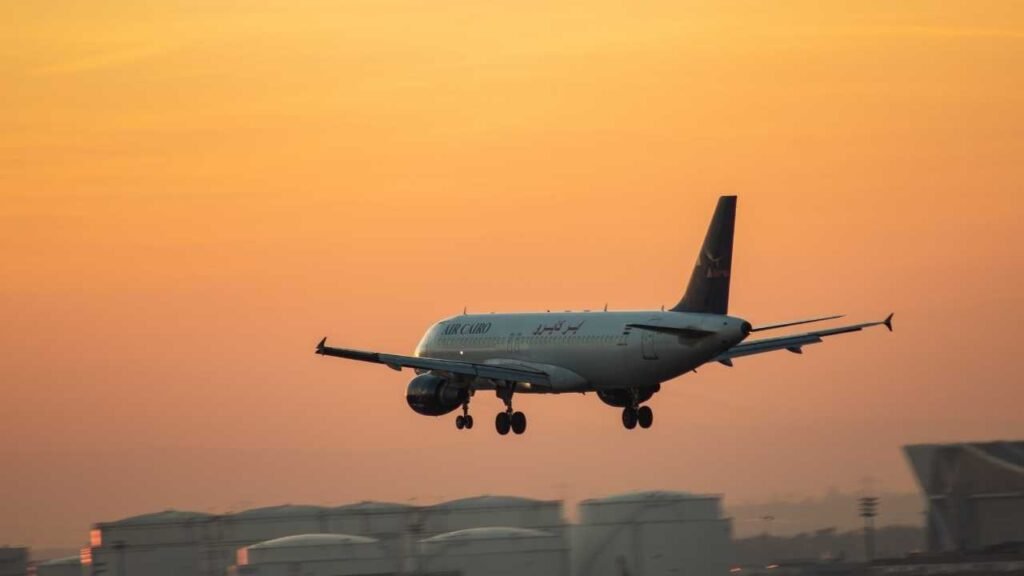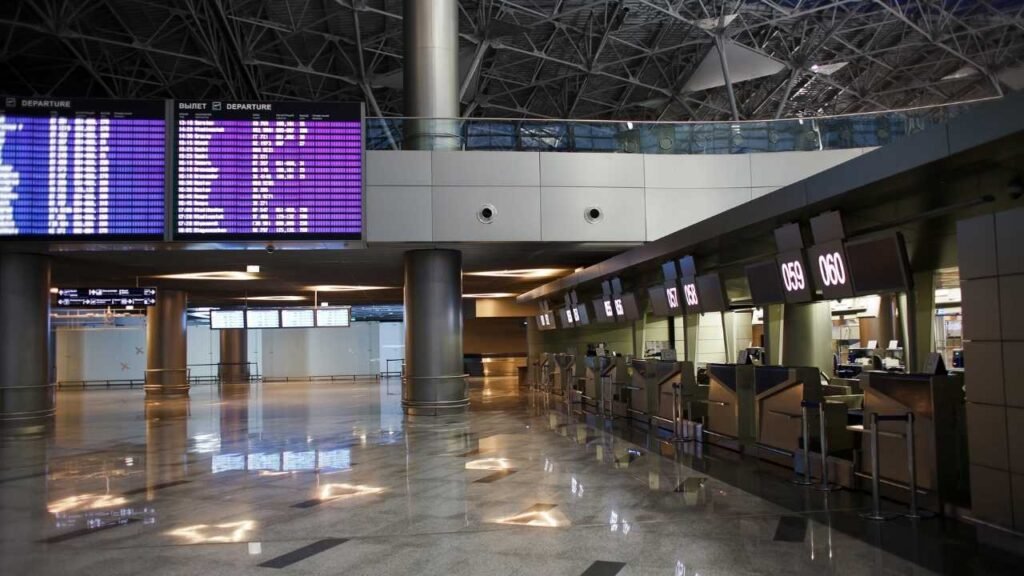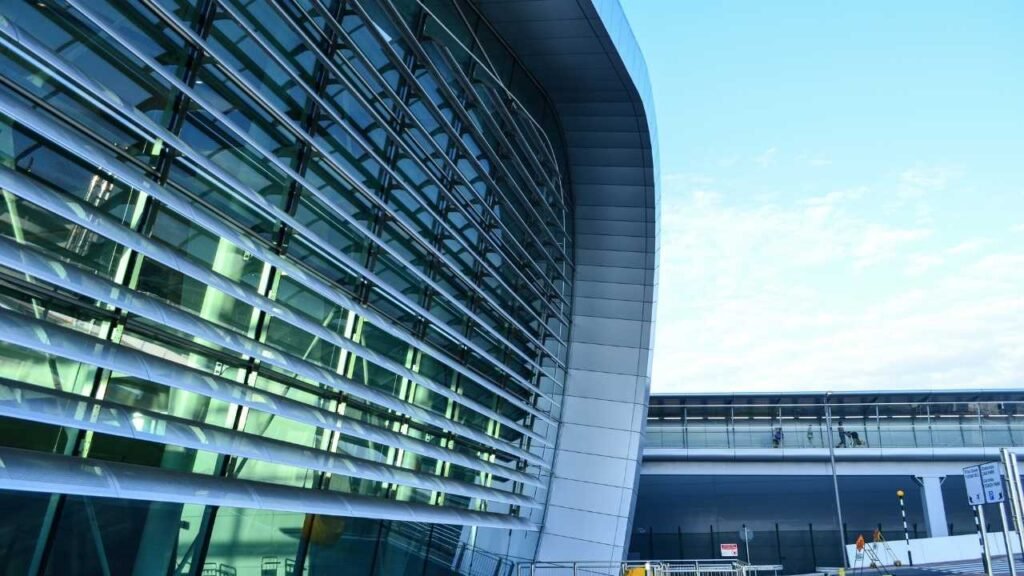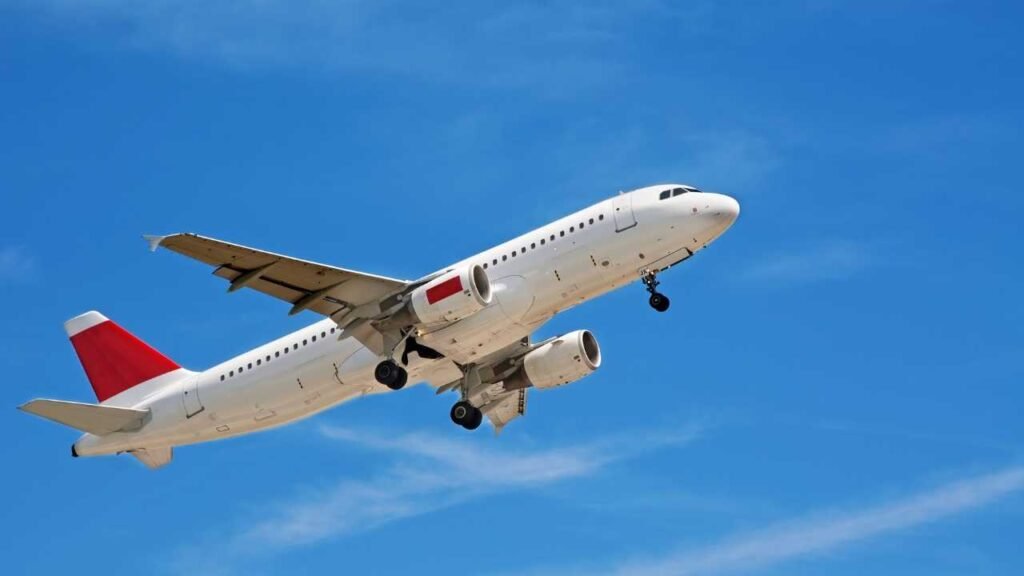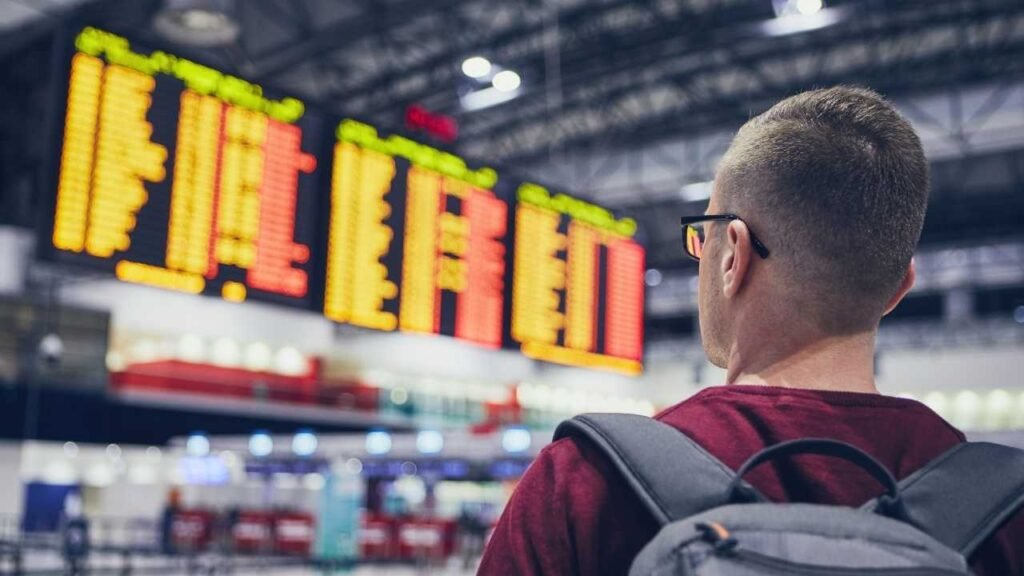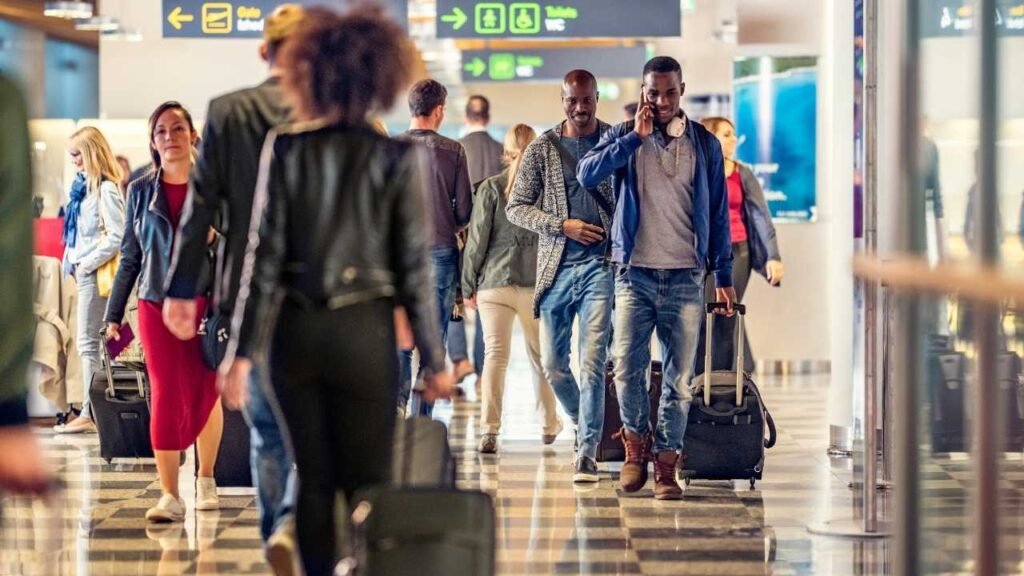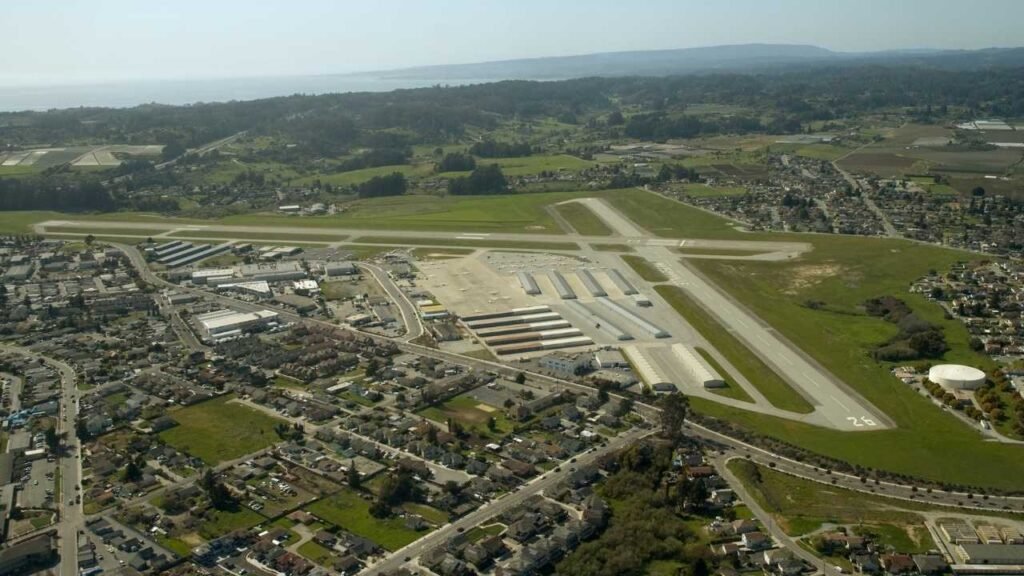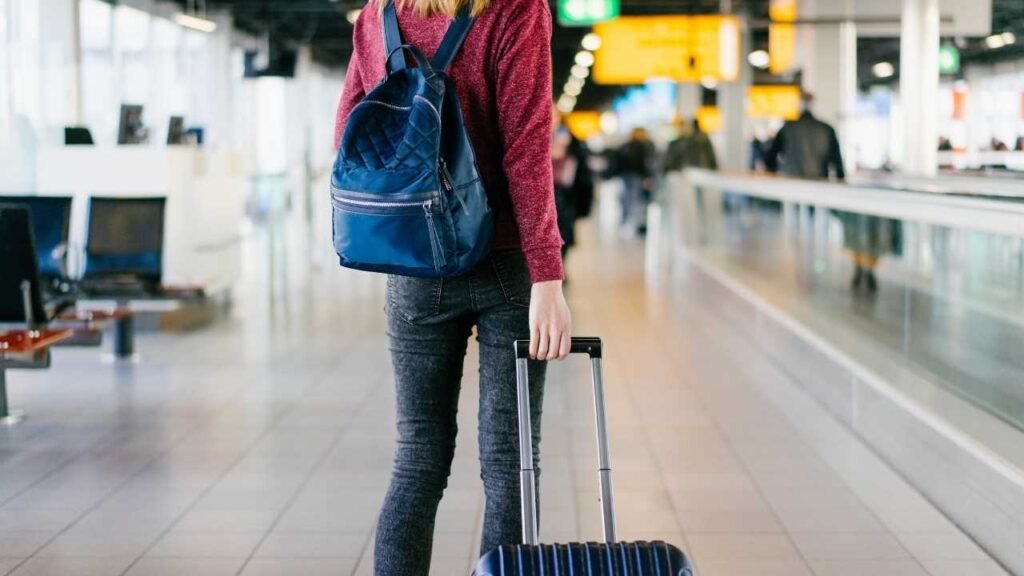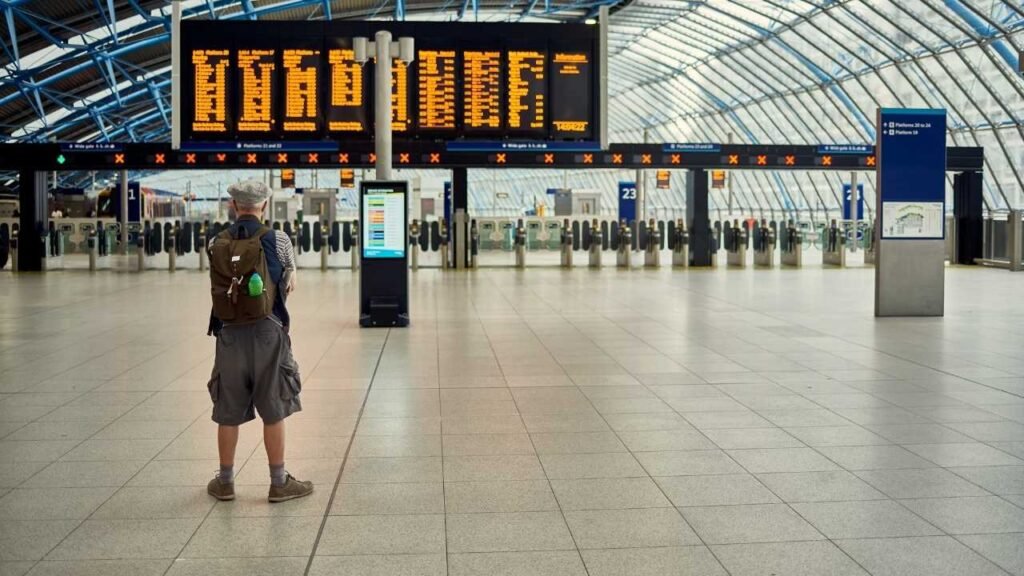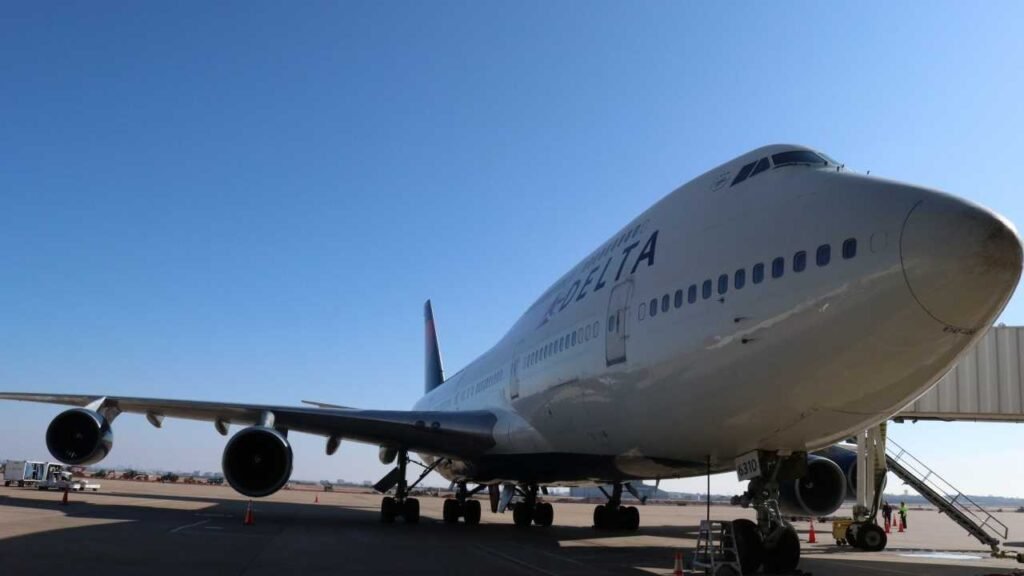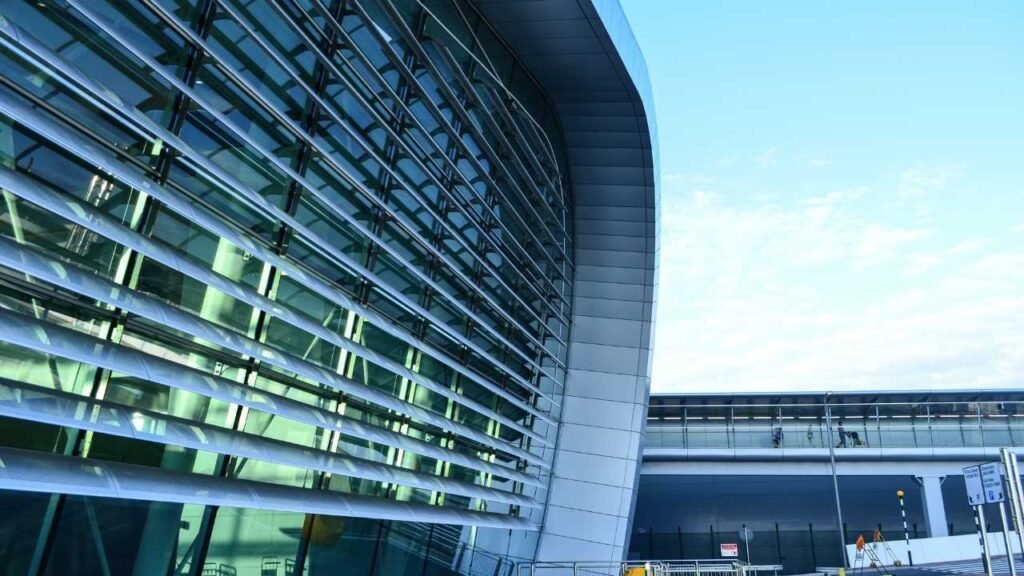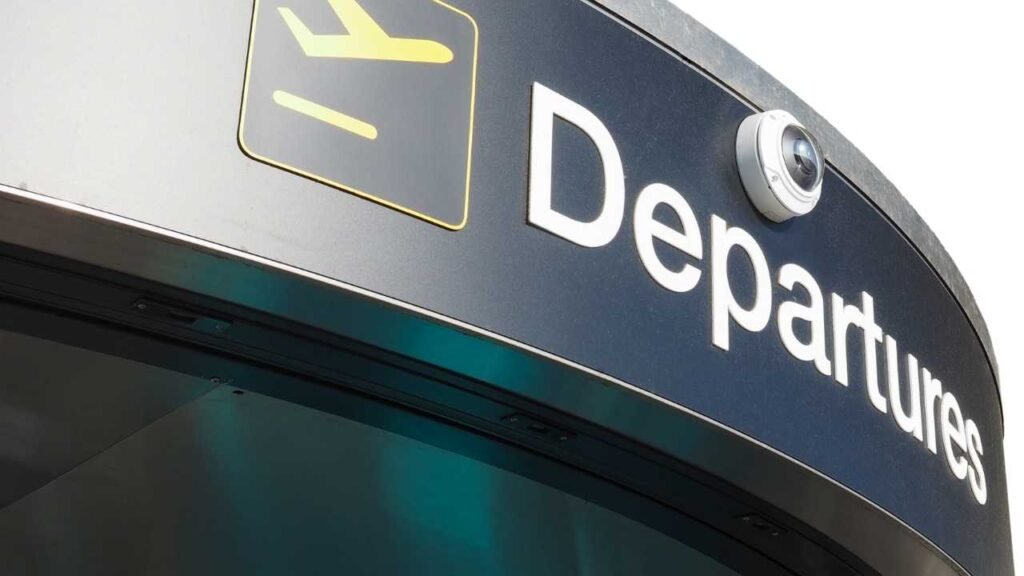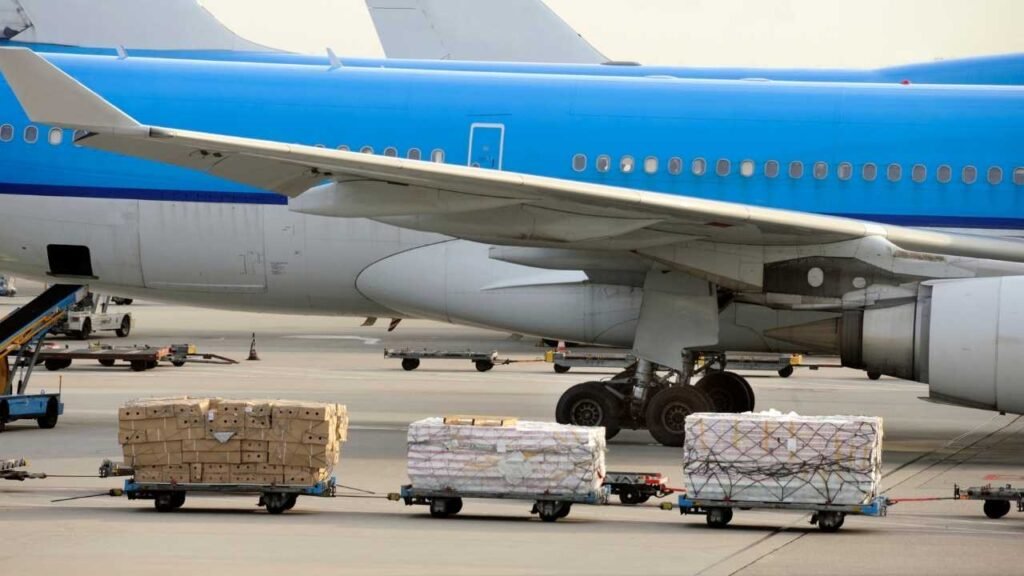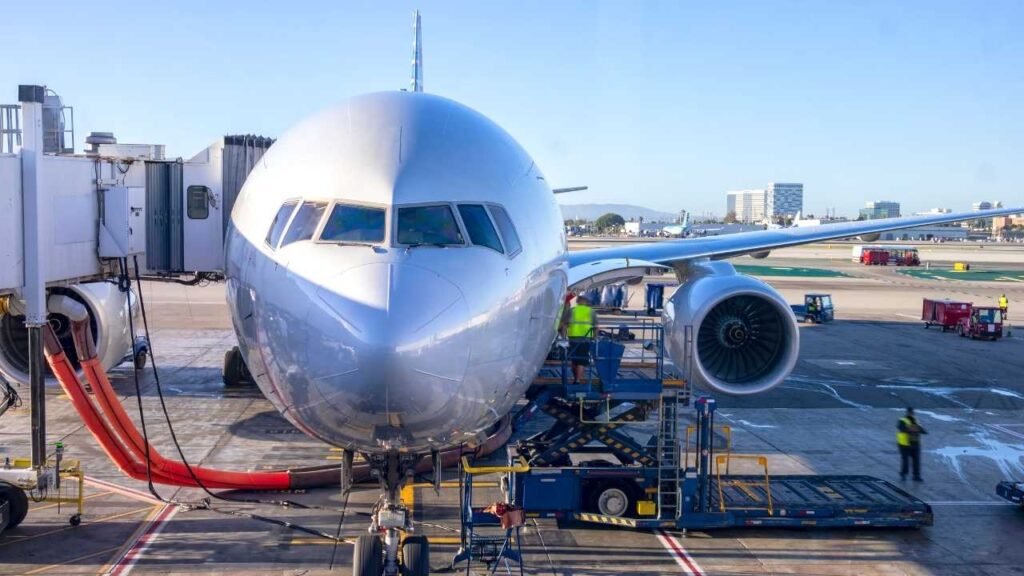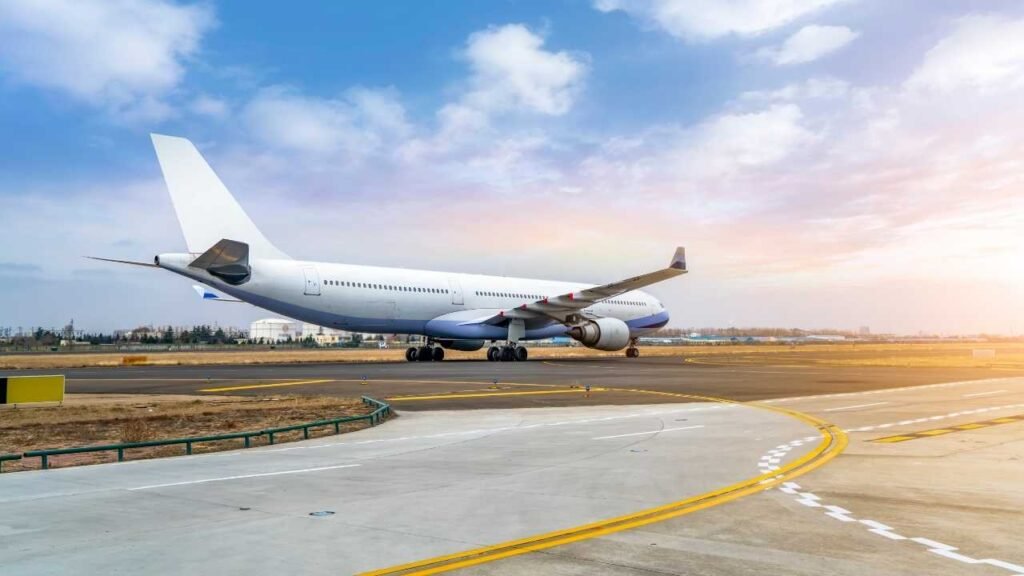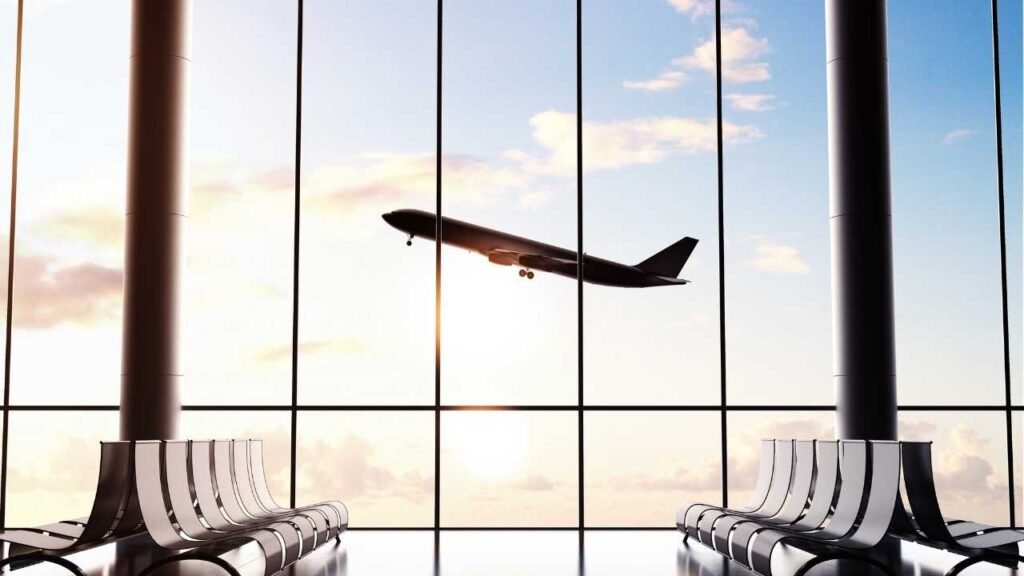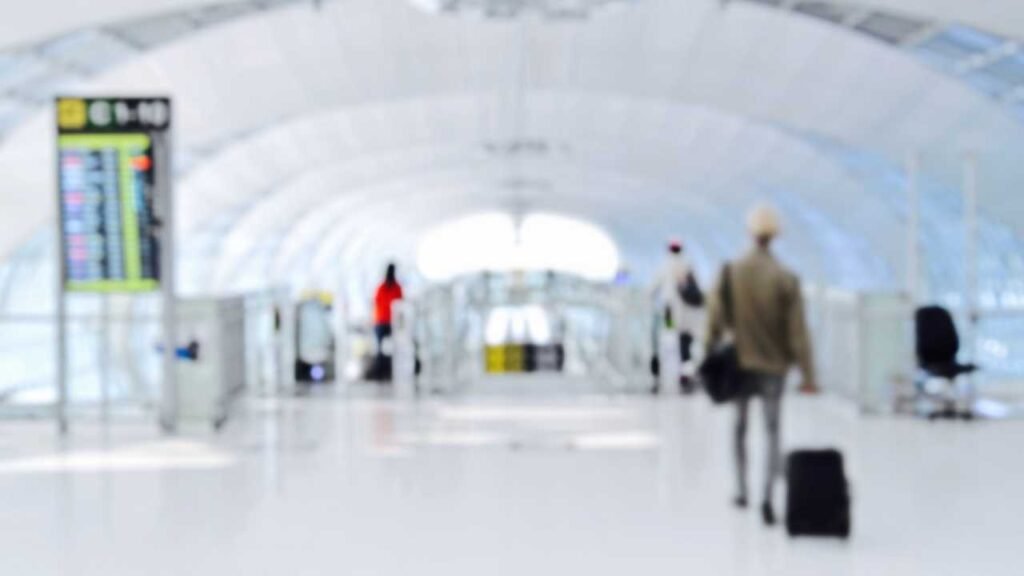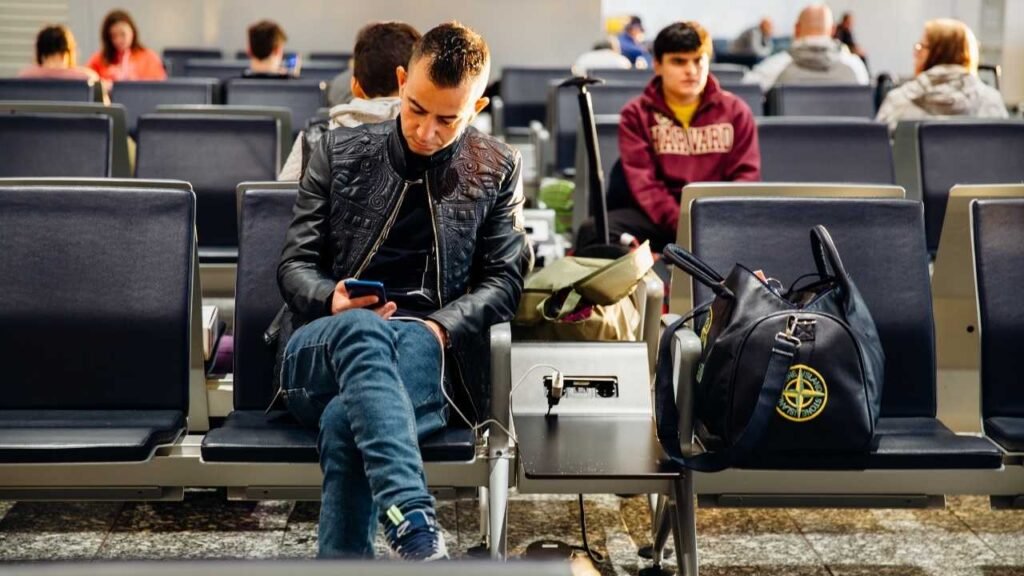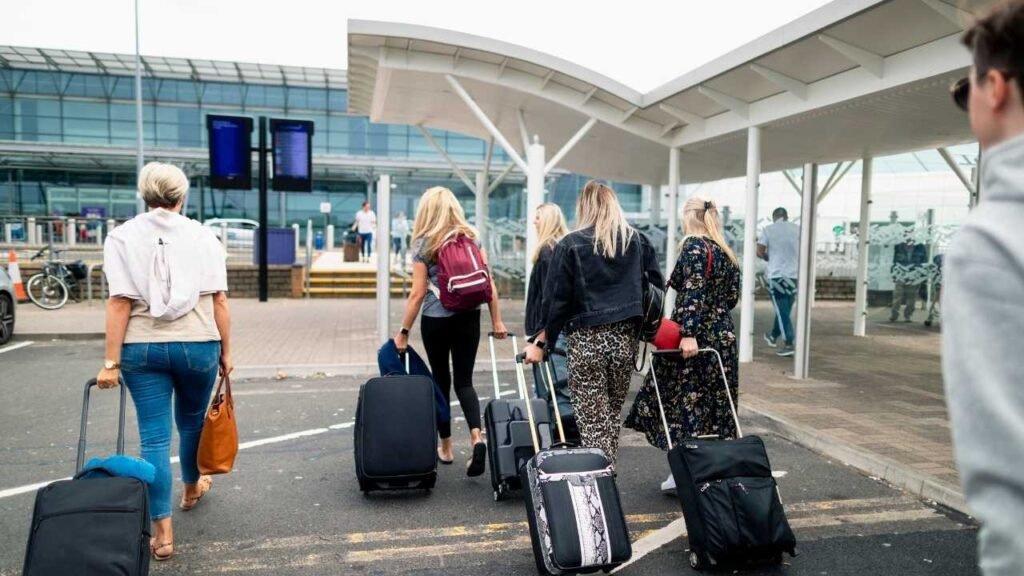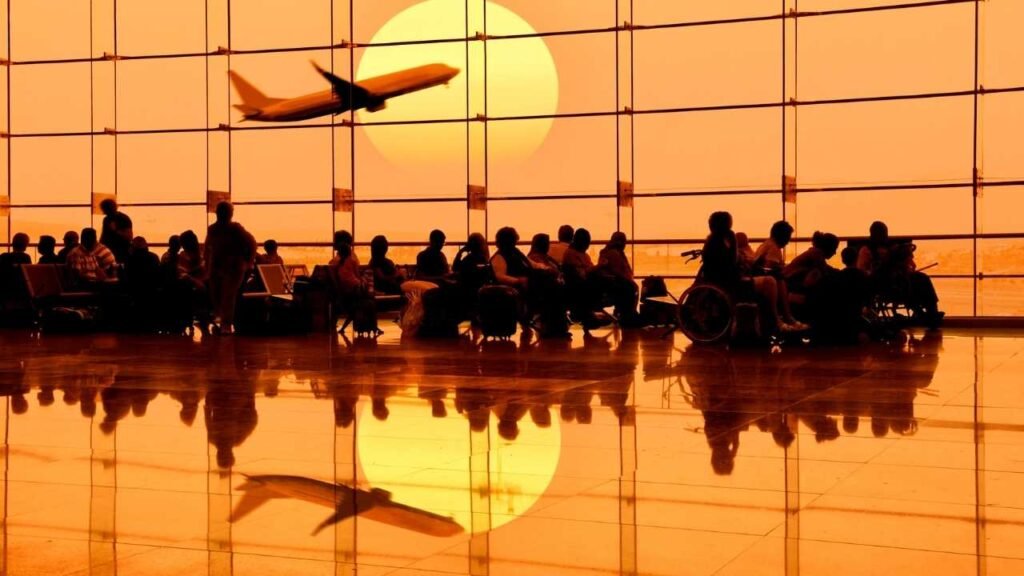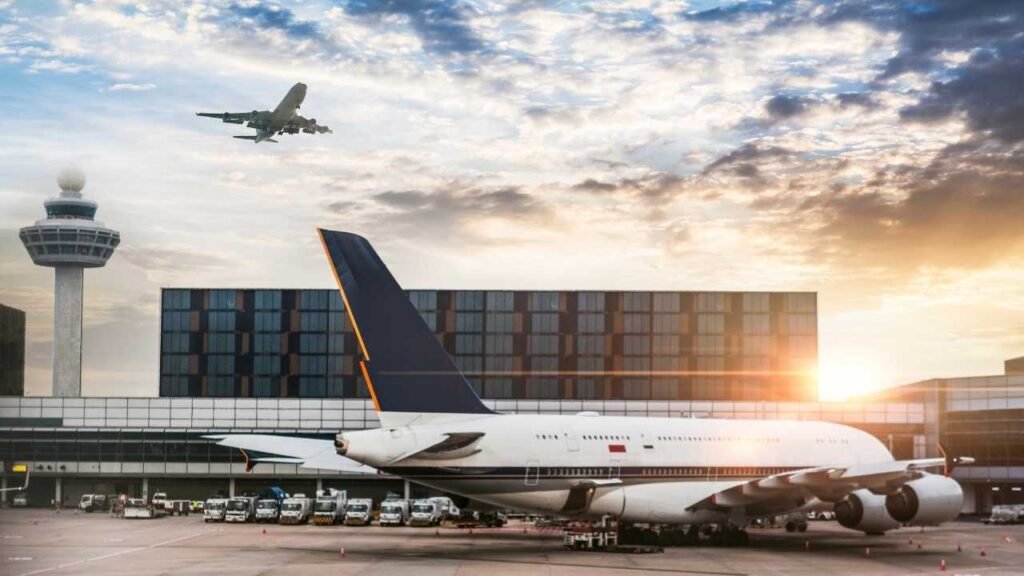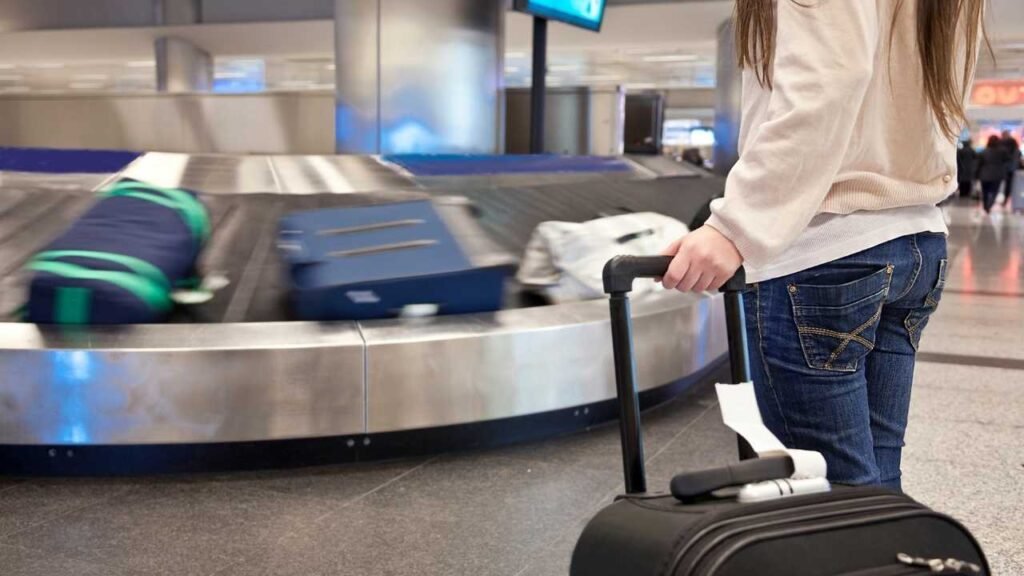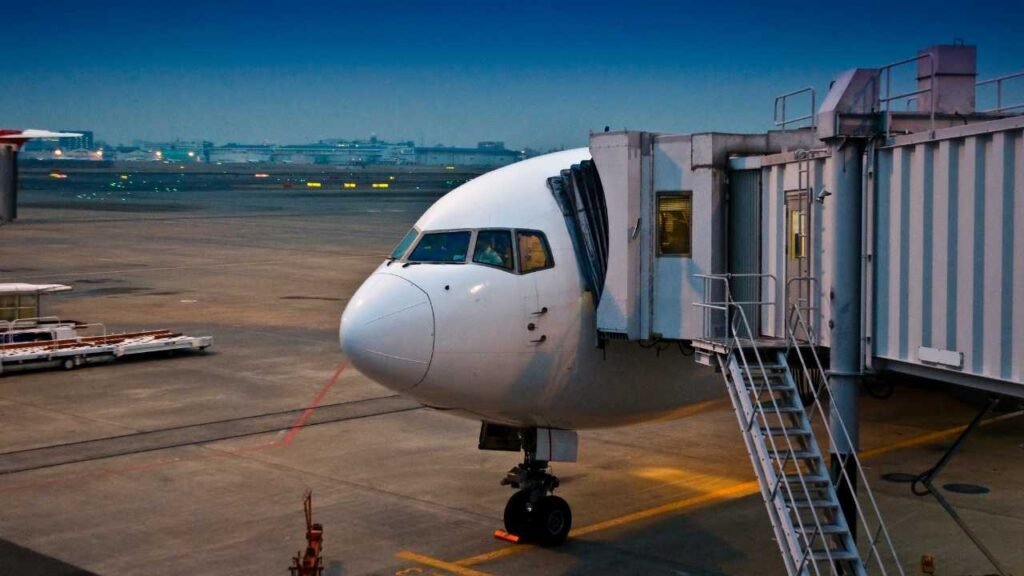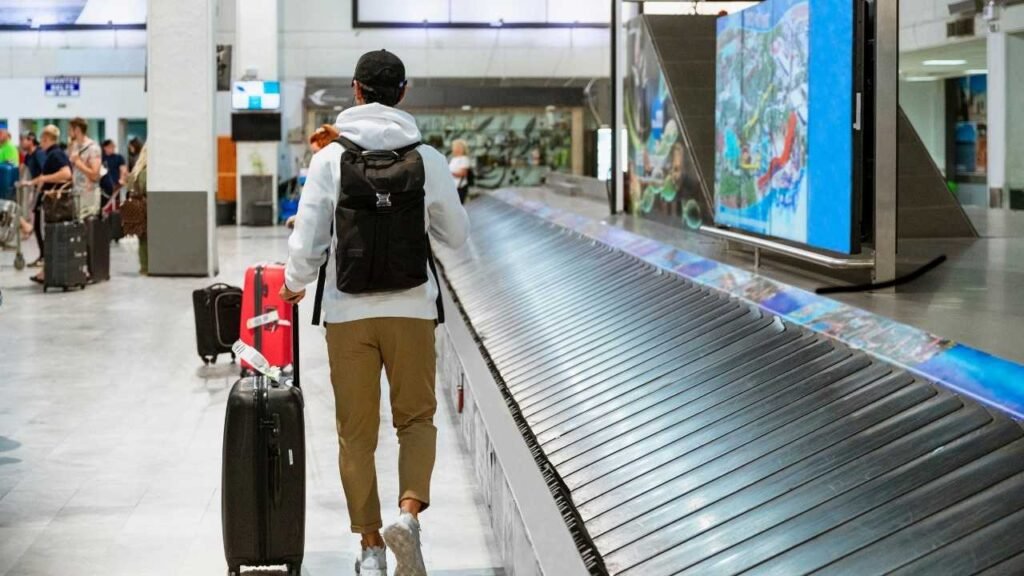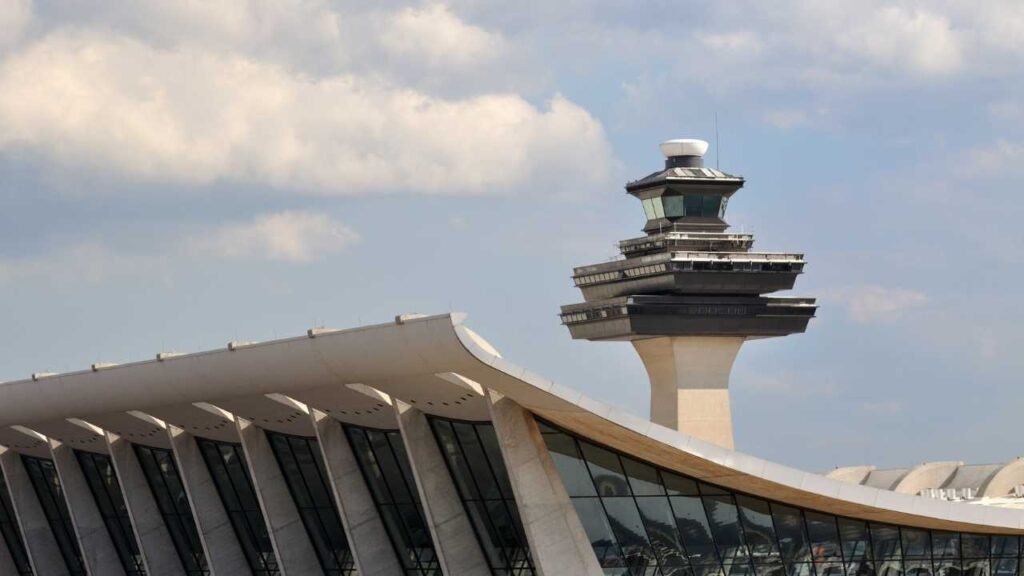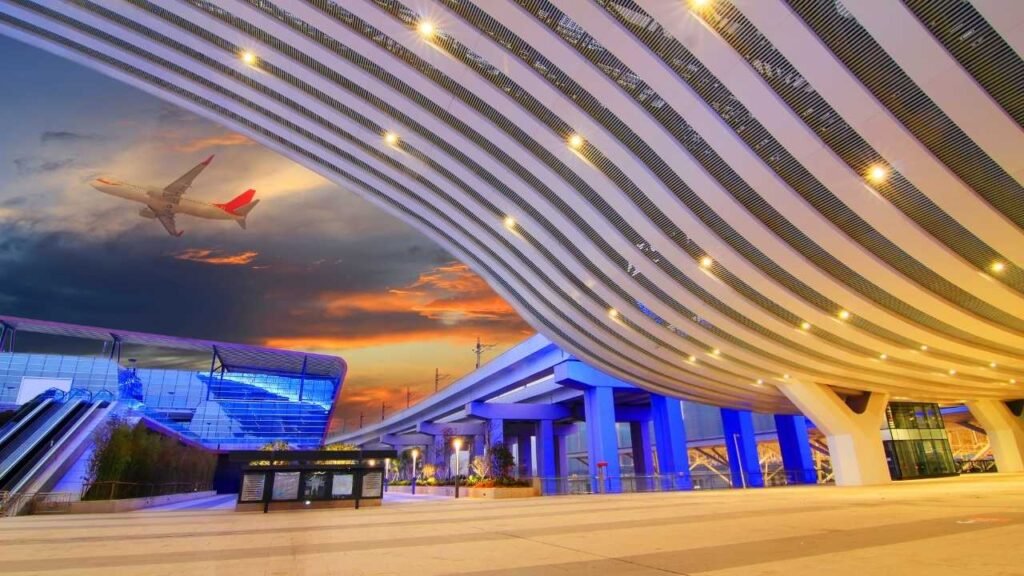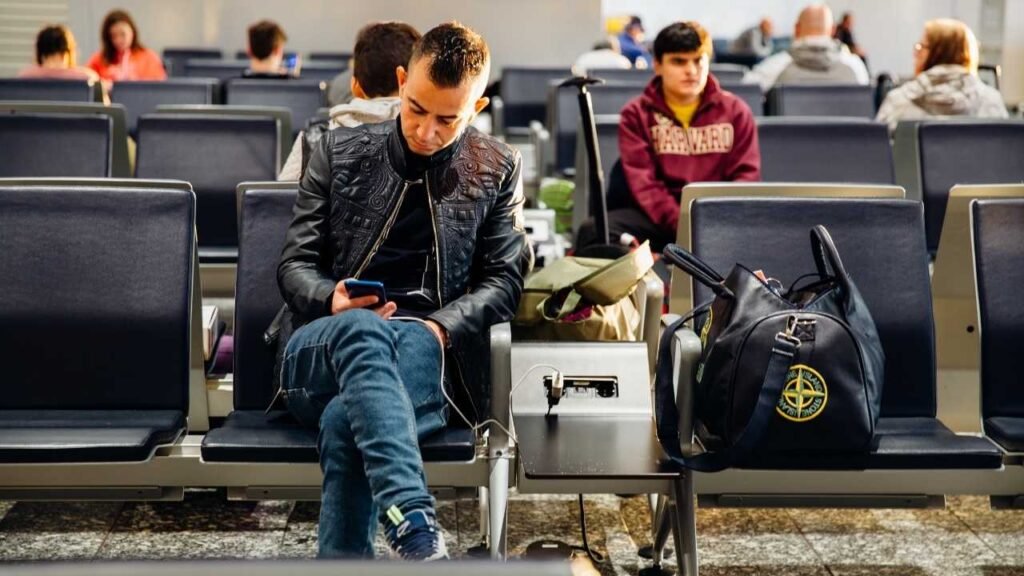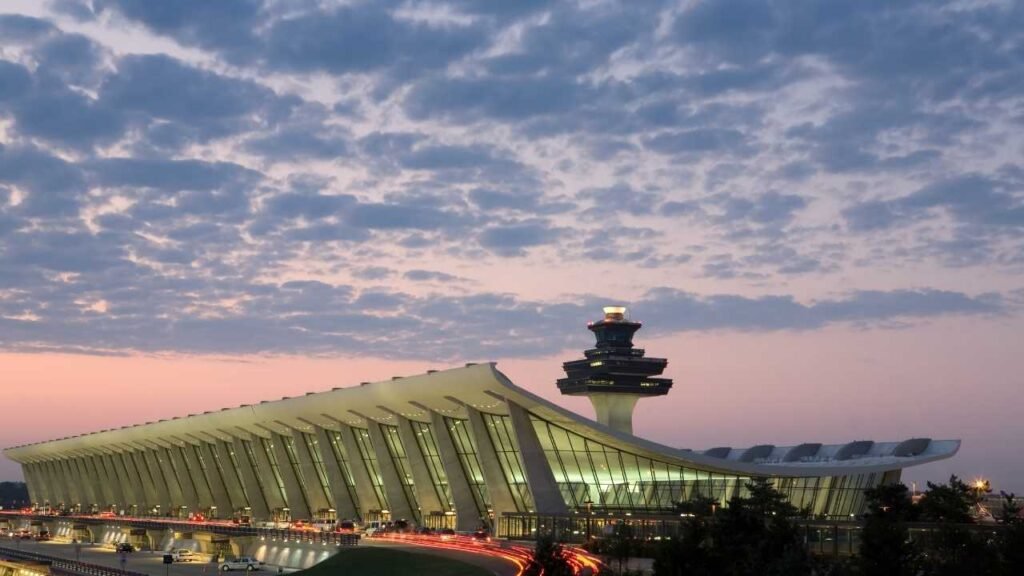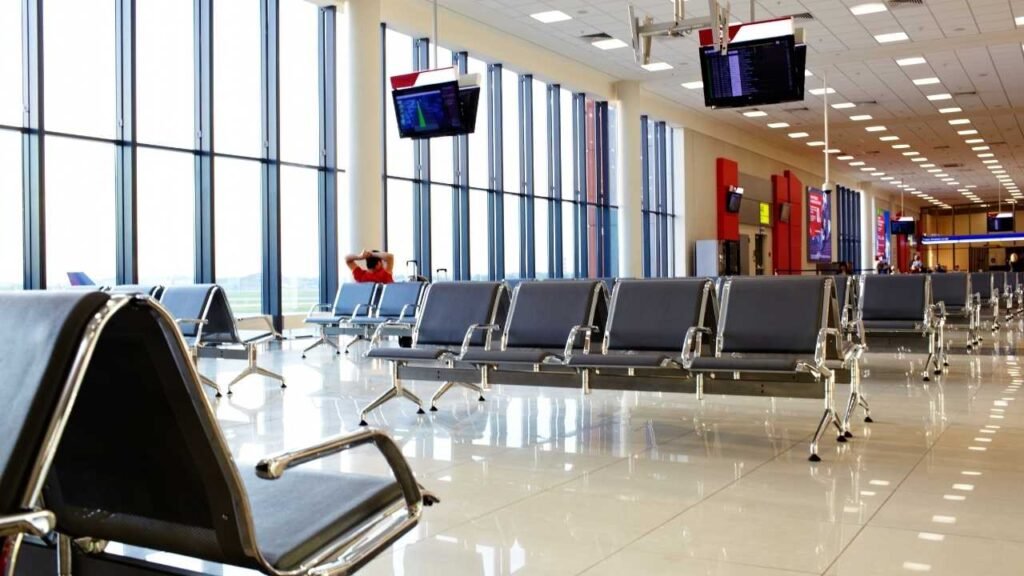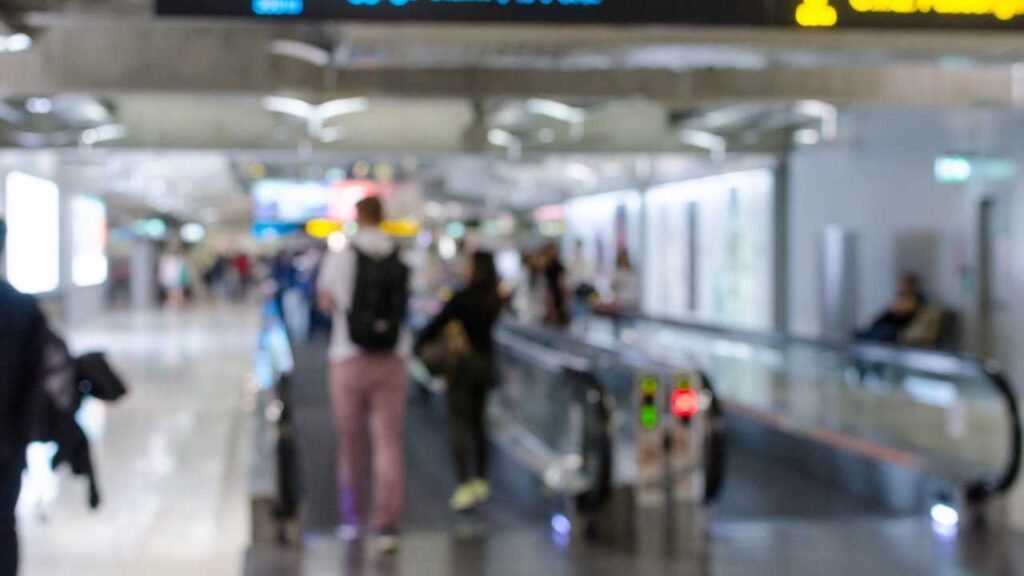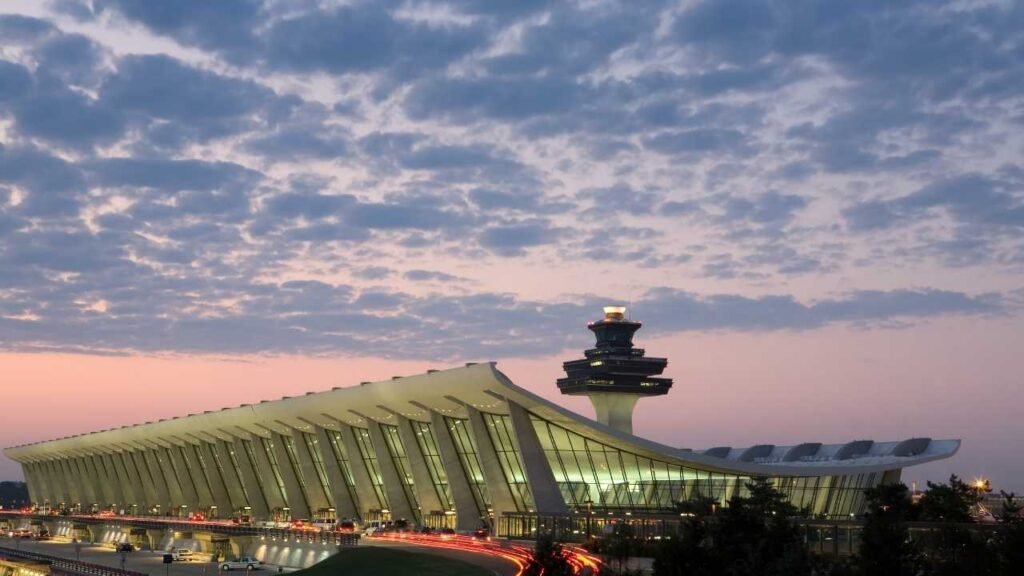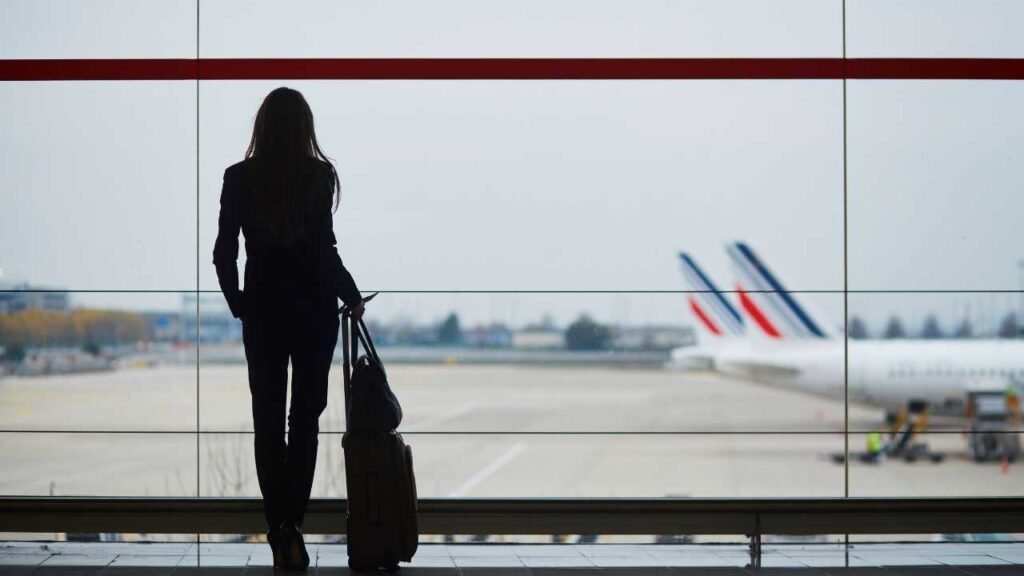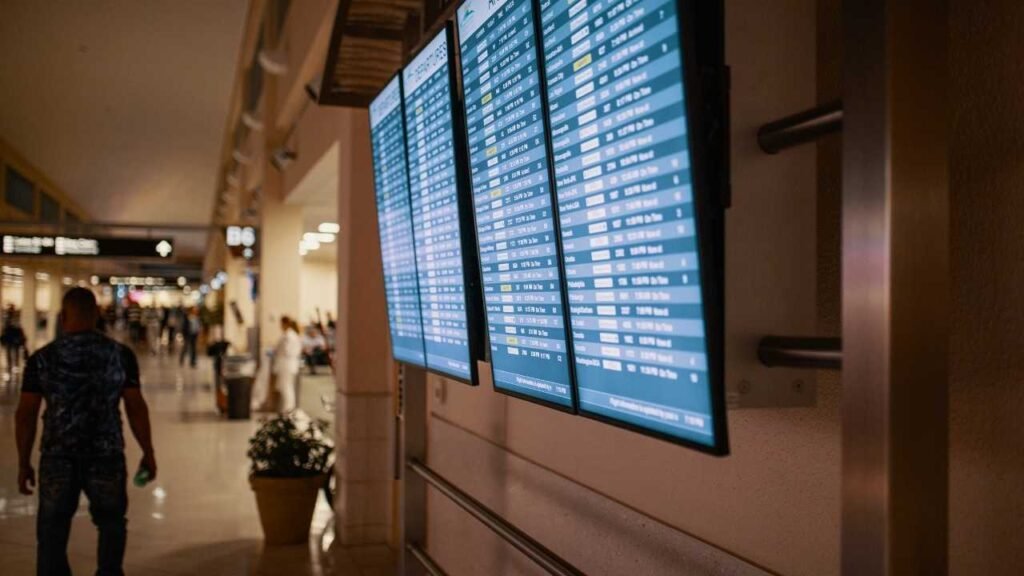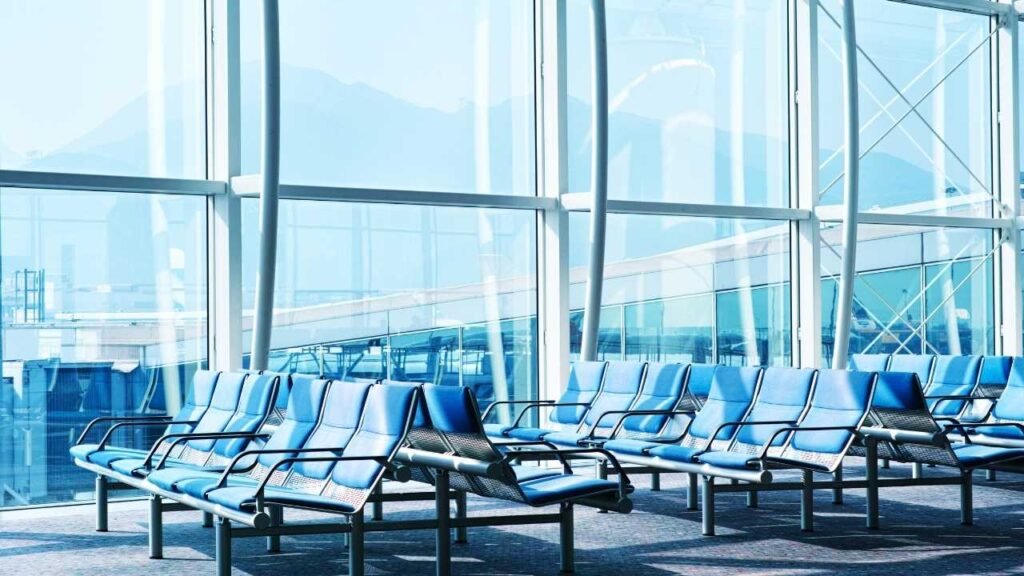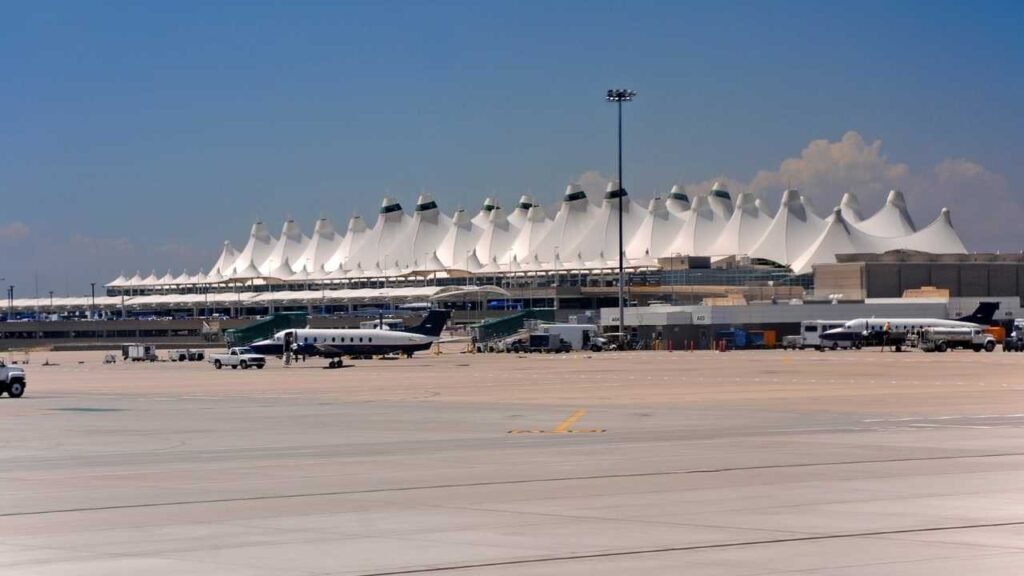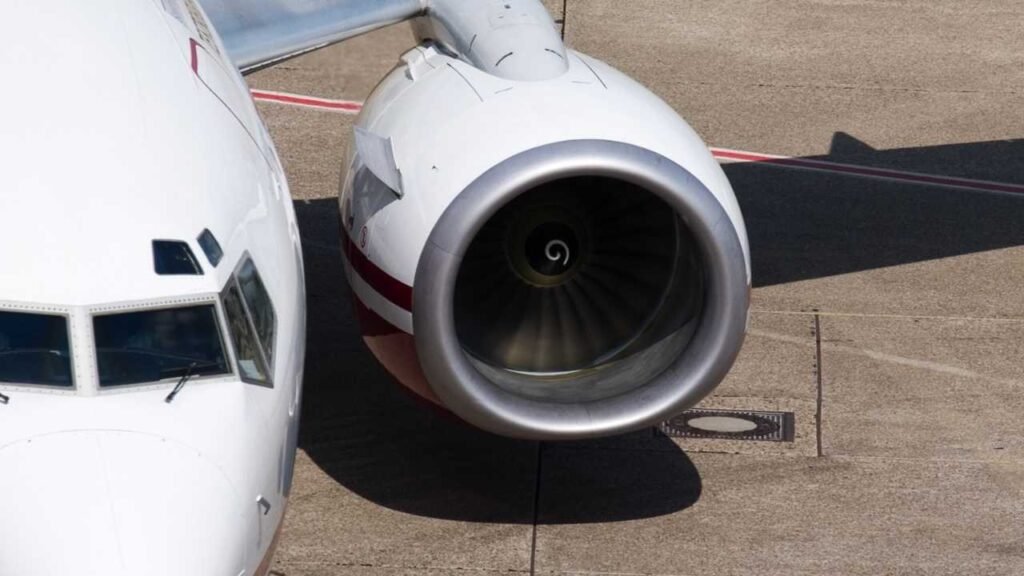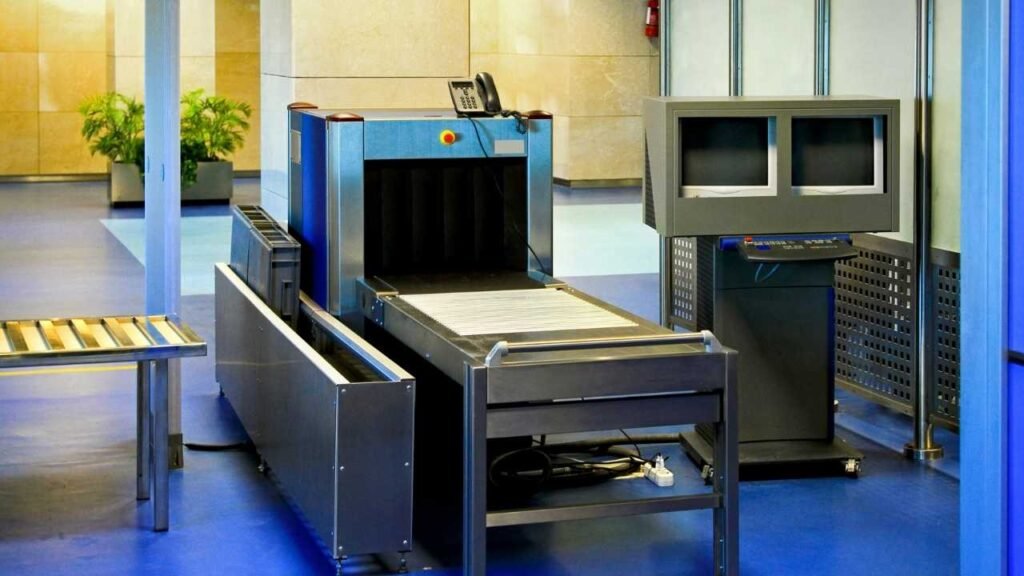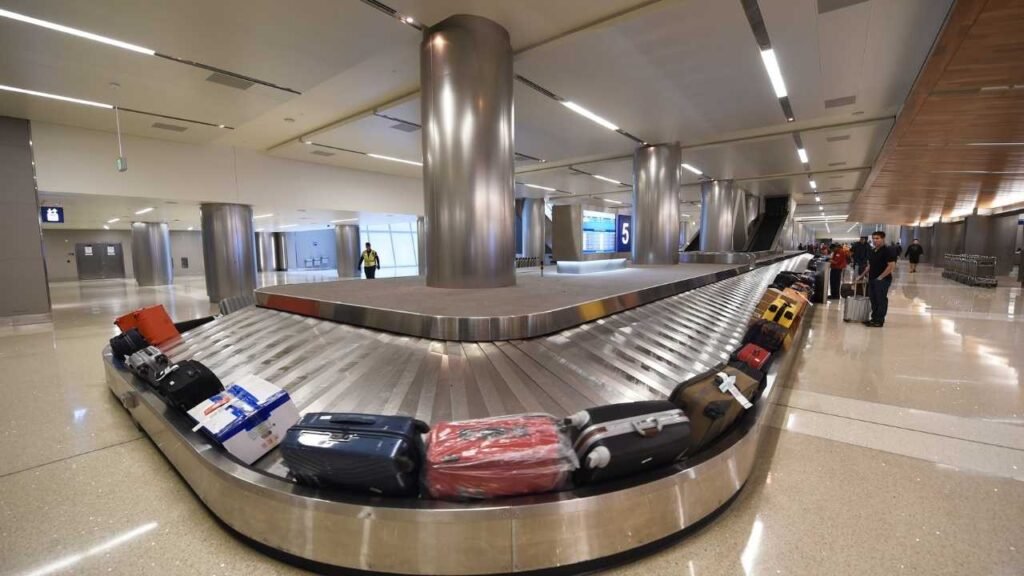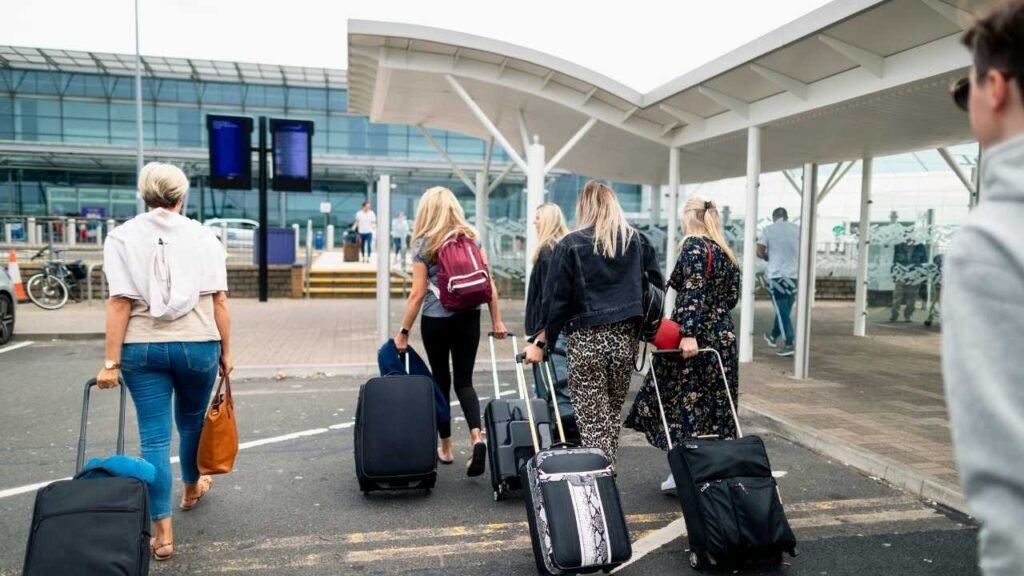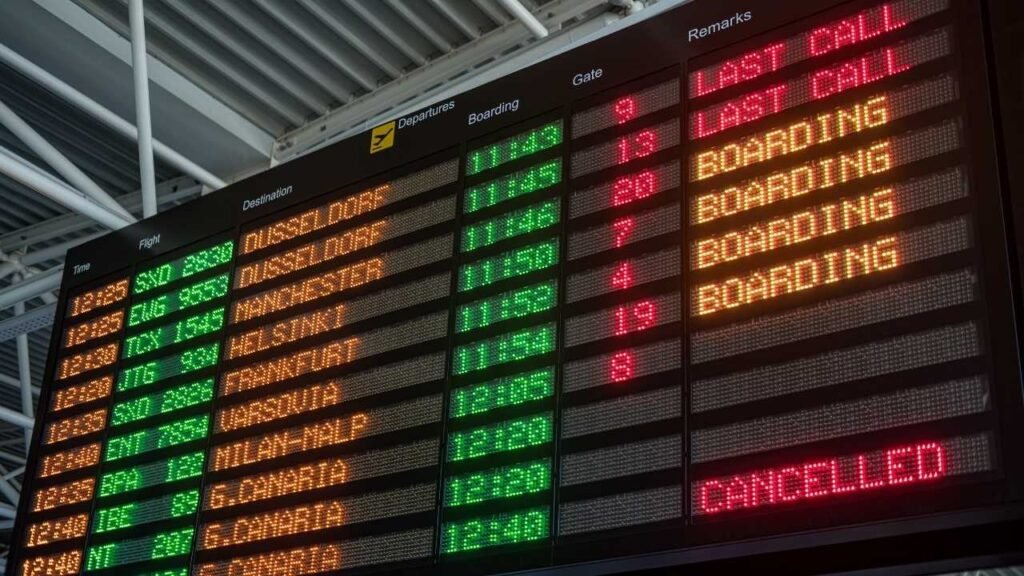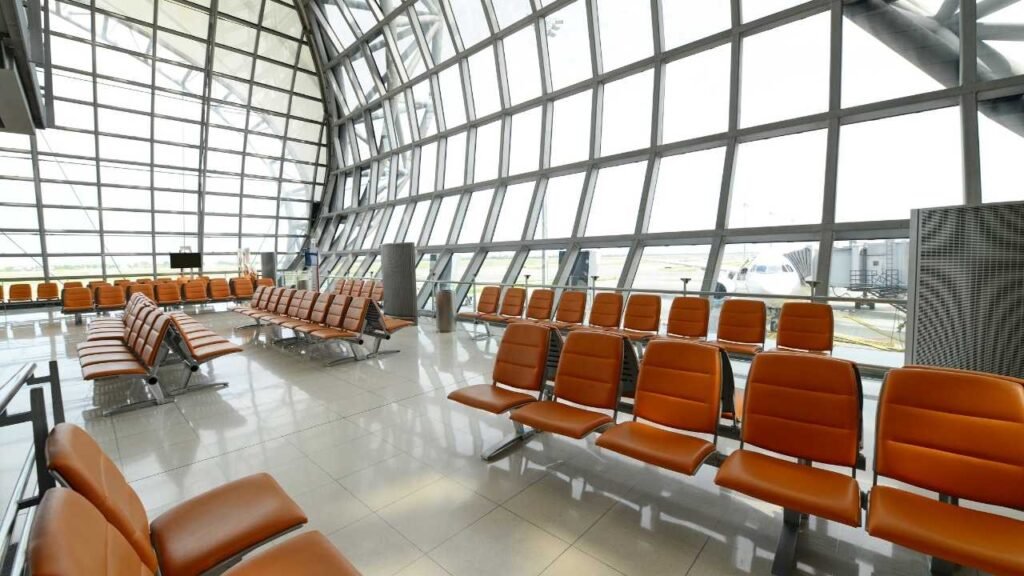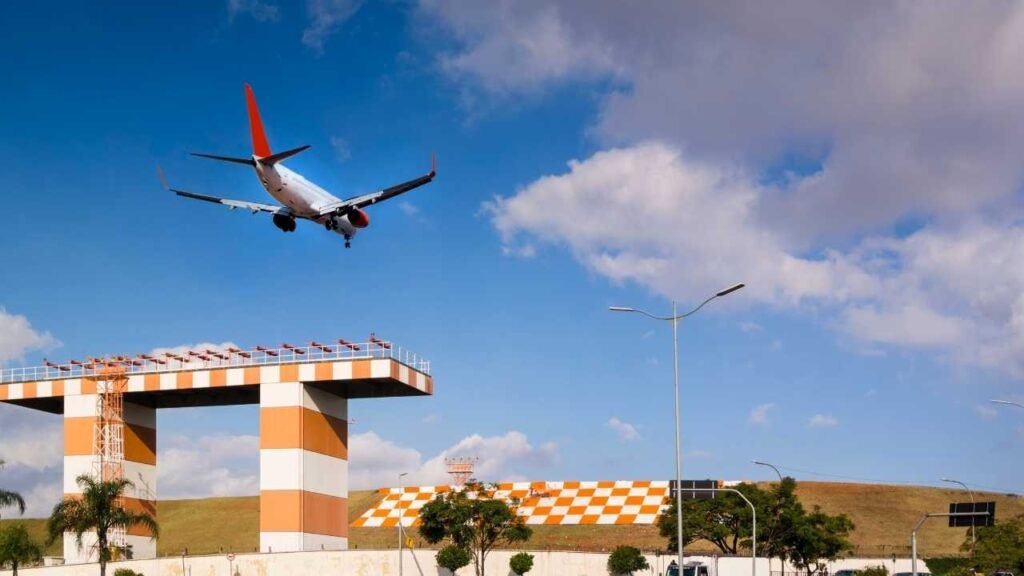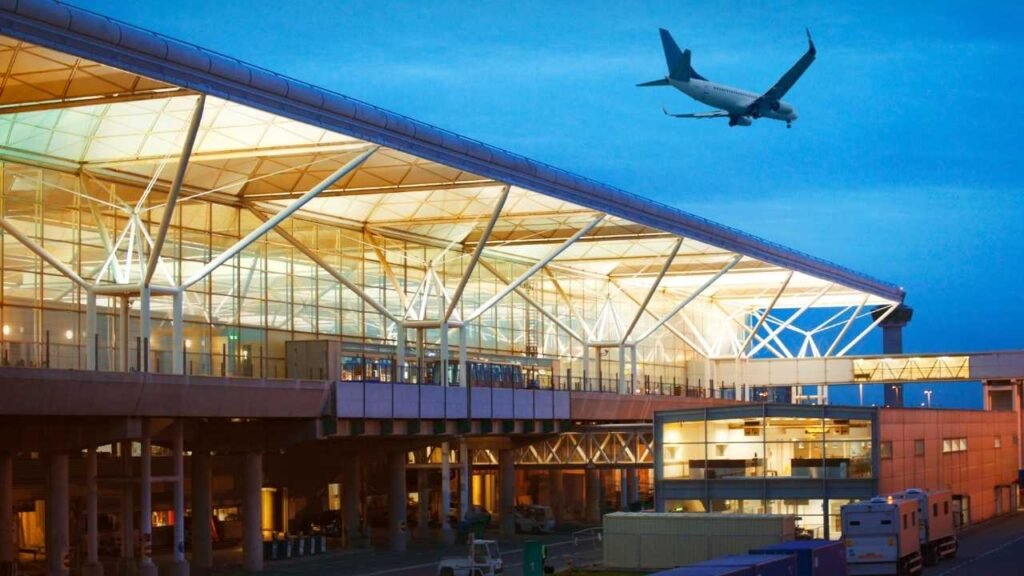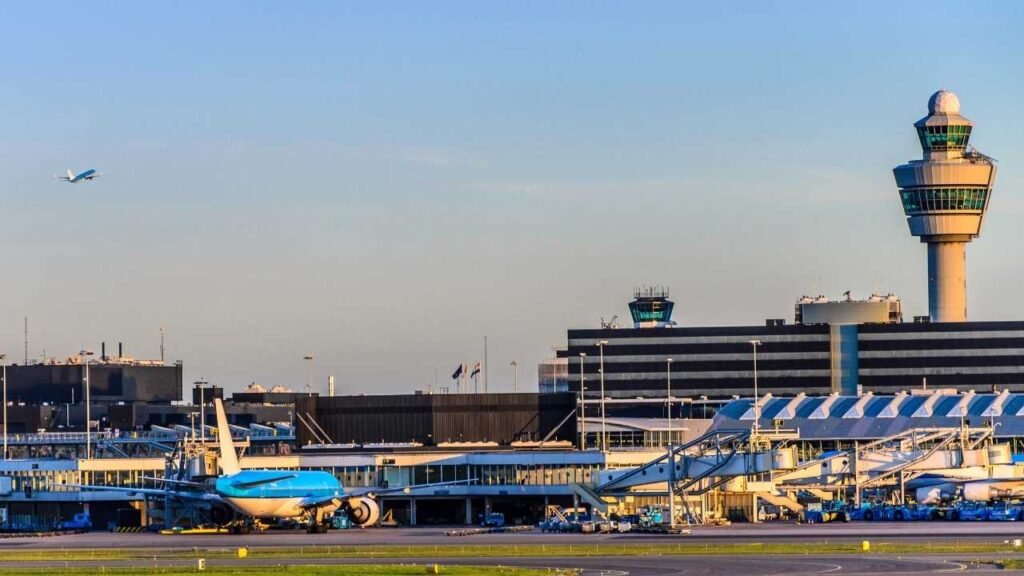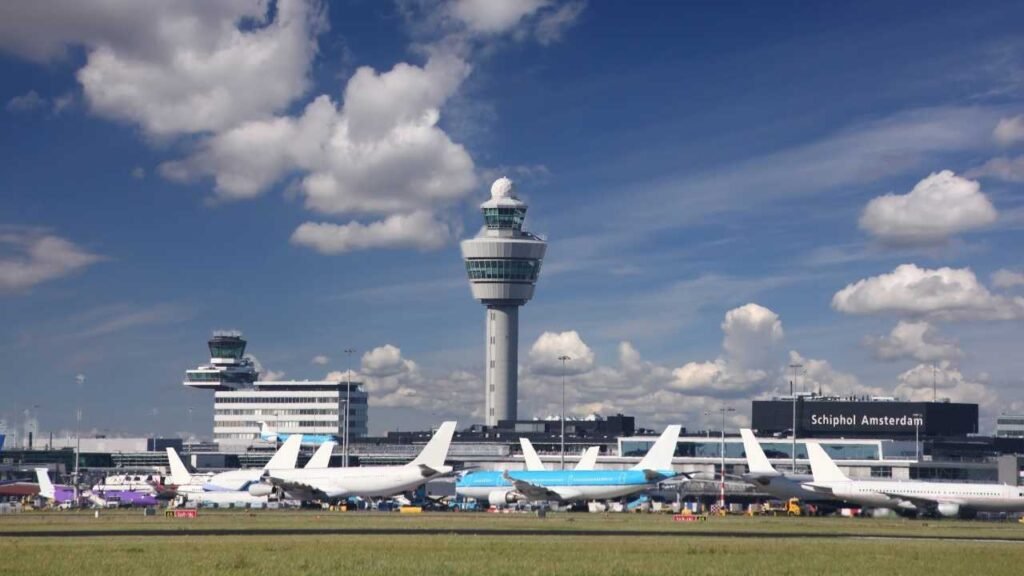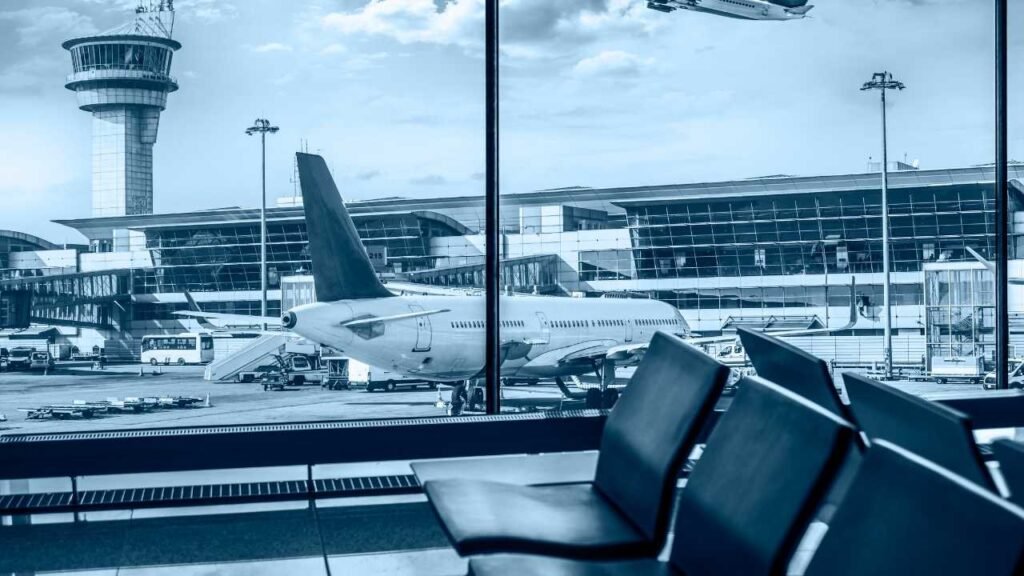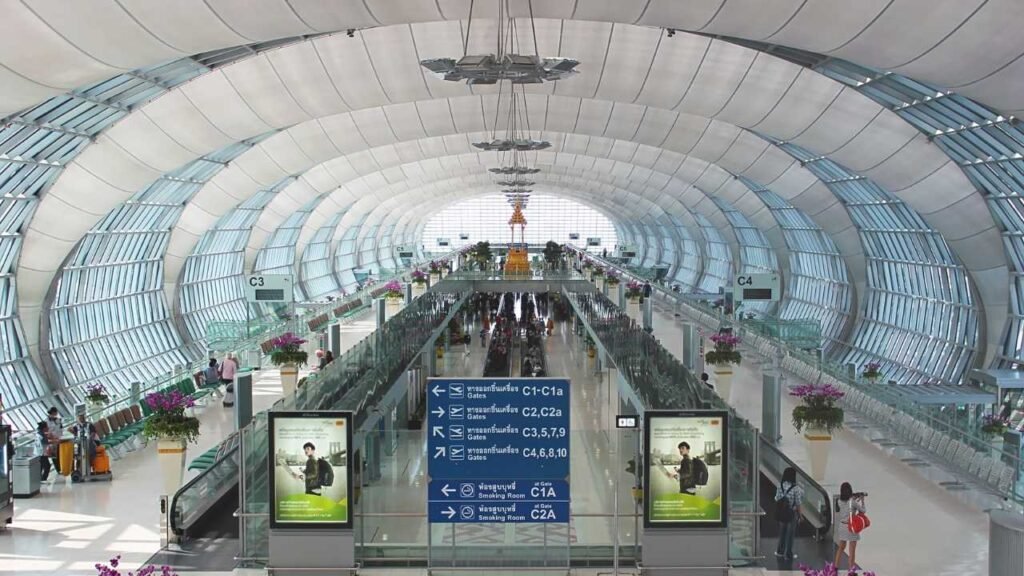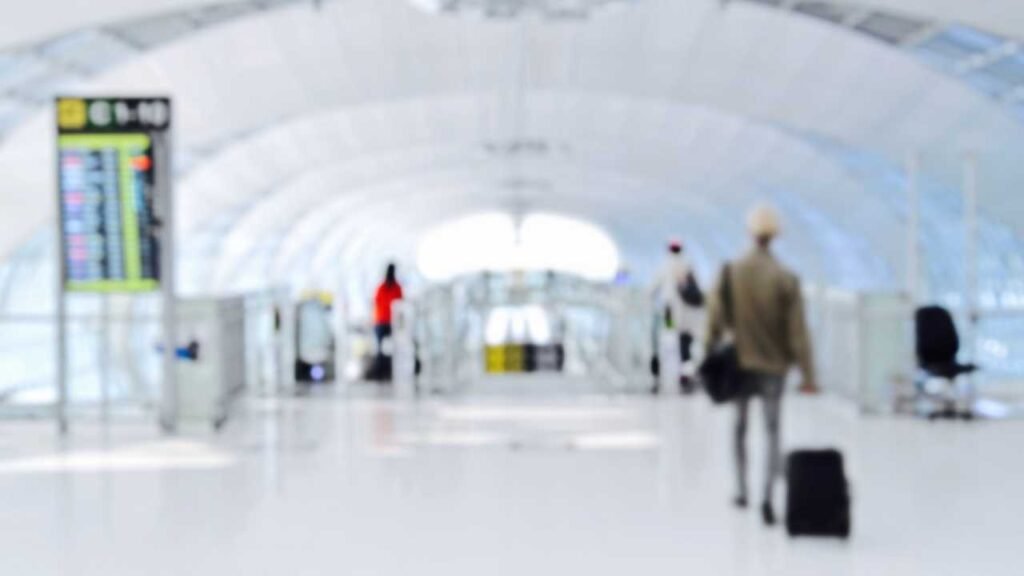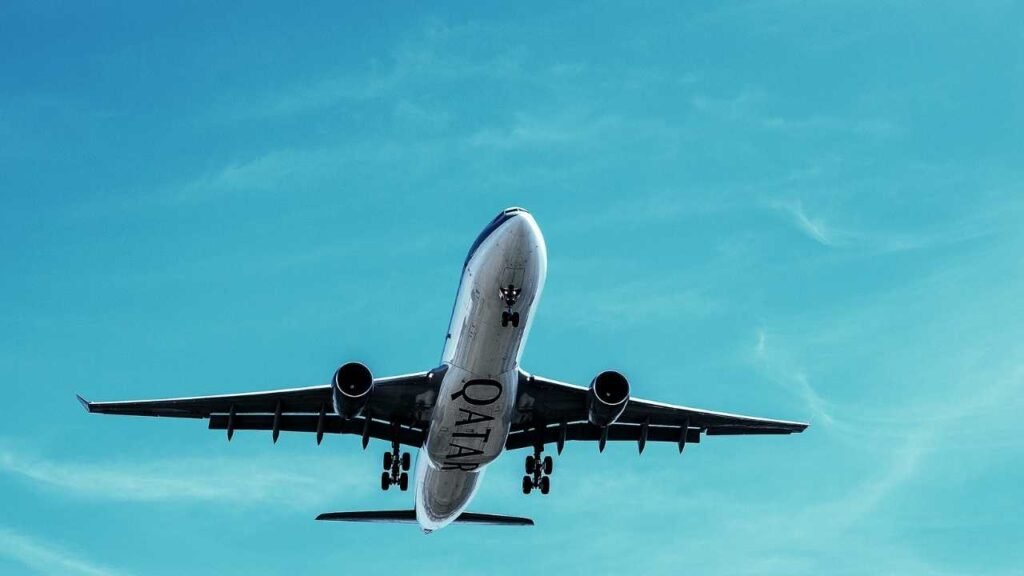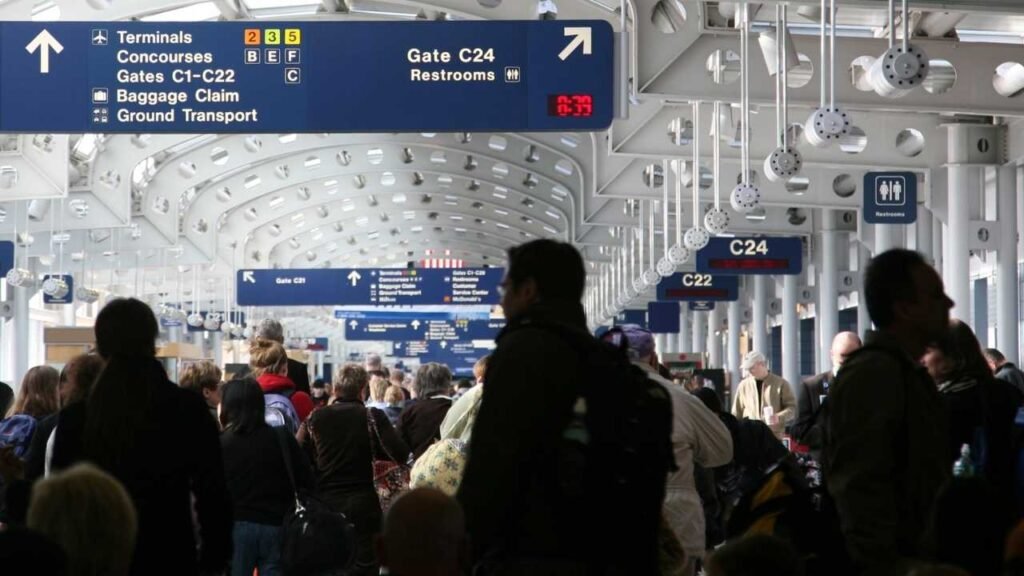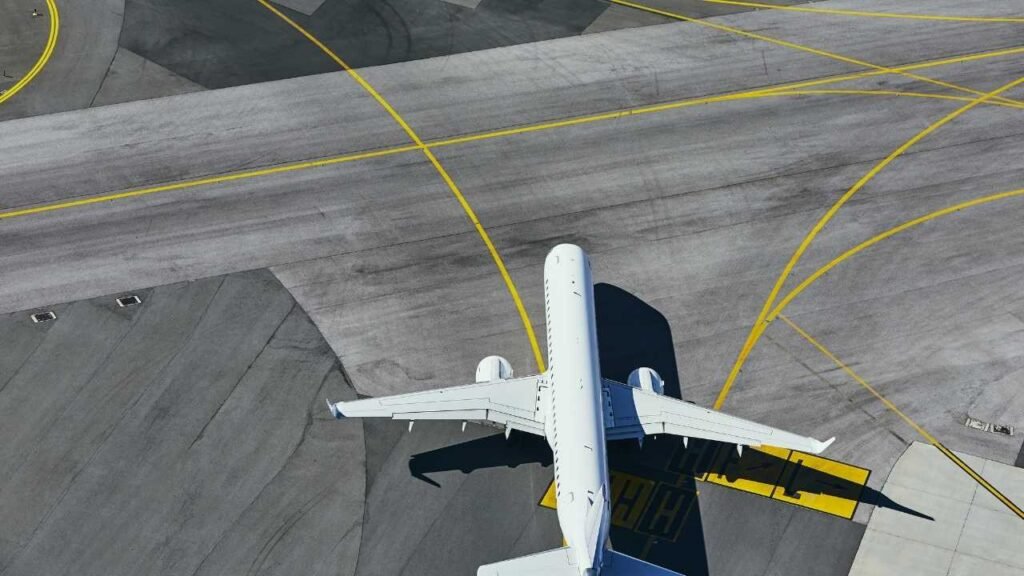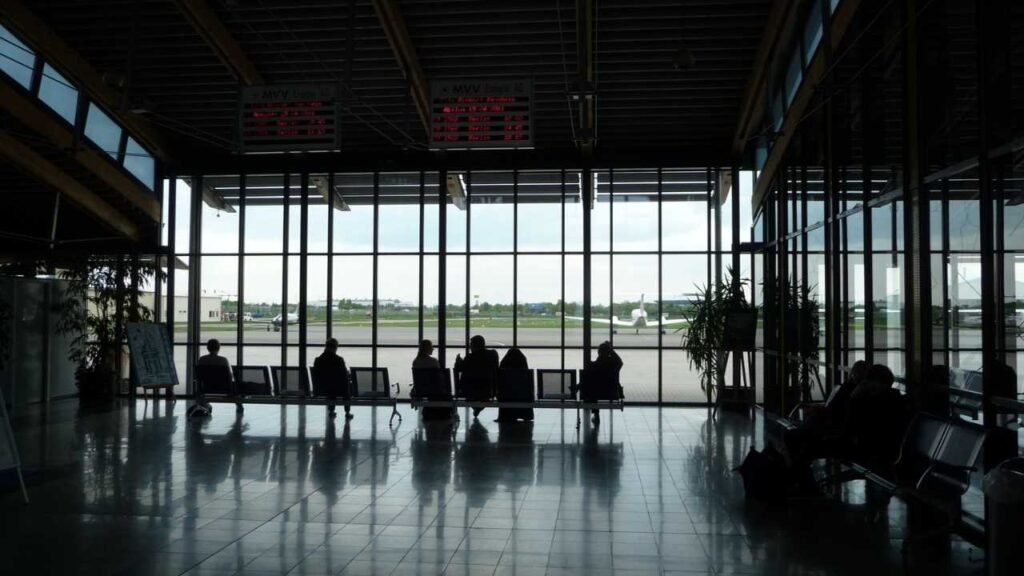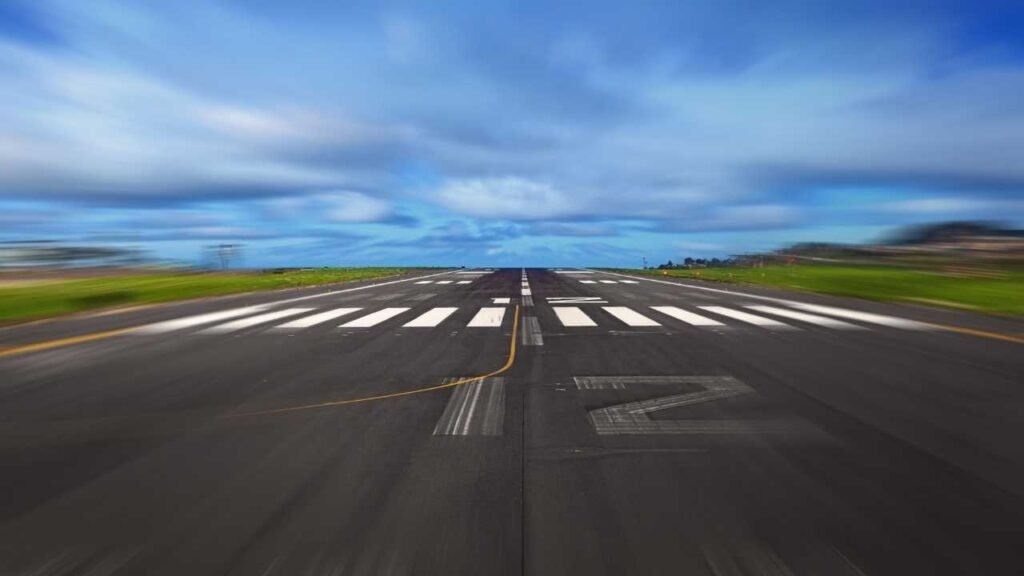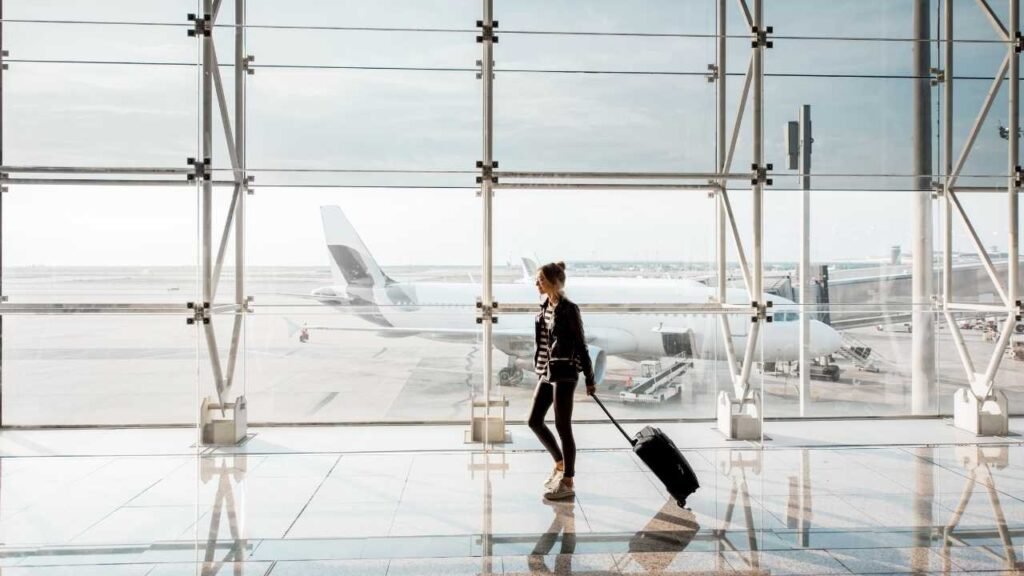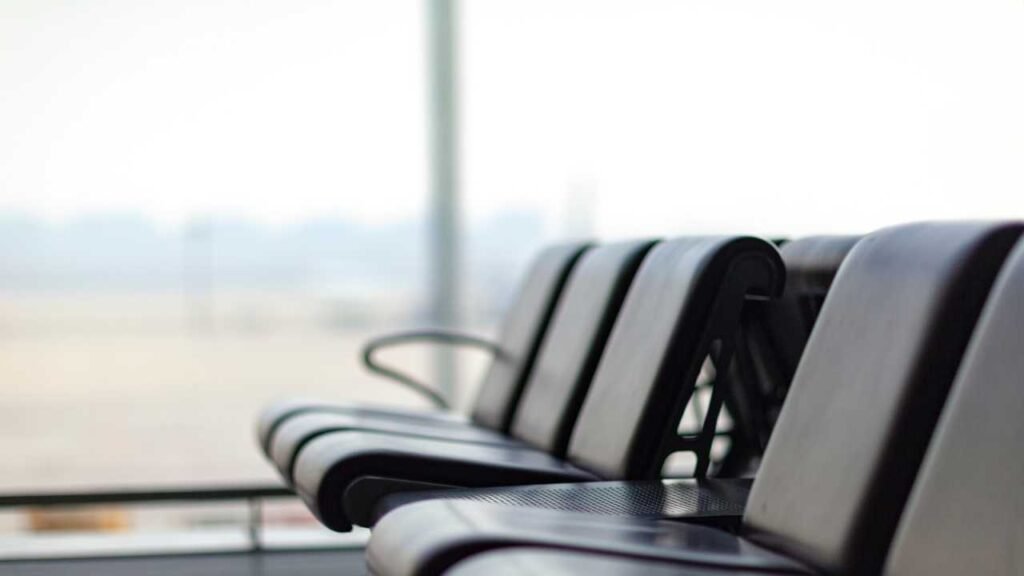- Home
- Savannah/Hilton Head International Airport
Savannah/Hilton Head International Airport
Slip & Fall and Other Accidents at Savannah/Hilton Head International in Savannah/Hilton, Colorado
Slip and Fall and Other Accidents at Savannah/Hilton Head International Aiport in Savannah/Hilton, Colorado
Slips, trips, and other mishaps are common in busy terminals like Savannah/Hilton Head International. Crowded walkways, wet floors and loose mats can turn a routine step into an injury. If you are hurt, report the incident, save your boarding pass and receipts, and seek medical care promptly so your recovery and any claim start on solid ground.

Frequent Injuries Reported at Savannah/Hilton Head International
Slip & Fall Accidents at Savannah/Hilton Head International Aiport
Slip and fall accidents consistently rank high of passenger harm in busy terminals.
Hazards typically stem from wet floors from cleaning, which can surprise even careful walkers.
High-risk spots tend to be restrooms and food courts, where tight turnarounds increase exposure.
Many incidents arise from delayed cleanup.
Property operators are expected to inspect and correct hazards promptly under common safety policies.
Negligence is established through lack of staff in known trouble areas.
Injuries often include back and neck strains, derailing trips.
Right after a fall, report the incident to staff and note names and times.
Useful evidence includes close-ups of any liquid or debris.
Surveillance footage may be retained briefly, so identify camera locations you observed as soon as possible.
Multiple parties can be on the hook, including a janitorial contractor, depending on contract terms.
Comparative fault does not automatically defeat a claim, so do not self-blame prematurely.
Deadlines to file often range from one to three years, making it important to track the limitation period.
Compensation may cover pain and suffering, with consistent treatment records strengthening valuation.
When contacted by insurers, decline recorded interviews until you’ve spoken with counsel.
A focused legal review can pinpoint liable parties and frames settlement value.
Vehicle Accidents at Savannah/Hilton Head International Airport
Airport vehicles such as passenger buses at Savannah/Hilton Head International in Savannah/Hilton, Colorado may cause severe accidents.
These crashes frequently happen near loading docks, where pedestrian safety is often overlooked.
Common causes include sudden backing without spotters.
Risk spikes during weather delays, when vehicle traffic is rerouted.
Danger zones often involve tight turns by loading docks.
Responsibility can fall on a shuttle operator for poor supervision.
Right after an impact, report the incident immediately and seek medical evaluation.
Helpful evidence includes photos or video of the scene and vehicle.
Preservation requests should include vehicle GPS and telematics logs.
Typical injuries often involve knee, hip, or shoulder damage, so document symptoms.
Comparative fault is weighed against the operator’s duty to drive safely, even if you stepped outside a marked crosswalk.
Time limits vary by state, so track the deadline early.
Compensation often considers future care and pain and suffering, and expert opinions strengthen valuation.
If you’re exploring a claim, consult a lawyer experienced with airport operations and vehicle incidents.
Jet Bridge & Boarding Accidents at Savannah/Hilton Head International
Boarding areas and jet bridges at Savannah/Hilton Head International in Savannah/Hilton, Colorado are prone to equipment failure, causing falls, sprains, and fractures.
Responsibility often falls on airport contractors, especially when they neglect inspections.
Baggage Claim Accidents at Savannah/Hilton Head International
The baggage claim area of Savannah/Hilton Head International can be tightly packed, which heightens the chance of accidents.
jammed conveyor belts result in serious harm while passengers collect their bags.
Risk factors include sudden belt restarts.
Crowding limits room to avoid falling items, especially during peak arrivals.
High-risk zones include the first drop point where bags appear.
Common injuries often involve foot and ankle trauma from dropped suitcases.
Contributing errors include delayed cleanup of spills.
If a mishap occurs, ask for a supervisor and request an incident number.
Capture evidence like names and numbers of witnesses.
Act quickly to note pain that worsens after leaving the airport to support future claims.
Potentially responsible parties can involve a baggage system maintenance vendor.
Liability often turns on training and staffing levels at the carousel.
Comparative fault is weighed against the operator’s duty to keep the area safe.
Time limits to file vary by jurisdiction, so act promptly.
Recoverable damages may include lost income and travel disruptions, and organized documentation strengthen the case
Security Checkpoint Injuries at Savannah/Hilton Head International Airport
Security checkpoints at Savannah/Hilton Head International can cause injuries, especially when scanners malfunction.
Common hazards include pinches and strikes from rollers, which result in preventable harm.
Bottlenecks increase rushing and confusion, particularly when multiple lanes close unexpectedly.
Contributing factors can involve poorly placed warning signs.
Injuries commonly include soft tissue injuries that disrupt travel plans.
After an incident, report it to the TSA or checkpoint supervisor and seek medical evaluation the same day.
Useful evidence includes close-ups of signage placement.
Video and data sources cleaning schedules and inspection sheets, so send a prompt preservation request.
Responsibility can include TSA or its contractors, depending on who controlled the checkpoint.
Comparative fault does not automatically bar recovery, even if you carried multiple items.
Deadlines to file can be shorter when public entities are involved, so act promptly.
Compensation may include future care needs, and early evidence preservation strengthen valuation.
Worker Accidents at Savannah/Hilton Head International
Employees at Savannah/Hilton Head International in Savannah/Hilton, Colorado face exposure to workplace hazards.
Many of these incidents are linked to poor safety standards if employers maintained equipment correctly.
International Airport Accidents Linked to Savannah/Hilton Head International Airport
International travelers injured at Savannah/Hilton Head International in Savannah/Hilton, Colorado may face challenges with foreign laws.
Because Savannah/Hilton Head International connects Savannah/Hilton to international carriers, liability often becomes legally complex.
Escalator & Elevator Accidents at Savannah/Hilton Head International
Escalators and elevators inside Savannah/Hilton Head International in Savannah/Hilton, Colorado can malfunction, causing serious passenger injuries.
Responsibility may lie with maintenance contractors when inspection is neglected.
Shuttle Bus & Ground Transportation Accidents at Savannah/Hilton Head International Airport
Shuttle buses, trams, and ground transportation vehicles at Savannah/Hilton Head International in Savannah/Hilton, Colorado can suddenly stop, injuring airport visitors.
These accidents often occur on narrow service roads, creating severe injury risks for residents of Colorado.
Parking Lot & Curbside Accidents at Savannah/Hilton Head International Airport
Parking lots and curbside zones at Savannah/Hilton Head International in Savannah/Hilton, Colorado are common accident zones.
Hazards include poor lighting, leading to vehicle collisions.
Luggage Cart & Conveyor Belt Accidents at Savannah/Hilton Head International Airport
At Savannah/Hilton Head International in Savannah/Hilton, Colorado, runaway luggage carts or jammed conveyor belts can trap hands.
These incidents may result from airport operator negligence.
Food Court & Restaurant Accidents at Savannah/Hilton Head International Airport
Restaurants and food vendors inside Savannah/Hilton Head International in Savannah/Hilton, Colorado can cause burn injuries.
Liability often rests with airport restaurant operators when they leave floors unsafe.
Airport Construction Zone Accidents at Savannah/Hilton Head International
Renovation or construction areas inside Savannah/Hilton Head International in Savannah/Hilton, Colorado expose travelers to blocked walkways.
Injuries here may involve airport oversight failures.
Disabled Passenger Assistance Accidents at Savannah/Hilton Head International
Disabled passengers at Savannah/Hilton Head International in Savannah/Hilton, Colorado can be harmed during wheelchair or electric cart assistance.
Failures to train staff properly often lead to avoidable harm.
Boarding Stair & Ramp Accidents at Savannah/Hilton Head International
Portable boarding stairs and ramps at Savannah/Hilton Head International in Savannah/Hilton, Colorado may create slipping risks, causing serious injuries.
These accidents are especially common at gates without jet bridges.
Lost Luggage & Property-Related Injuries at Savannah/Hilton Head International
Lost luggage at Savannah/Hilton Head International in Savannah/Hilton, Colorado is not just inconvenient — it can create health risks, such as when safety gear is lost.
Travelers may pursue claims for damages linked to mishandling of personal property.
Airside & Tarmac Accidents at Savannah/Hilton Head International
Restricted airside areas at Savannah/Hilton Head International in Savannah/Hilton, Colorado expose workers and sometimes passengers to collisions.
These incidents are serious and often fall under negligence claims against contractors or airlines.
The steps you take in the immediate hours following your accident at Savannah/Hilton Head International in Savannah/Hilton, Colorado will influence whether you have a winning case and one that is rejected. These are the actions you need to follow.
See a Doctor Immediately After the Accident
The most important step is protecting your health. After an accident at Savannah/Hilton Head International in Savannah/Hilton, Colorado, it’s crucial to get examined immediately. Even if the injury feels minor, serious conditions such as head trauma, back injuries, or sprains can worsen later. Request first responders at the airport or go to the urgent care facility in Savannah/Hilton, Colorado and make sure you get a written medical report. This report from a doctor will support your claim when negotiating with insurers.
Record the Scene of the Accident
One of the most critical steps after an accident at Savannah/Hilton Head International in Savannah/Hilton, Colorado is to gather evidence. Use your mobile device to capture pictures of the unsafe condition such as wet floors. Make sure to record the hazard as clearly as possible and include signs posted nearby. Write down the gate, terminal, or concourse number and anything unusual you noticed. If there are other passengers who saw the incident, politely request their full name. This proof will support your claim when your lawyer pursues a settlement on your behalf.
Request Immediate Attorney Assistance
Contact Us for Legal Representation Once you’ve documented the scene at Savannah/Hilton Head International in Savannah/Hilton, Colorado, the next step is to speak with an attorney who understands airport accident claims. Airports and their risk managers will act quickly to minimize payouts, and without legal guidance you may be misled about your options. A qualified attorney can: Gather witness statements and camera footage Identify all liable parties File claims within strict legal timeframes Protect you against low-ball settlement offers Call our dedicated phone number now for a free consultation. By contacting us today, you can get answers about the process and make sure your accident at Savannah/Hilton Head International in Savannah/Hilton, Colorado leads to fair compensation.
Notify Airport Authorities Immediately
After an injury at Savannah/Hilton Head International in Savannah/Hilton, Colorado, it’s very important that you report it immediately. Go directly to airport management offices, or call the airport’s emergency number if you are unable to walk to a desk. Always request an incident report, and make sure it includes your full name as well as the date and time of the accident. This document serves as critical evidence that the accident occurred inside Savannah/Hilton Head International, and it can protect you if the airport denies responsibility. If the airport provides a case number, write it down and keep it safe.
Preserve All Records and Expenses
After an slip and fall at Savannah/Hilton Head International in Savannah/Hilton, Colorado, it’s very important to keep all receipts connected to your case. This includes medical bills, as well as boarding passes. Keep copies of emails or letters from airport staff along with your address. If you lost time from work, make sure to document missed wages to show how the accident at Savannah/Hilton Head International affected your income. Maintaining a complete record of expenses and correspondence will support your lawyer in building a solid case. Without this proof, the airport, airline, or their insurers may argue that damages were not connected to the incident.
Don’t Make Admissions That Hurt Your Claim
After an incident at Savannah/Hilton Head International in Savannah/Hilton, Colorado, it’s critical that you be careful with your words. Airline staff, airport security, or insurance representatives may request a statement while you’re still in shock. Anything you say could later be used to weaken your claim. Avoid saying it was your fault without first speaking to a lawyer. Instead, provide only basic details and let your attorney handle all negotiations. By avoiding harmful statements, you strengthen your legal case and allow your lawyer to speak on your behalf.
Frequent Ask Questions About Accidents in {aiport_name} Airport
What counts as an accident at Savannah/Hilton Head International Airport?
When we talk about “airport accidents” at Savannah/Hilton Head International Airport, we’re including multiple different hazards and situations. For example, accidents on escalators or elevators that suddenly stop. Danger doesn’t end at the security line — shops and food outlets inside Savannah/Hilton Head International Airport also see frequent slip and fall incidents. Ultimately, any situation where a traveler is harmed due to negligence, it may be classified as an compensable accident under the law.
Who can be held responsible after an accident at Savannah/Hilton Head International Airport?
Liability is not always straightforward and depends on the circumstances. It’s common that, the airport authority itself is responsible. Other groups may also share responsibility. Airlines may be accountable if an injury happened during boarding or deplaning. It’s not unusual for several defendants to be included in a single case involving Savannah/Hilton Head International Airport. Only an experienced lawyer can identify all potentially liable parties at Savannah/Hilton Head International Airport and make sure they are all held accountable.
What steps are most important after I’m injured at Savannah/Hilton Head International Airport?
The first and most urgent step is to seek medical attention. Early treatment also protects your health if hidden injuries exist. Next, report the accident to Savannah/Hilton Head International Airport staff. If possible, get a copy of the report or at least note who you spoke to. While still at the scene, take photos or videos. If others saw what happened, ask for their names and phone numbers. Finally, contact a lawyer quickly. Airports move fast to cover up hazards.
Should I hire a lawyer if I was hurt at Savannah/Hilton Head International Airport?
Nearly always, yes. You’re going up against airport authorities, airlines, and insurance companies. Trying to negotiate on your own usually leads to small settlements or rejected claims. A lawyer will gather evidence, subpoena security footage, review maintenance logs, and deal directly with insurance adjusters. That means you pay nothing upfront. So hiring a lawyer doesn’t add risk — it adds protection.
Am I allowed to hold the airline accountable if my accident happened while boarding or deplaning at Savannah/Hilton Head International Airport?
Absolutely. The airline has a duty of care once you are on the jet bridge or plane. Examples include jet bridges that collapse or shift, slippery surfaces during boarding, or flight crew negligence in assisting passengers. Sometimes both the airline and the airport share liability. If you were hurt during boarding or exiting, don’t assume you have no case — the airline may owe you compensation.
What kinds of compensation are available after an accident at Savannah/Hilton Head International Airport?
Depending on your case, you may be eligible for several categories of damages. You can claim compensation for current and future healthcare needs. If you missed work or can no longer perform your job, lost income is included. Pain and suffering is another key category. If you require ongoing care or special equipment, that can be part of your settlement. Without legal guidance, you risk settling for far less than you deserve.
Are accidents at Savannah/Hilton Head International Airport treated differently?
In most situations, these claims are not as straightforward as other injury cases. Airports often involve government entities, multiple contractors, and airlines. Different rules can apply depending on whether the airport is city-owned, private, or federally regulated. Airports are prepared to deny liability and minimize payouts. Airports are high-security, high-liability environments.
Can I still recover if Savannah/Hilton Head International Airport claims I caused my own injury?
It’s a common defense tactic for Savannah/Hilton Head International Airport to argue you were careless. You could still win money even if the airport proves you were partly responsible. If both you and the airport share blame, you may still collect a percentage of damages. The key is having a lawyer who knows how to fight back. Blame-shifting is a strategy to avoid paying, not proof you don’t have a case.
Do I have to pay upfront to hire a lawyer for an accident at Savannah/Hilton Head International Airport?
Most airport accident lawyers work on a contingency fee basis. This means you only pay if you win your case. You’ll know in advance how fees are handled. You get powerful legal support without worrying about cost. At the end of the day, legal representation usually results in far higher settlements, even after attorney fees are deducted.
